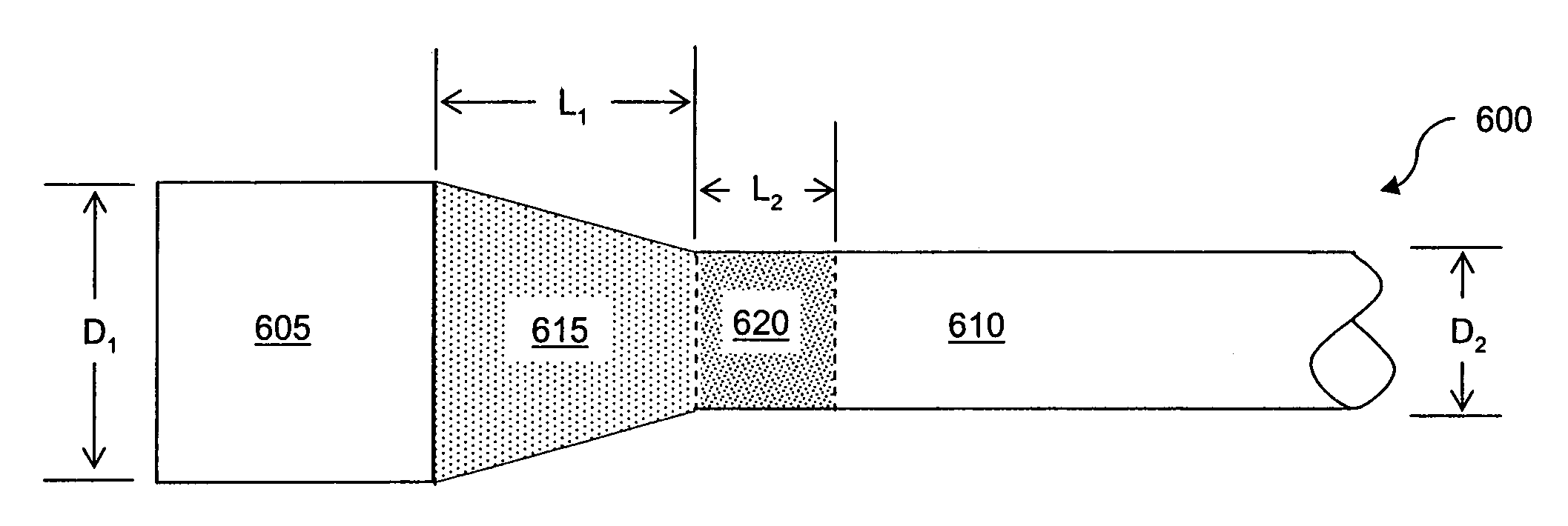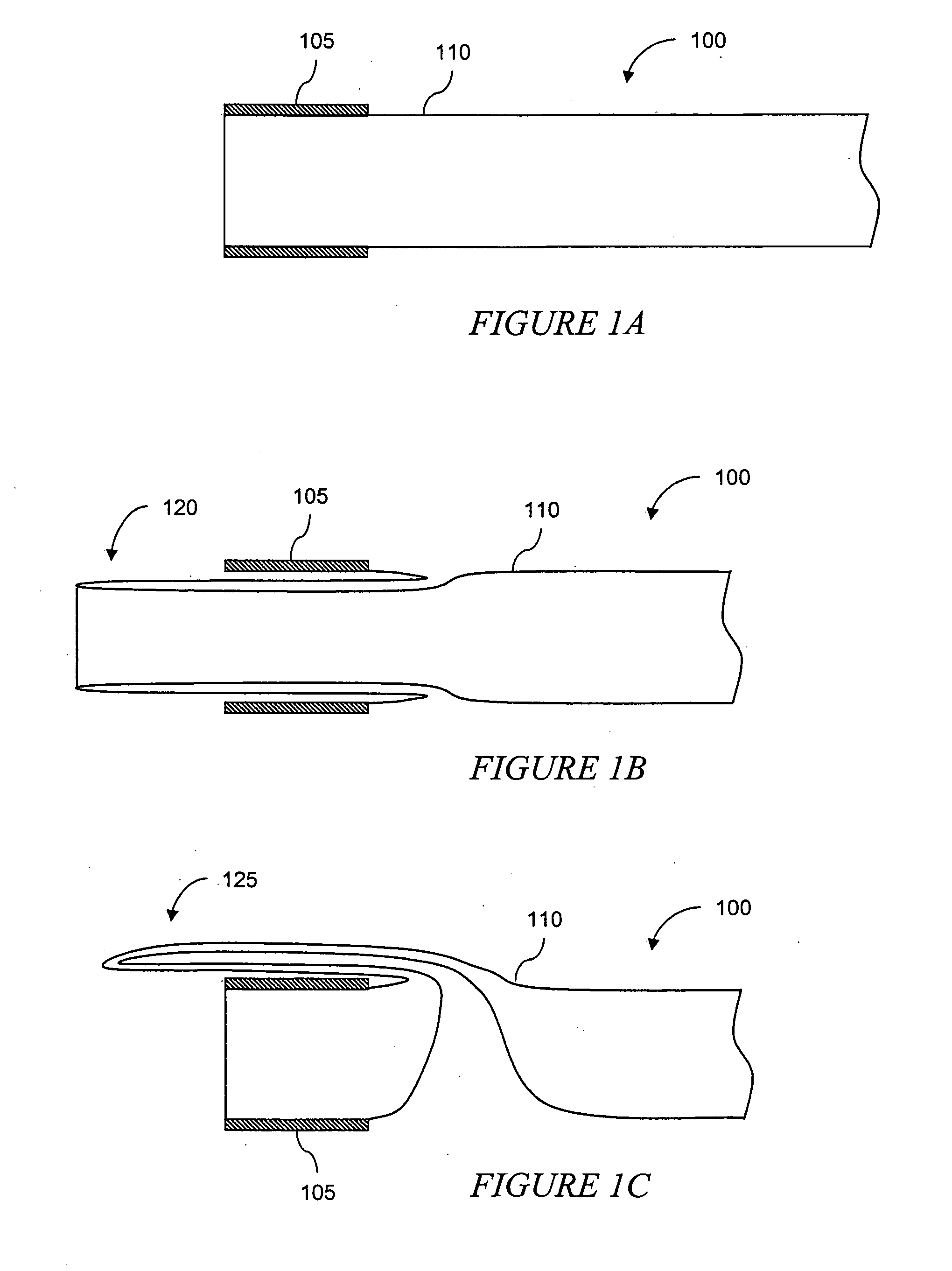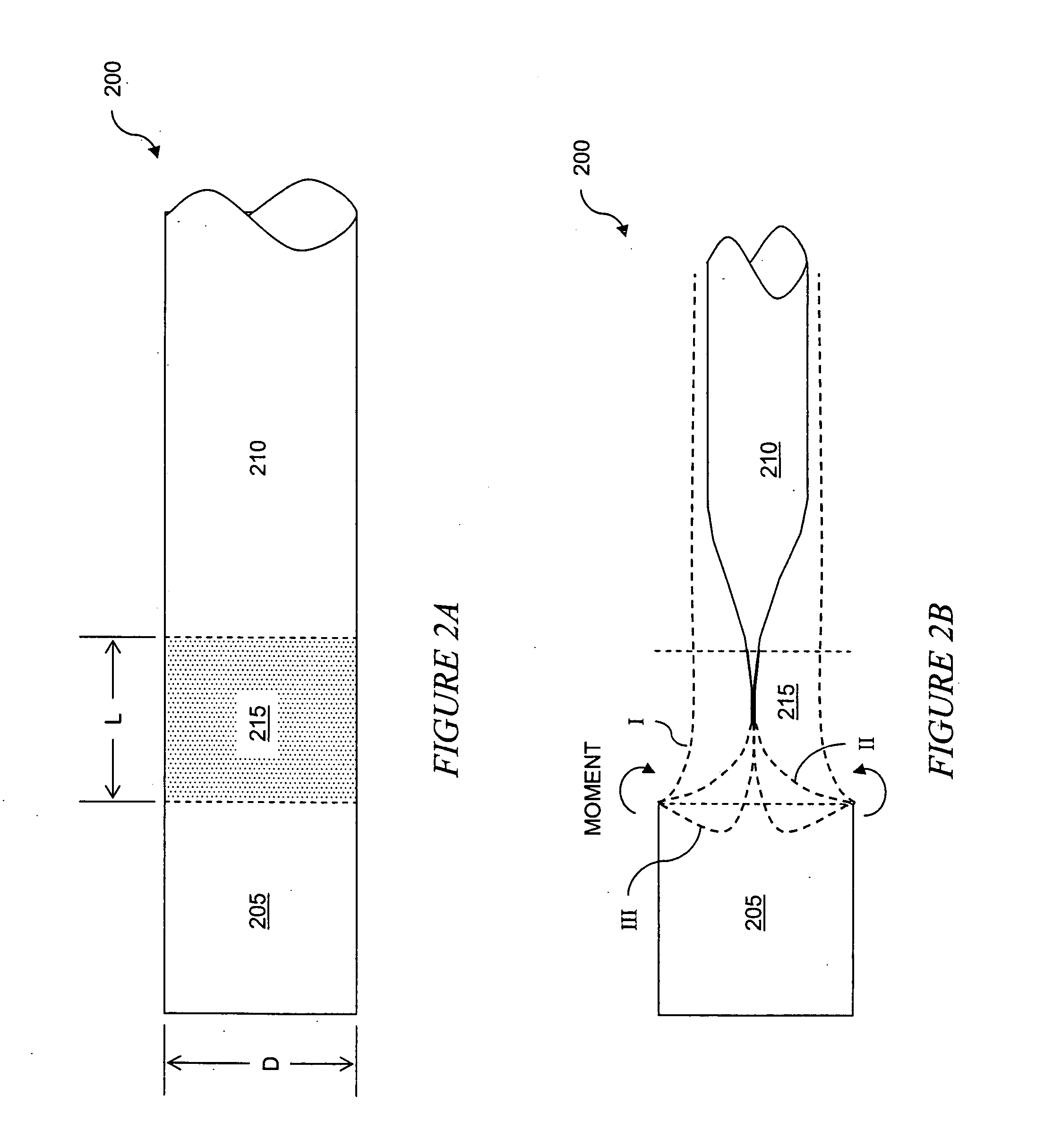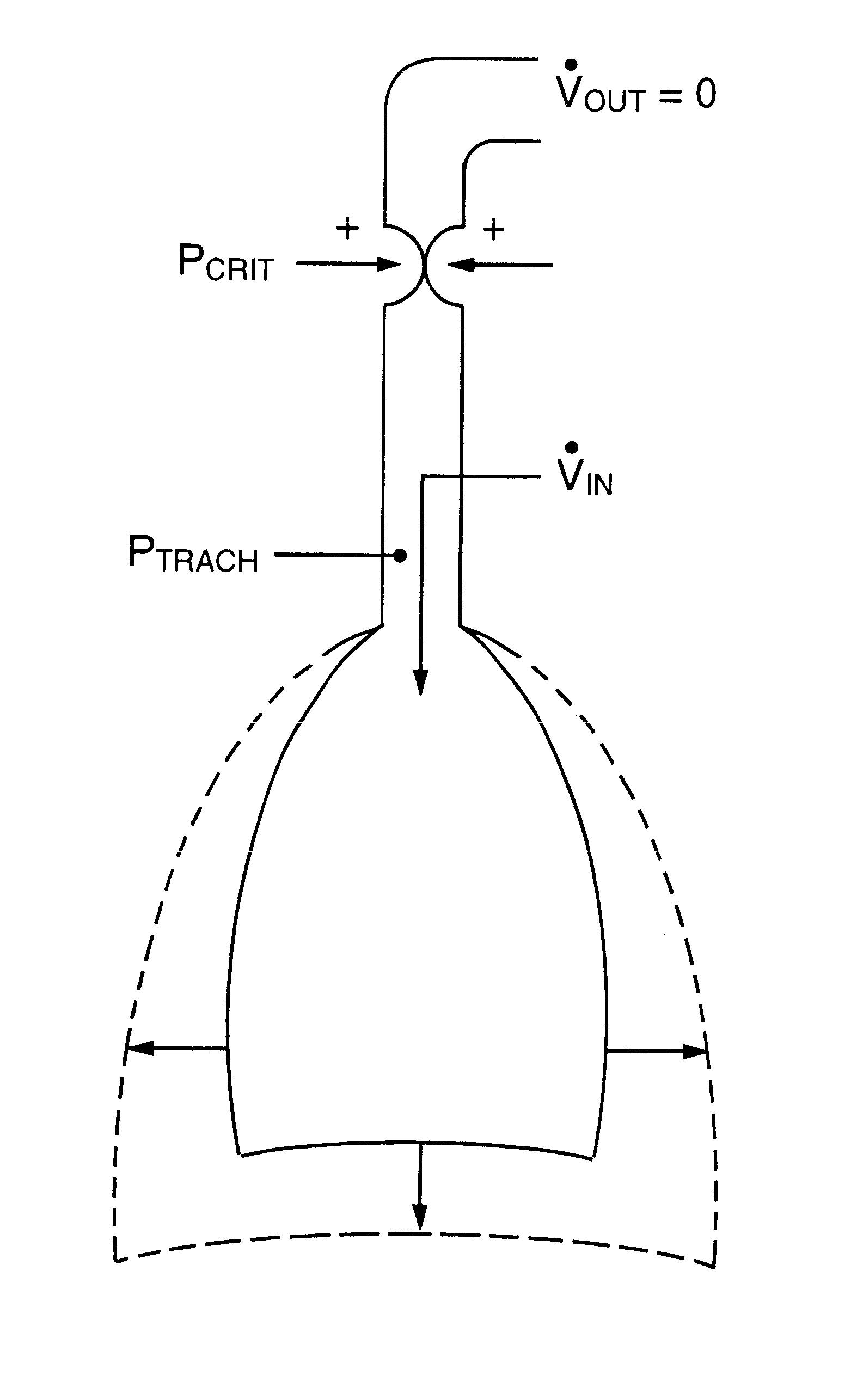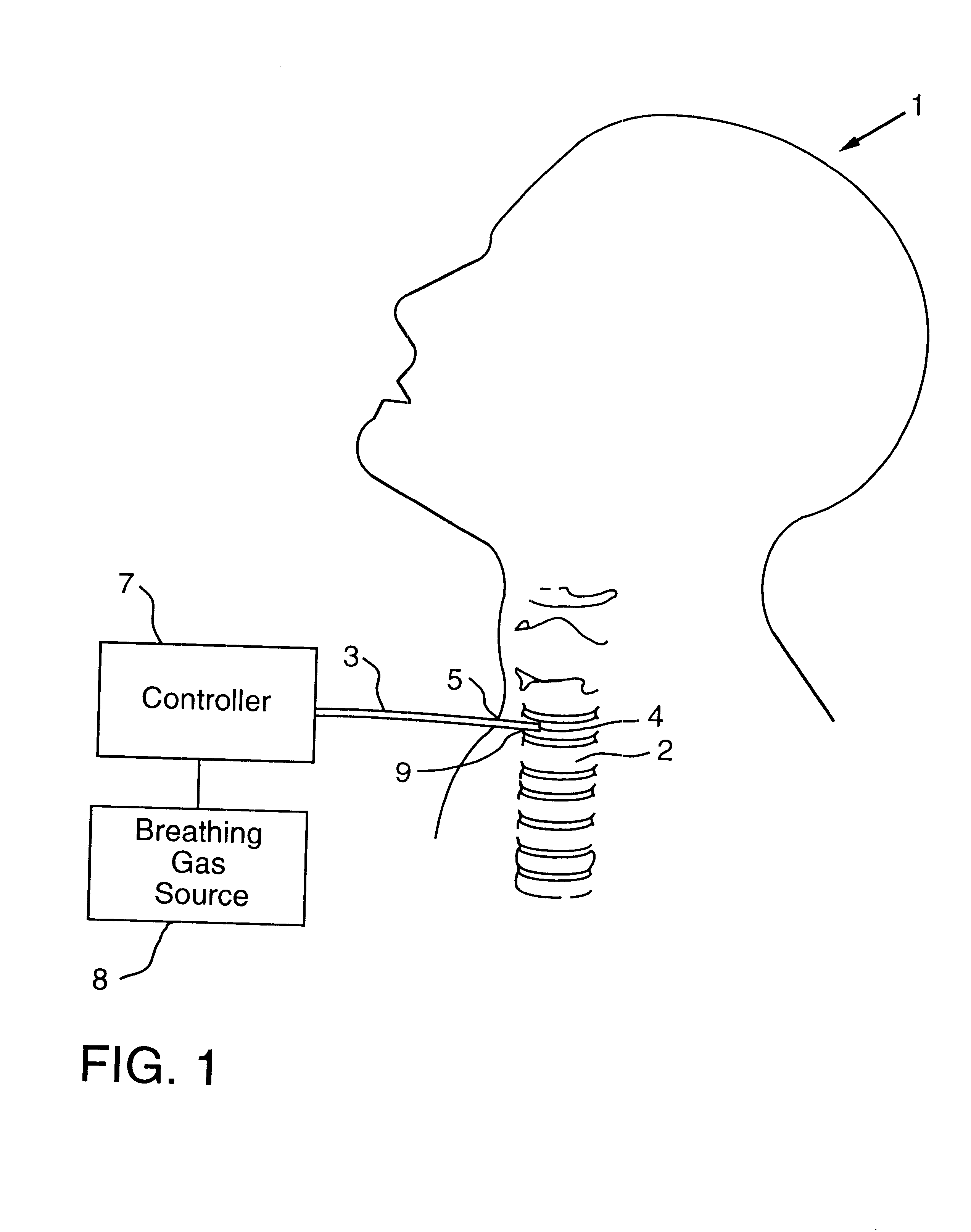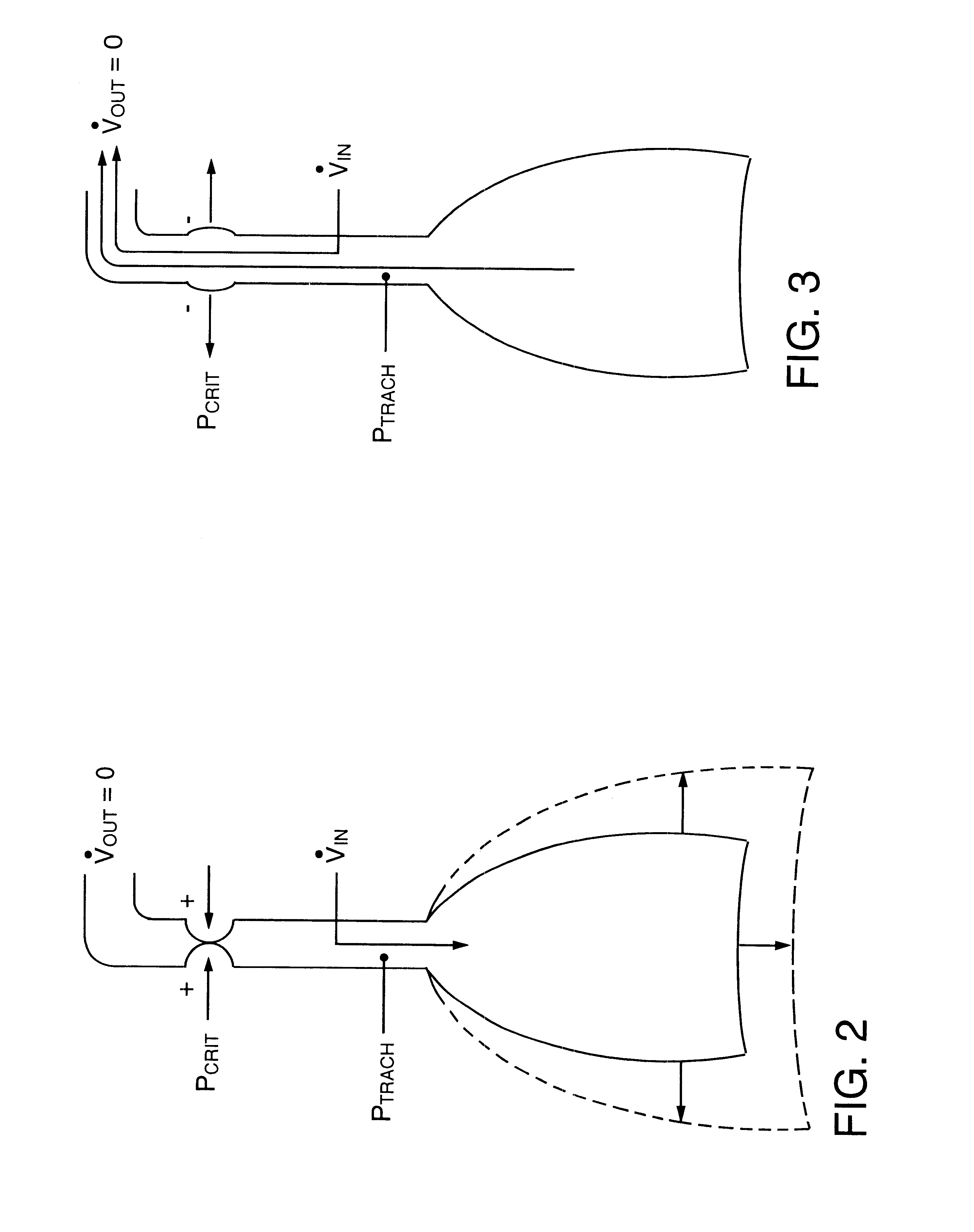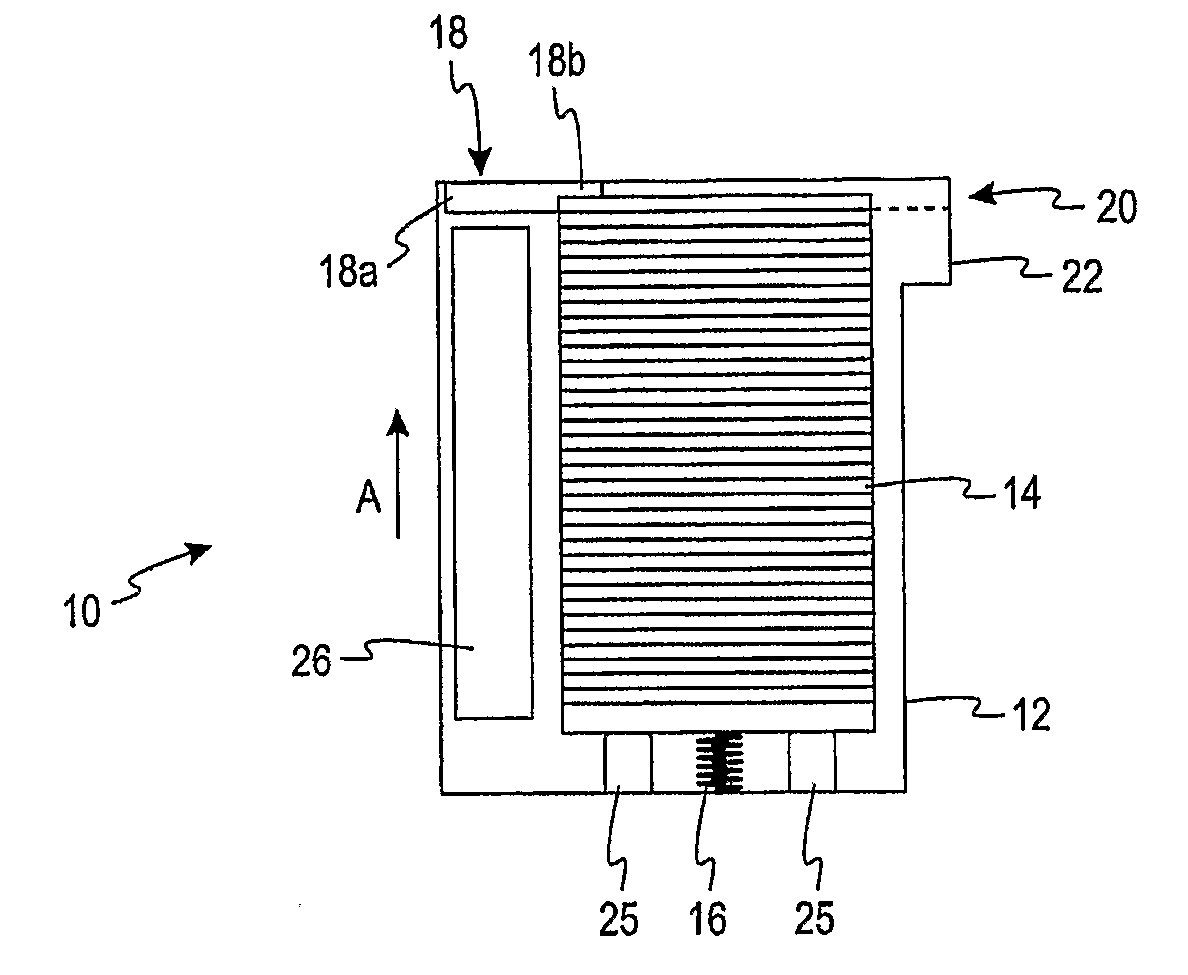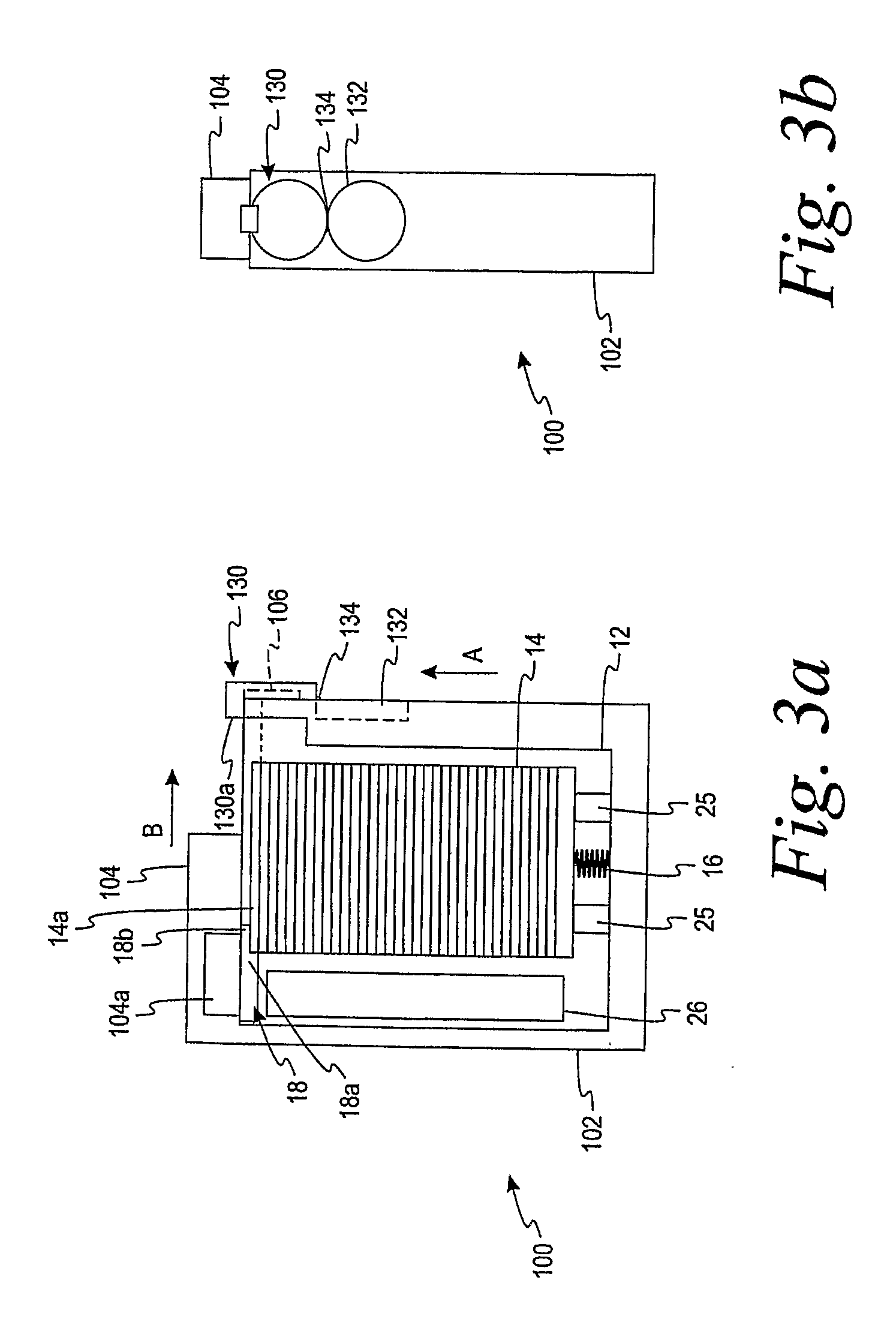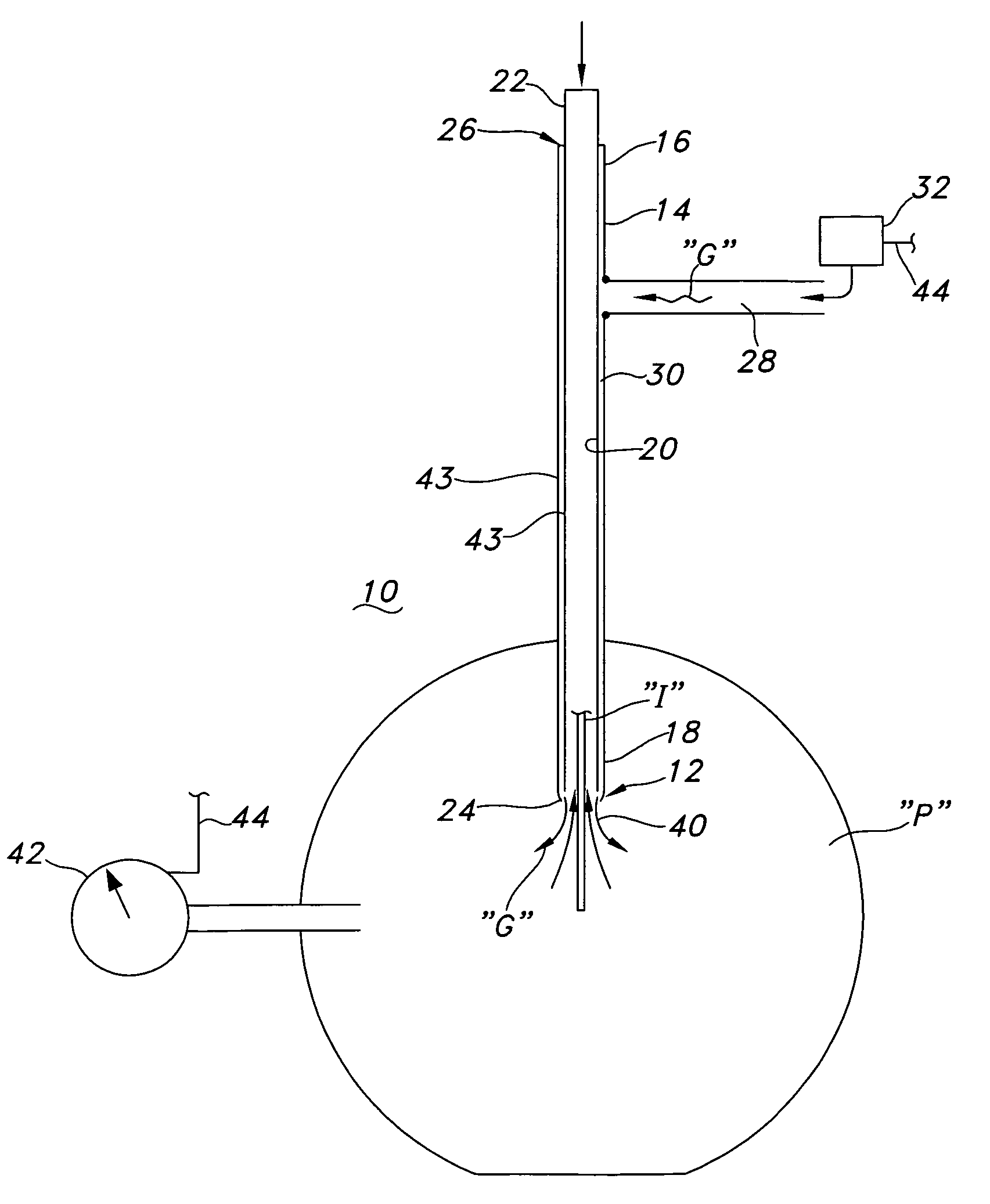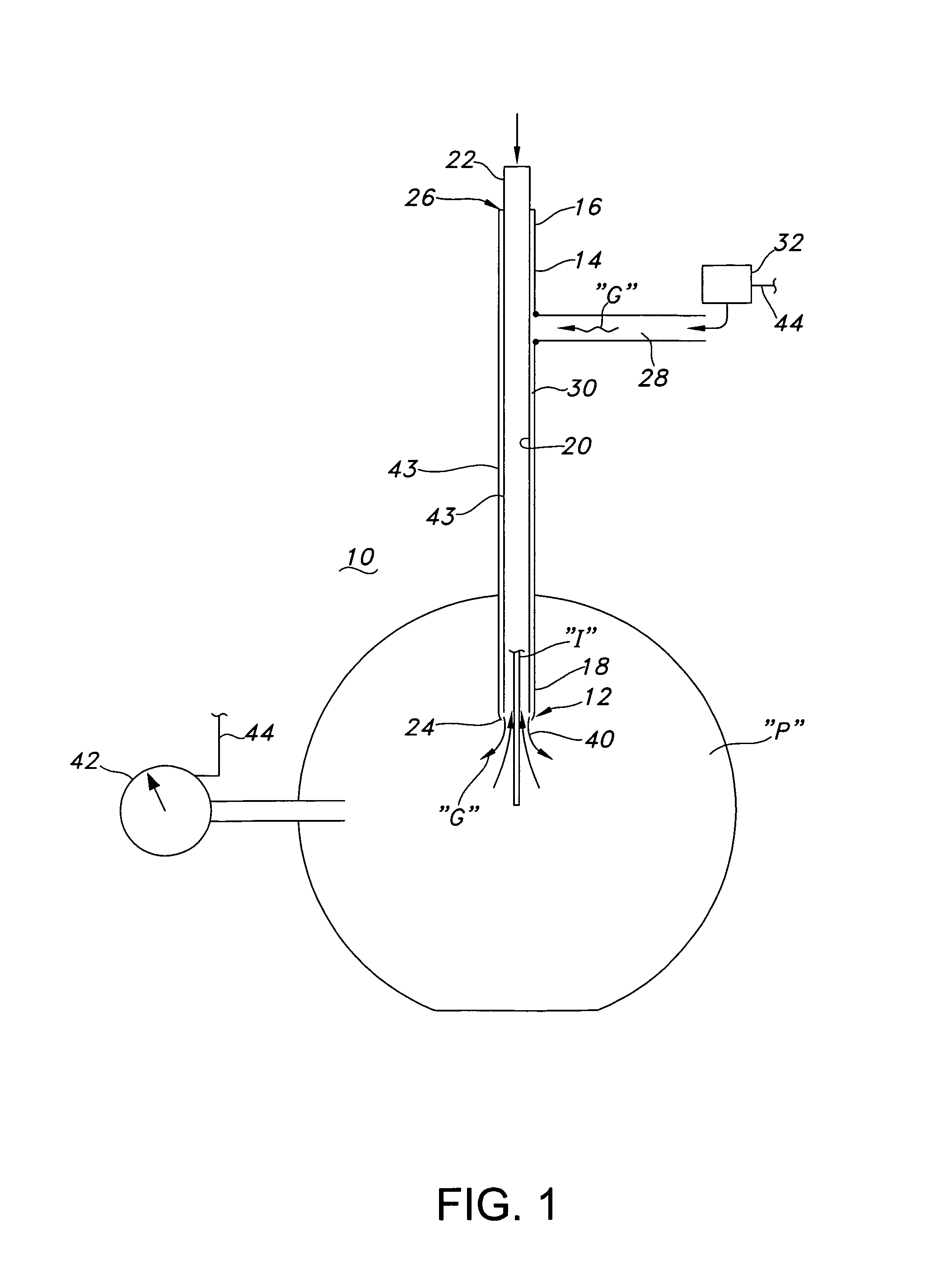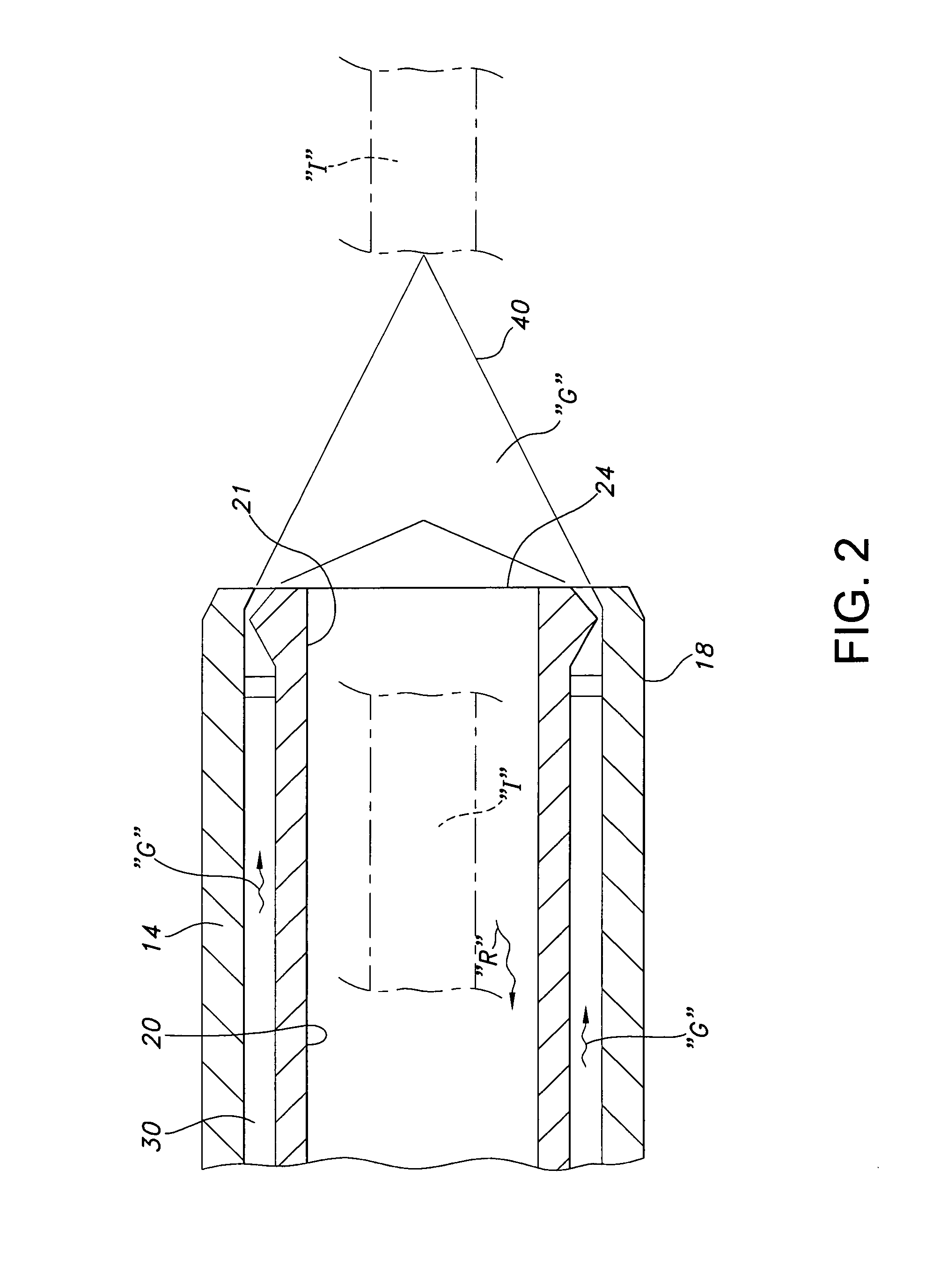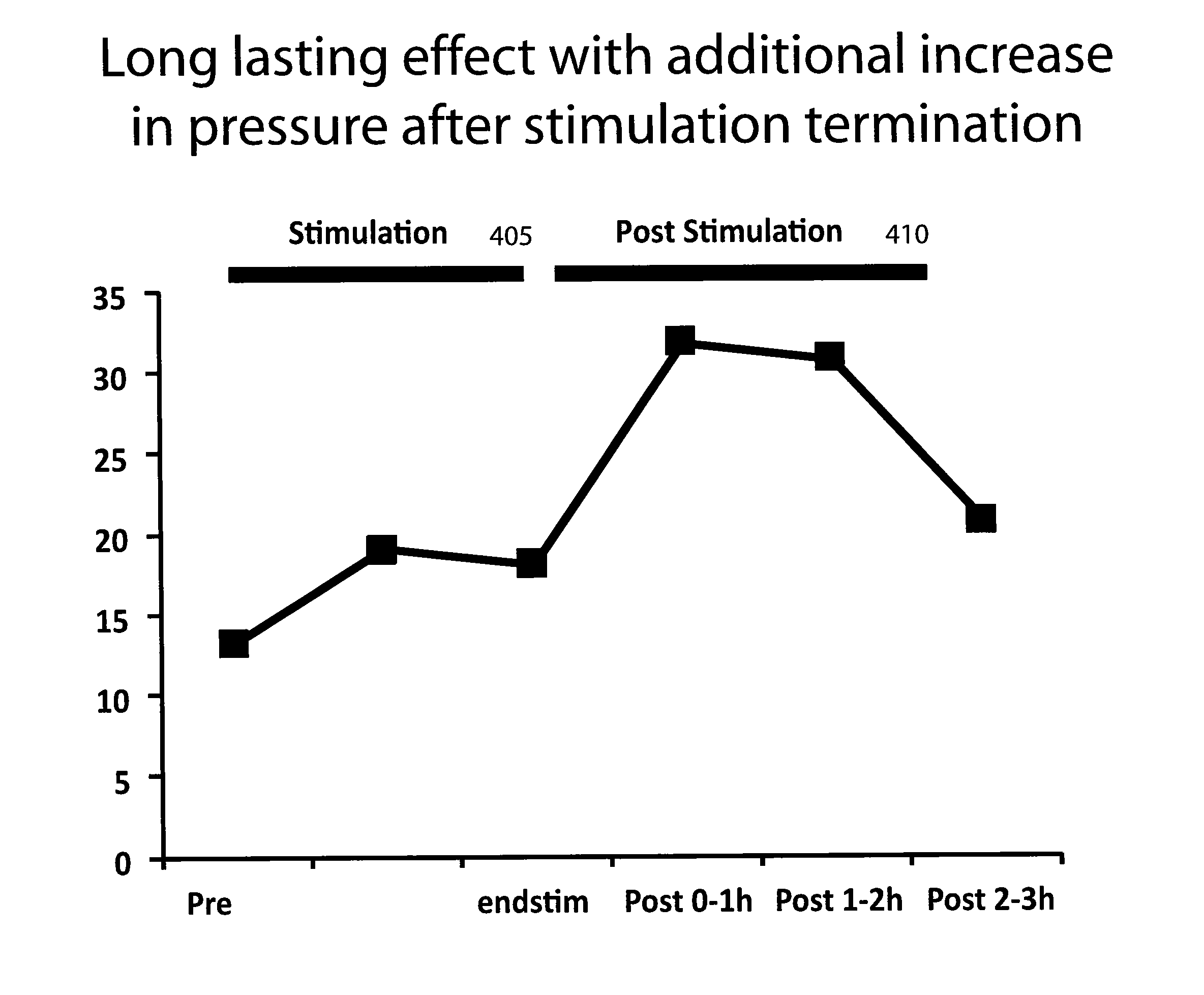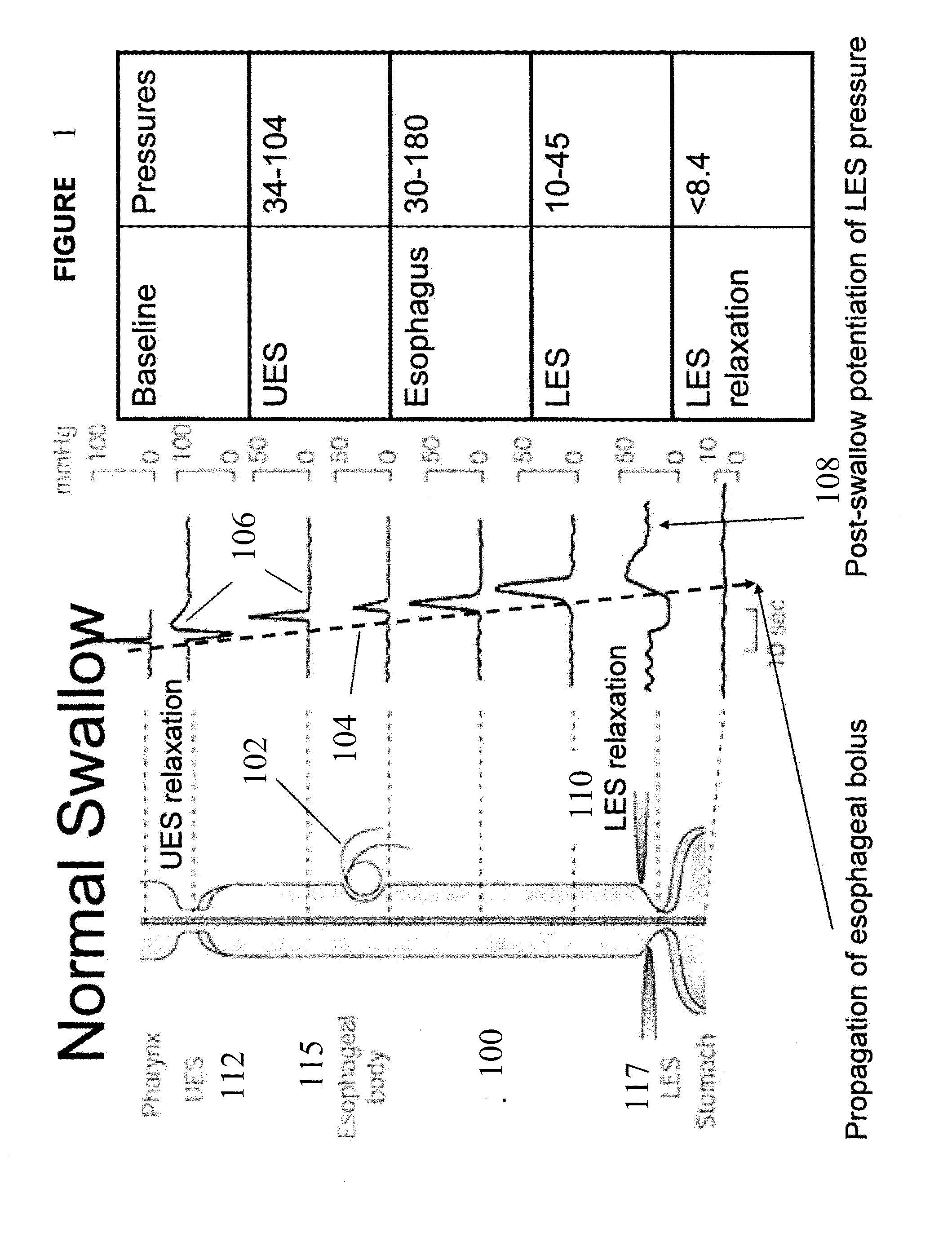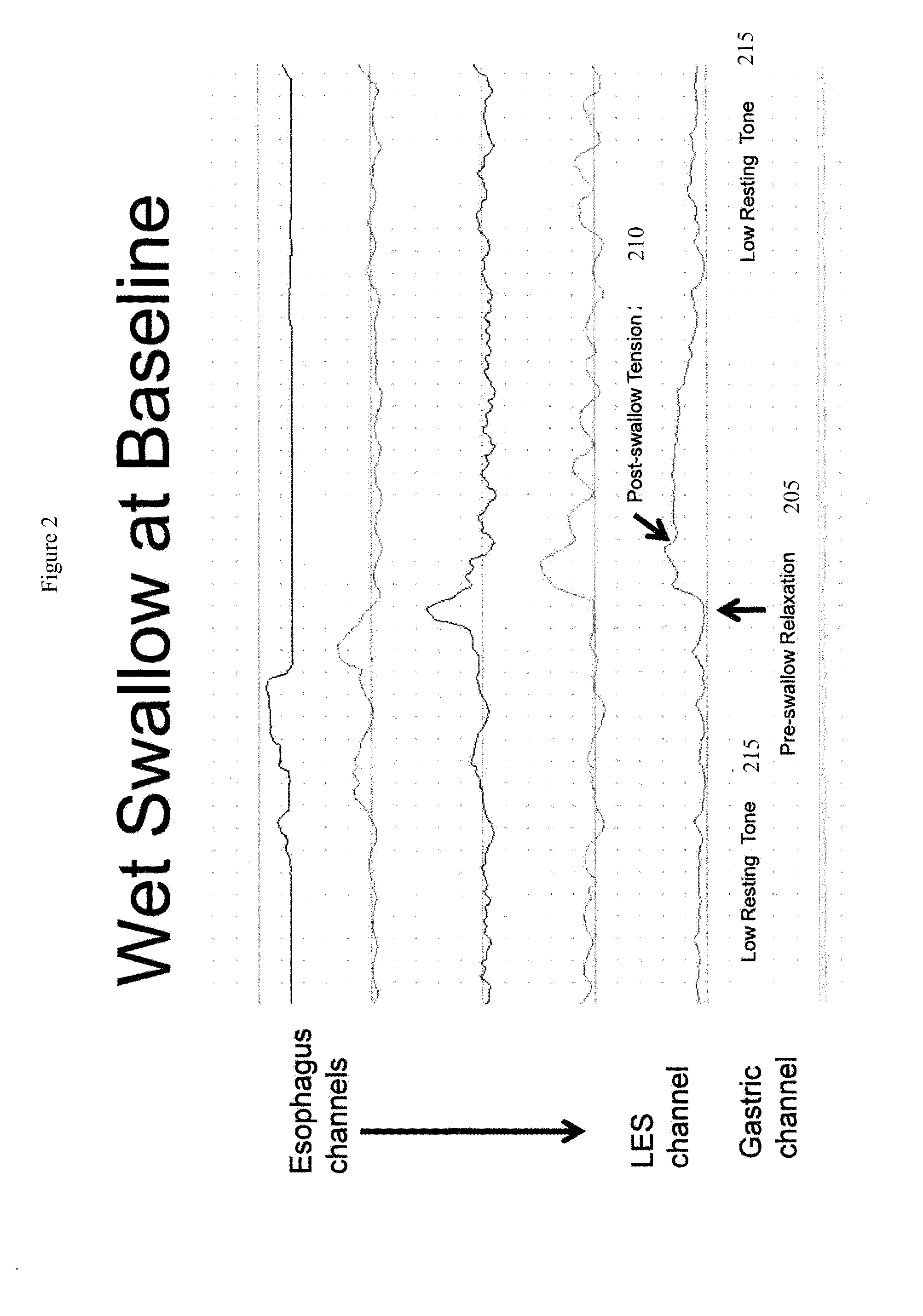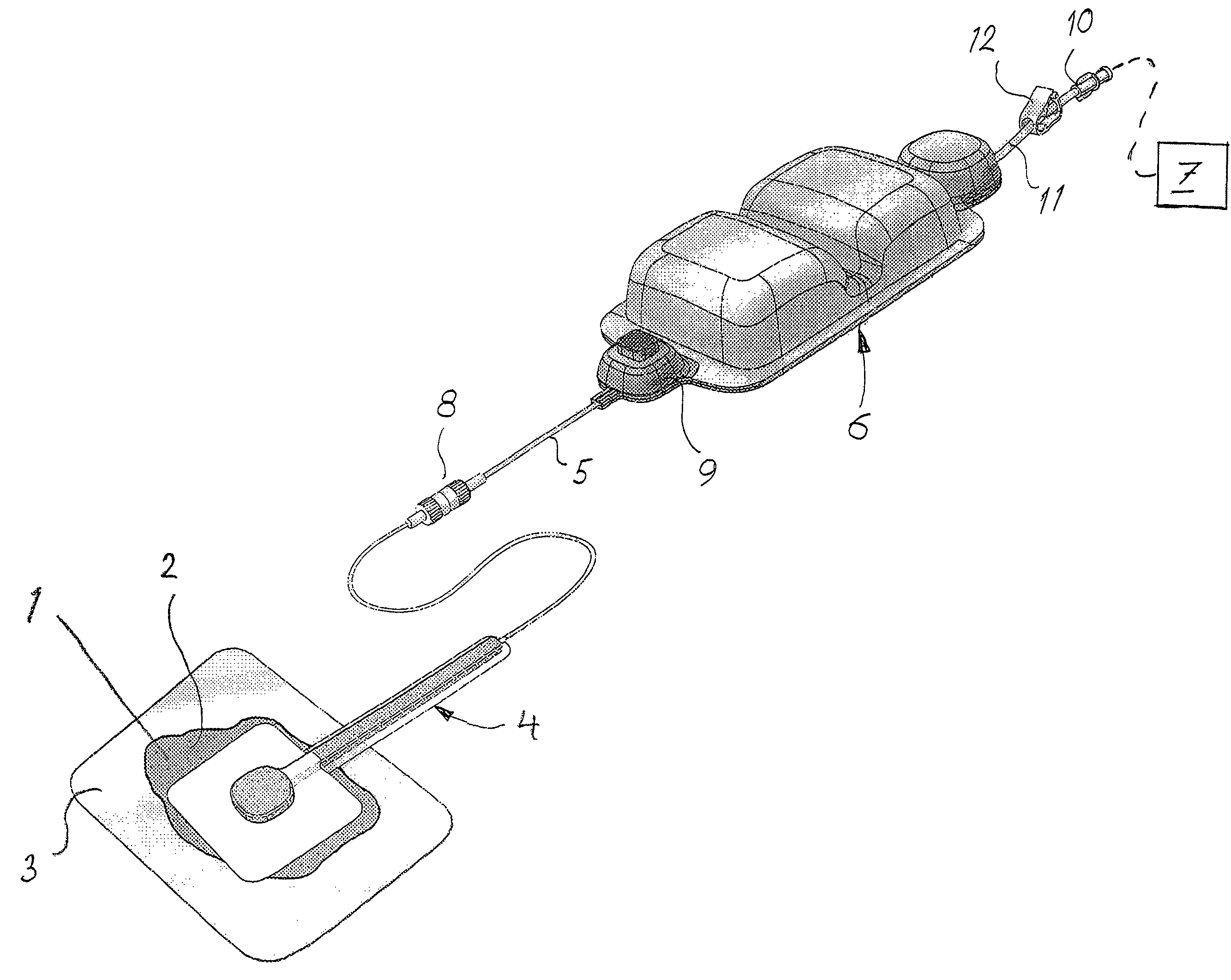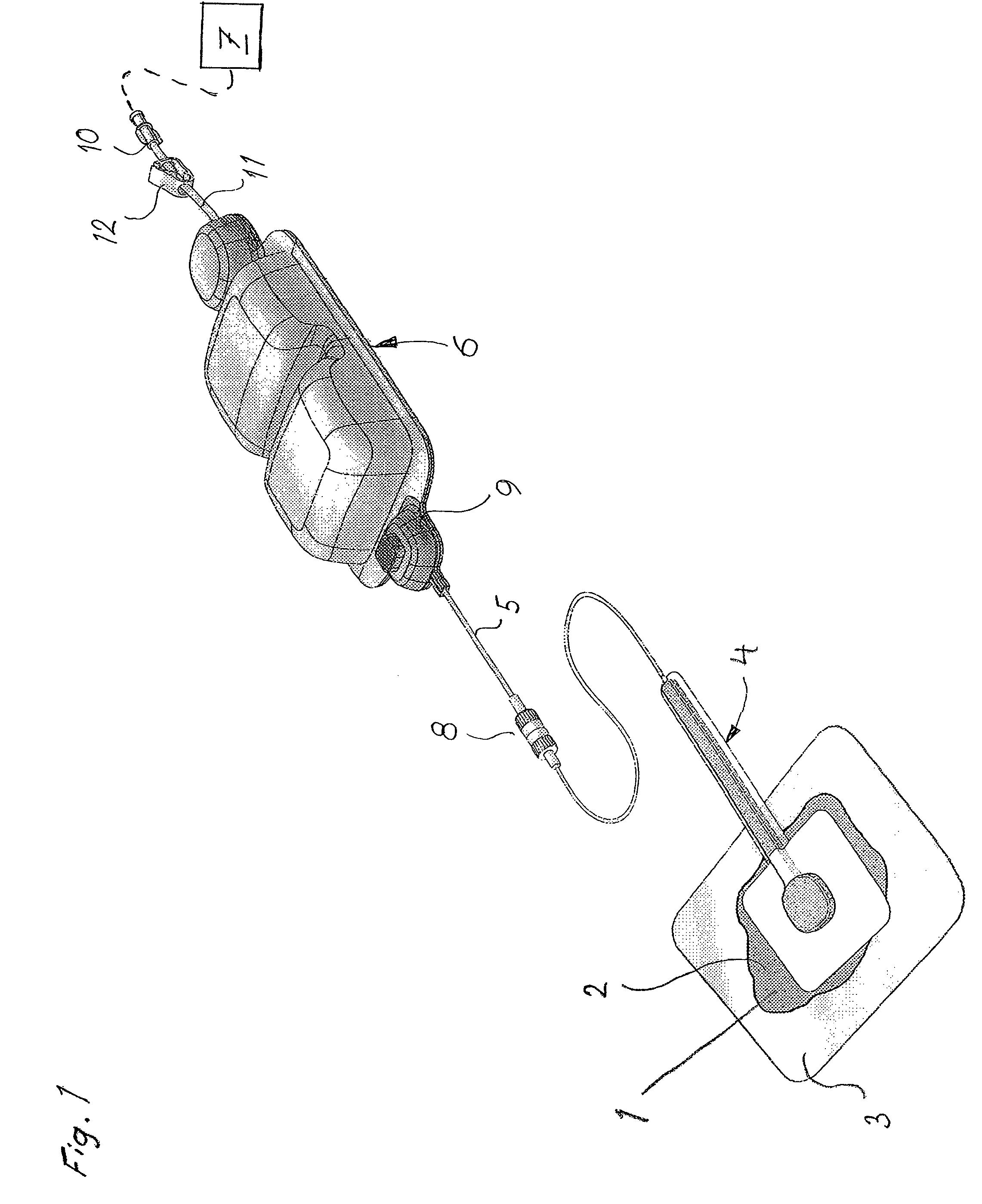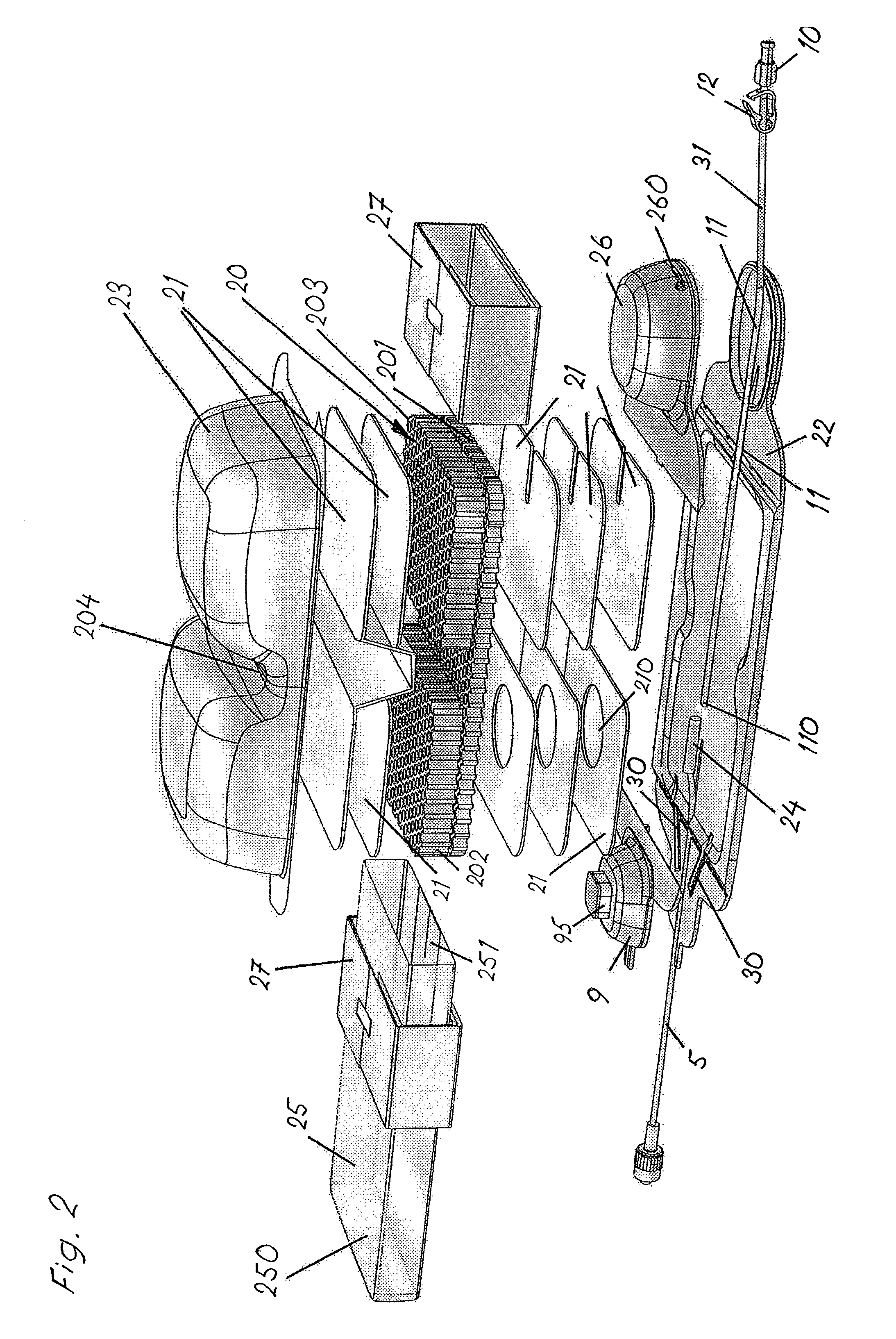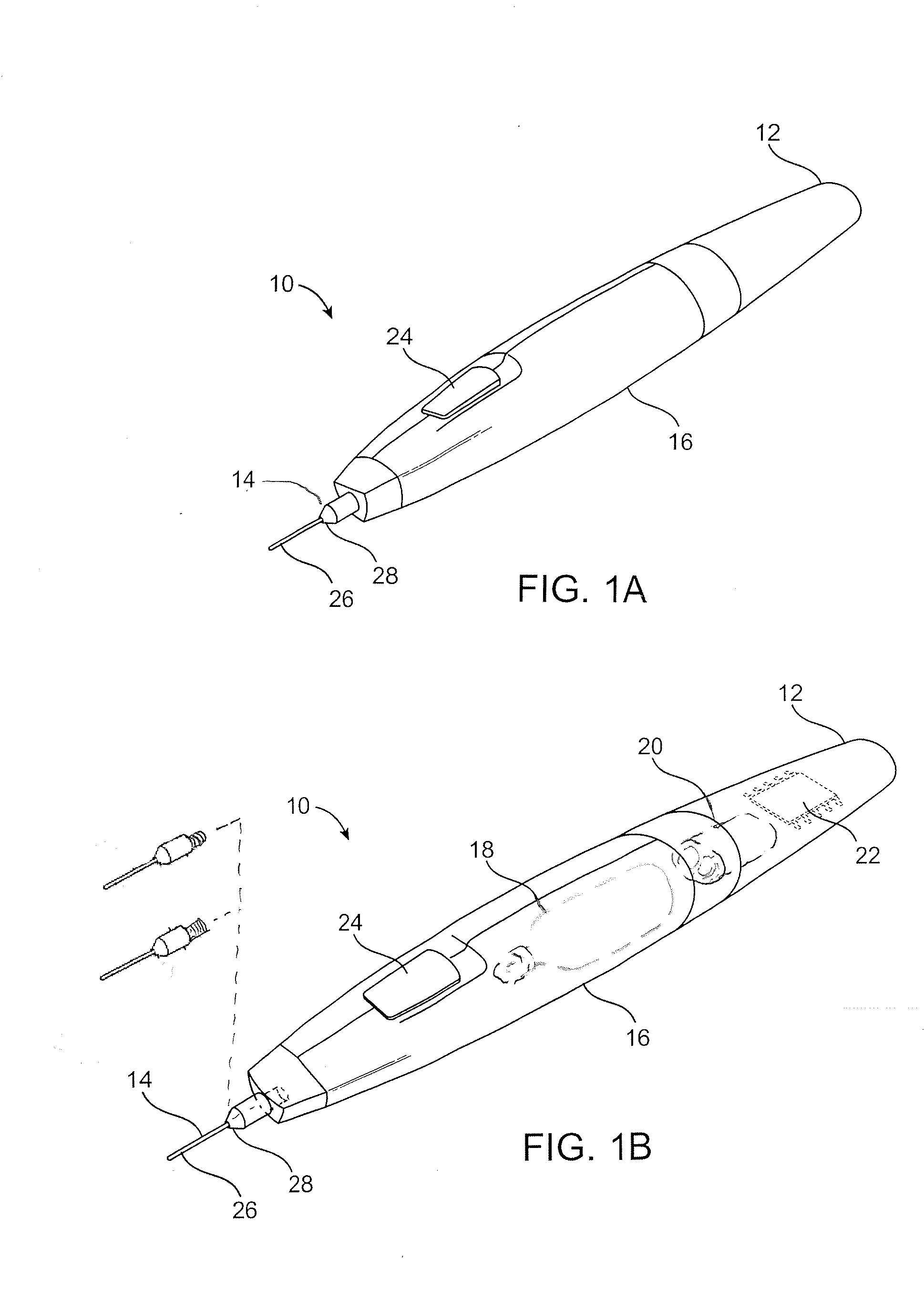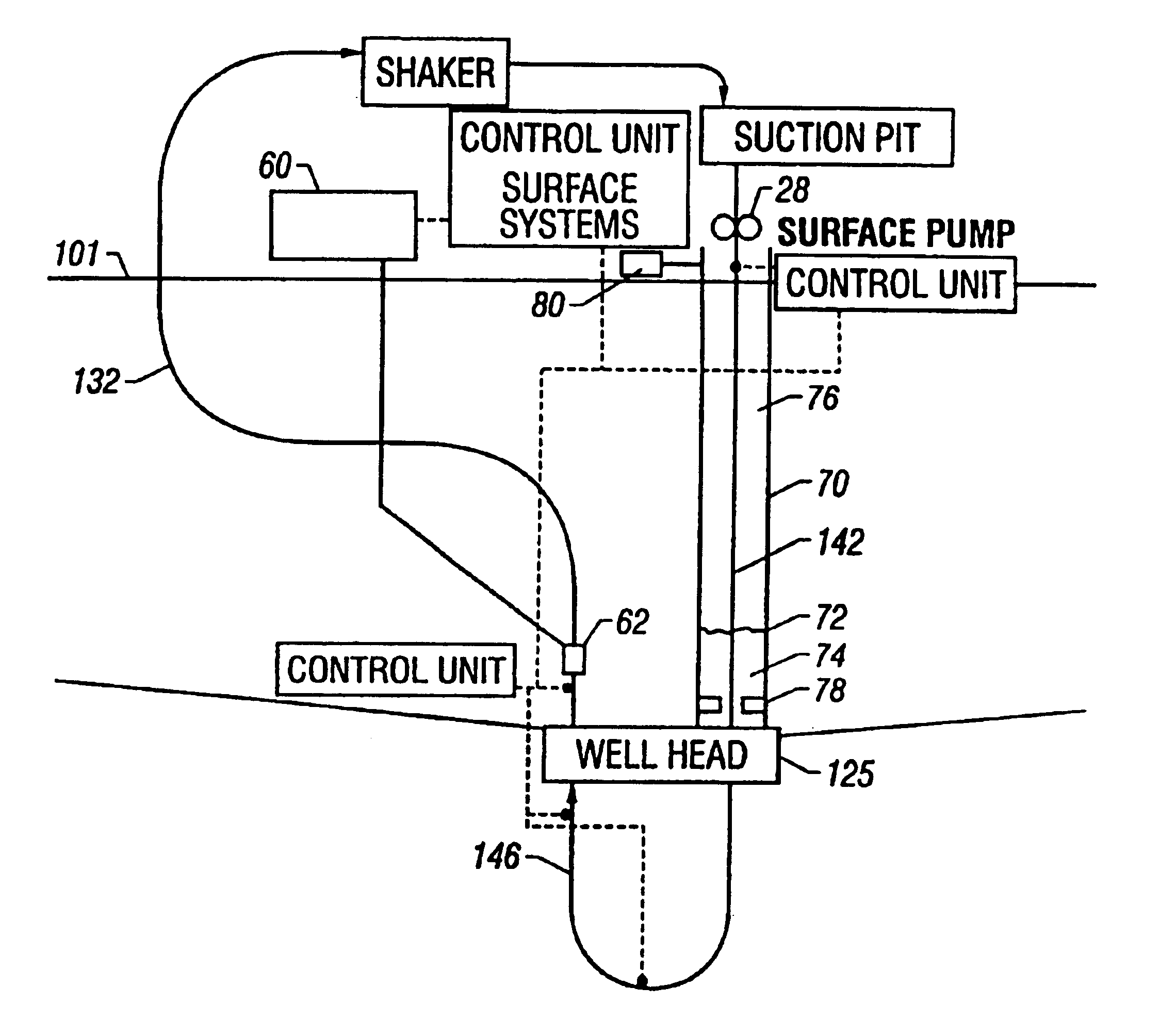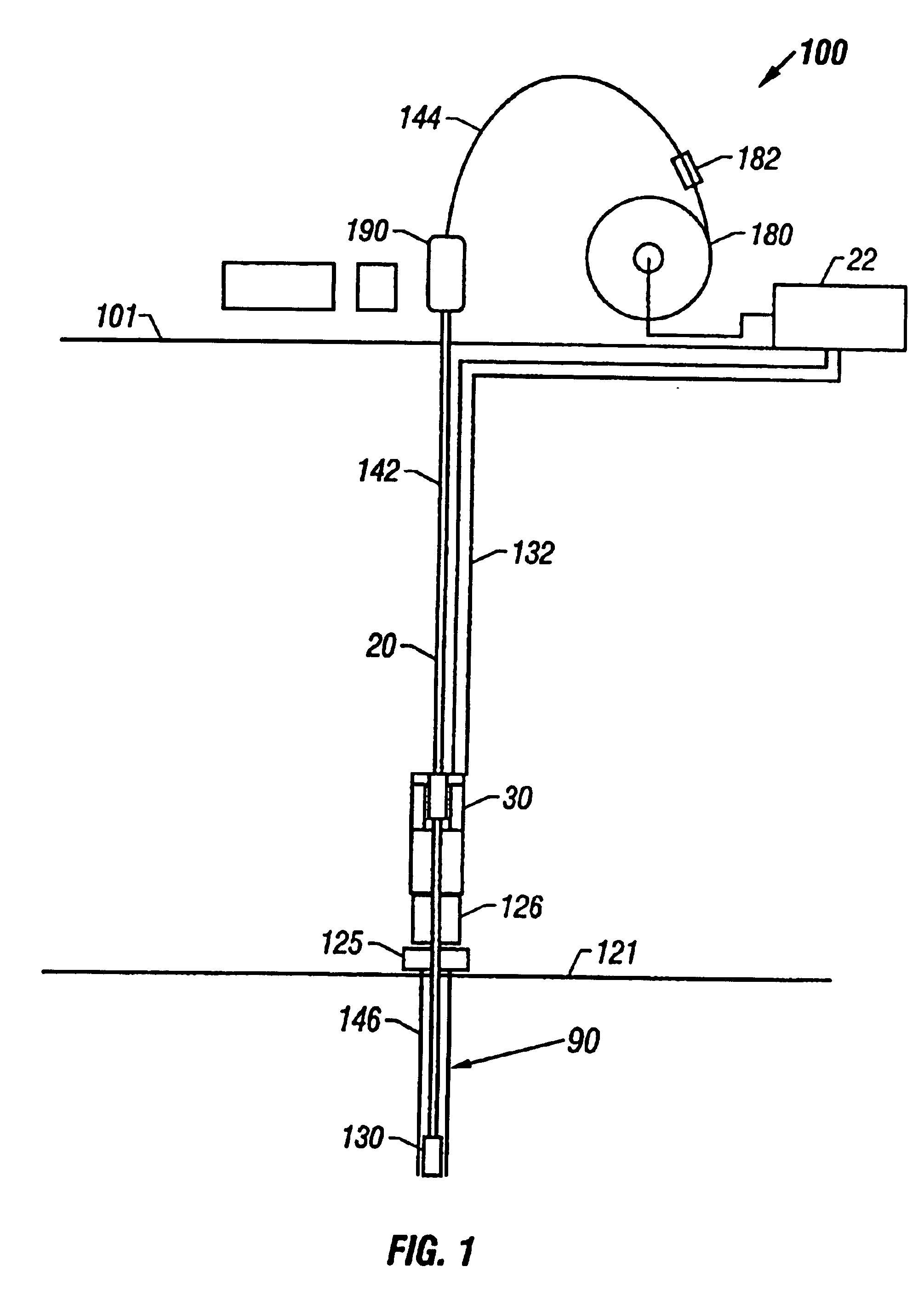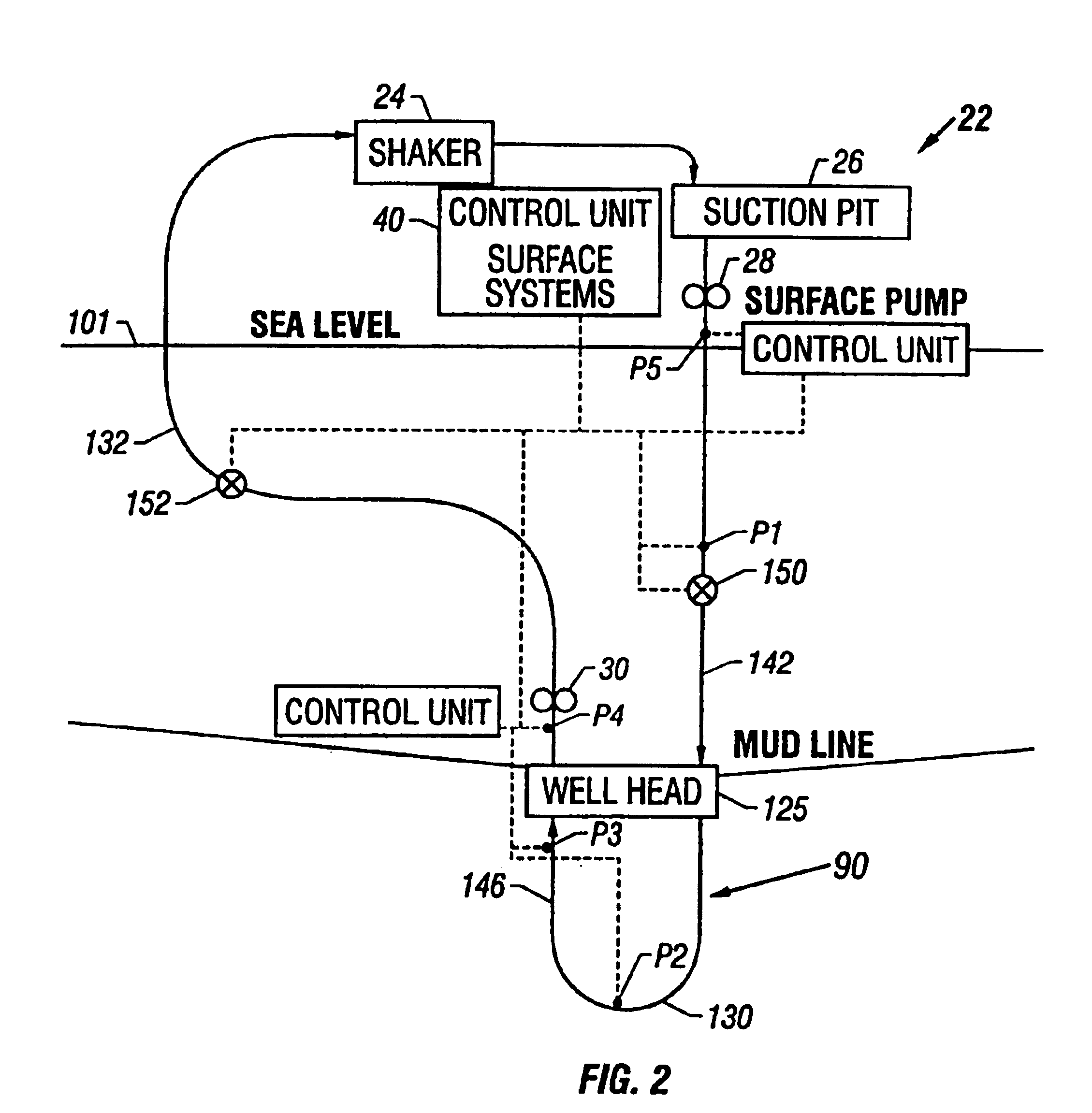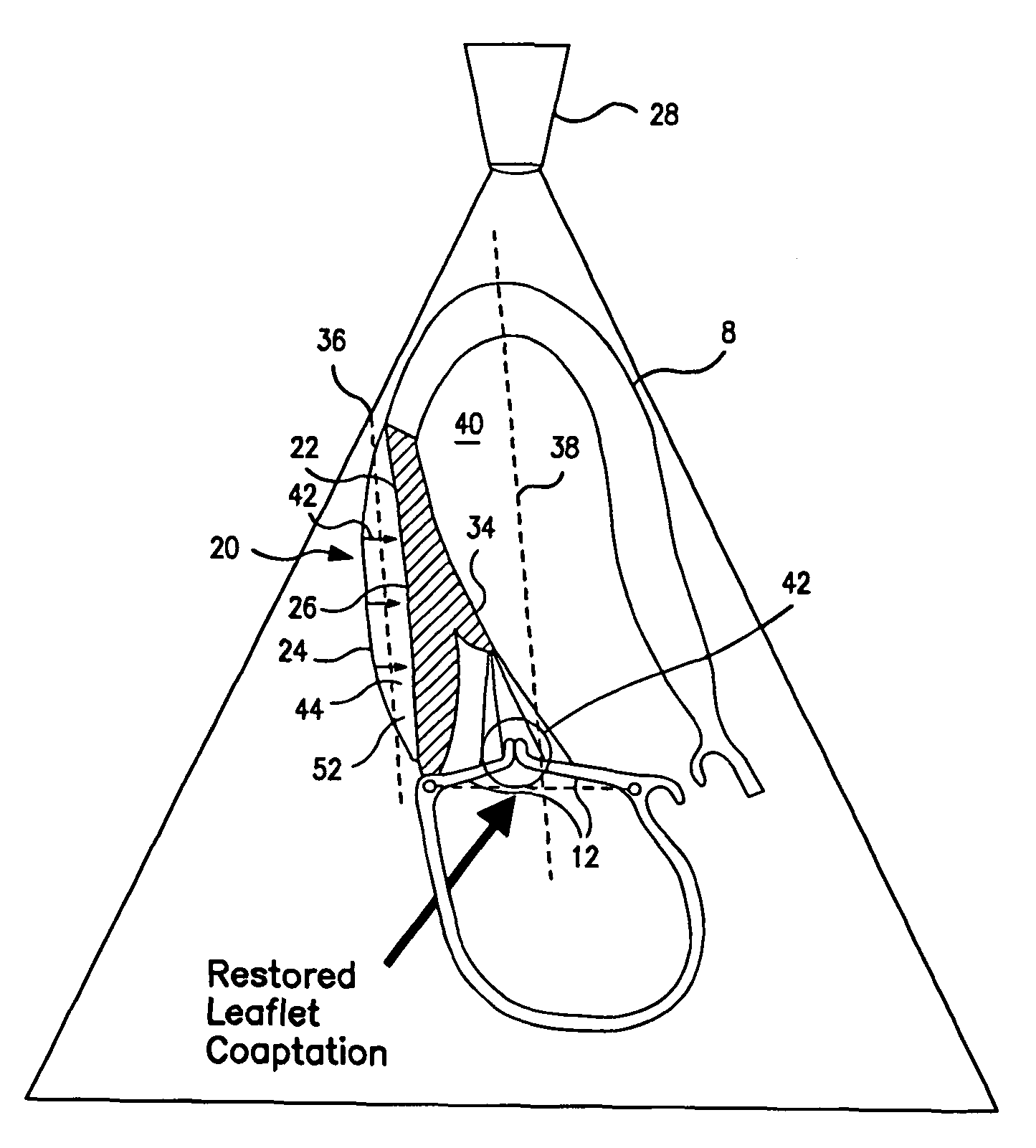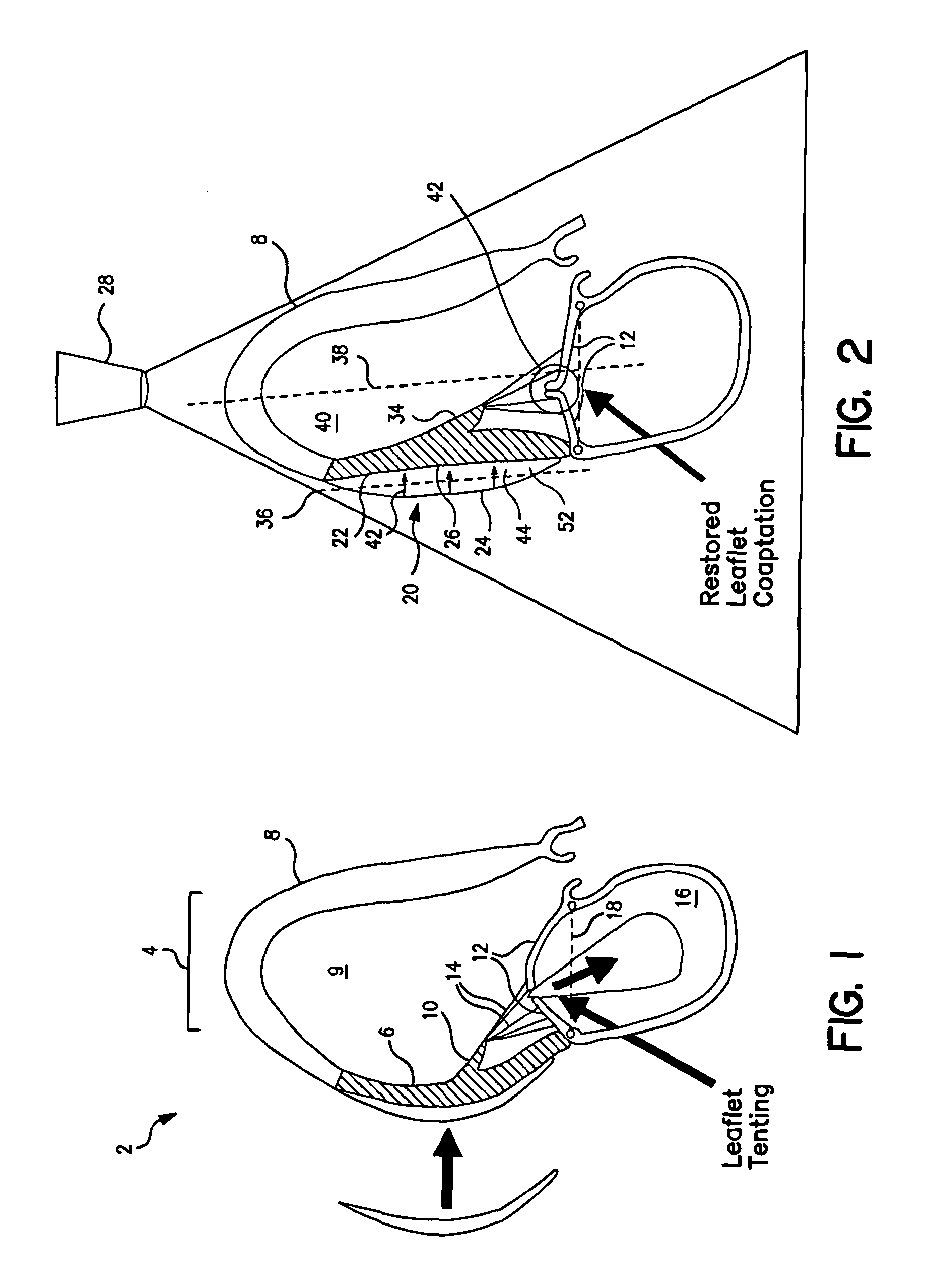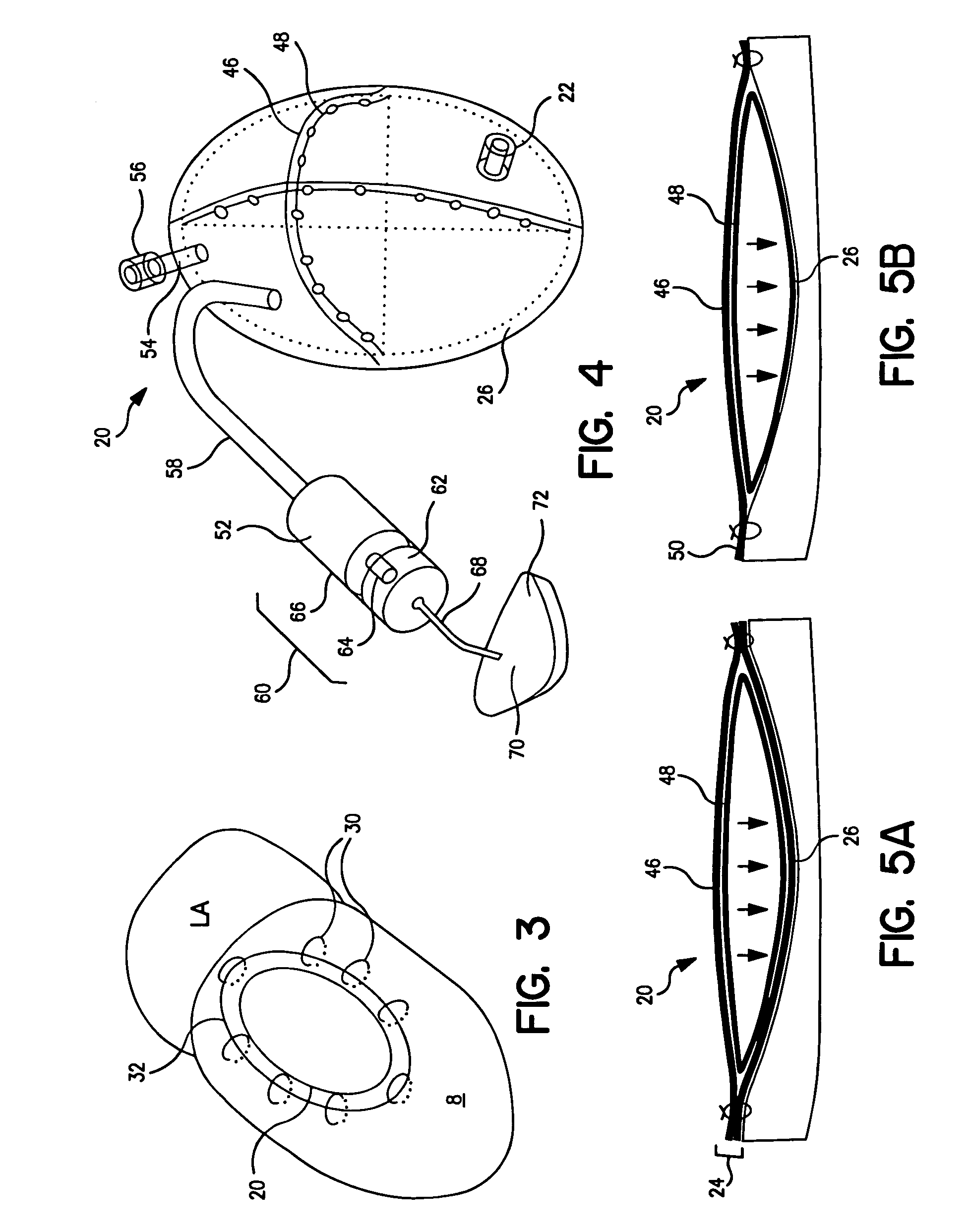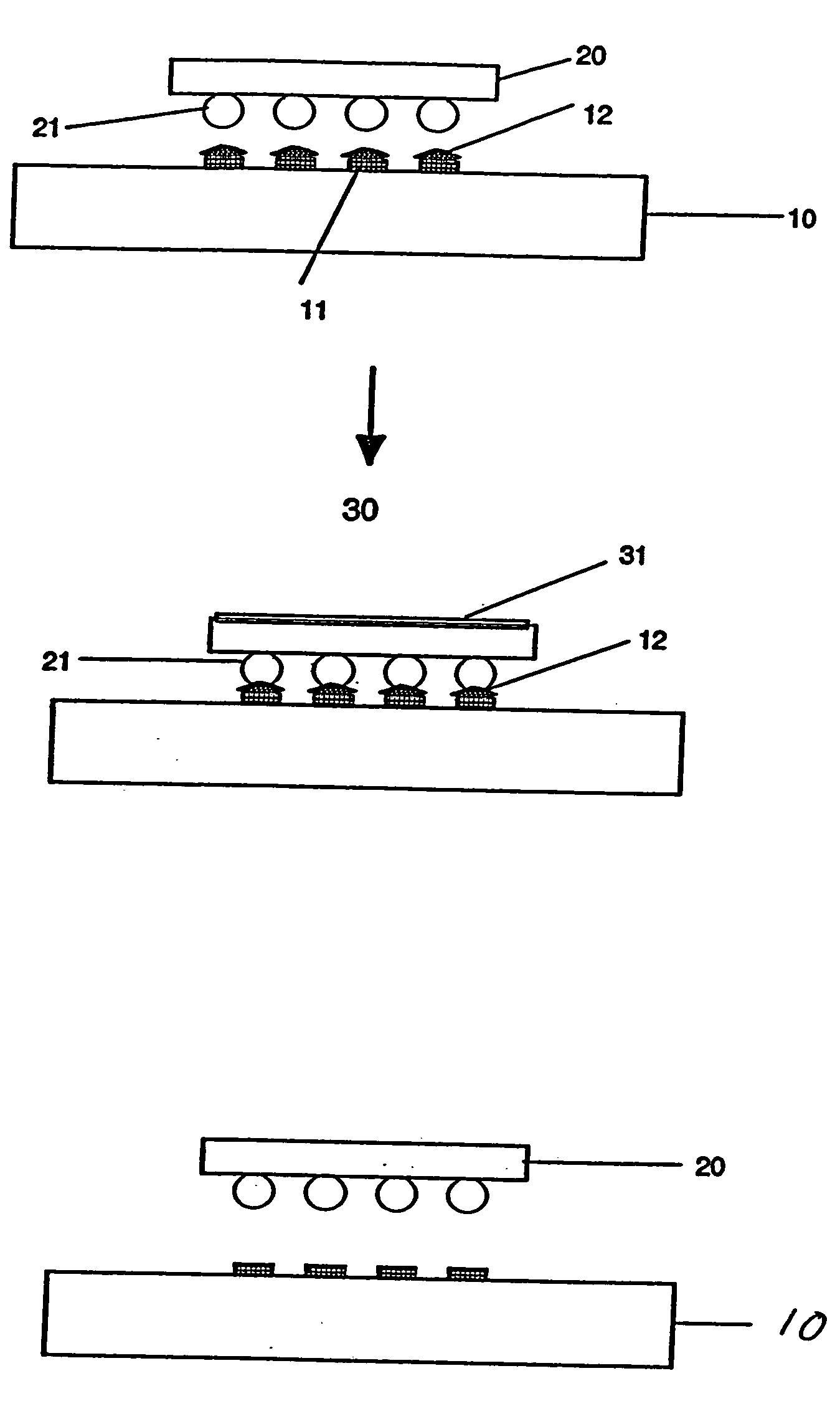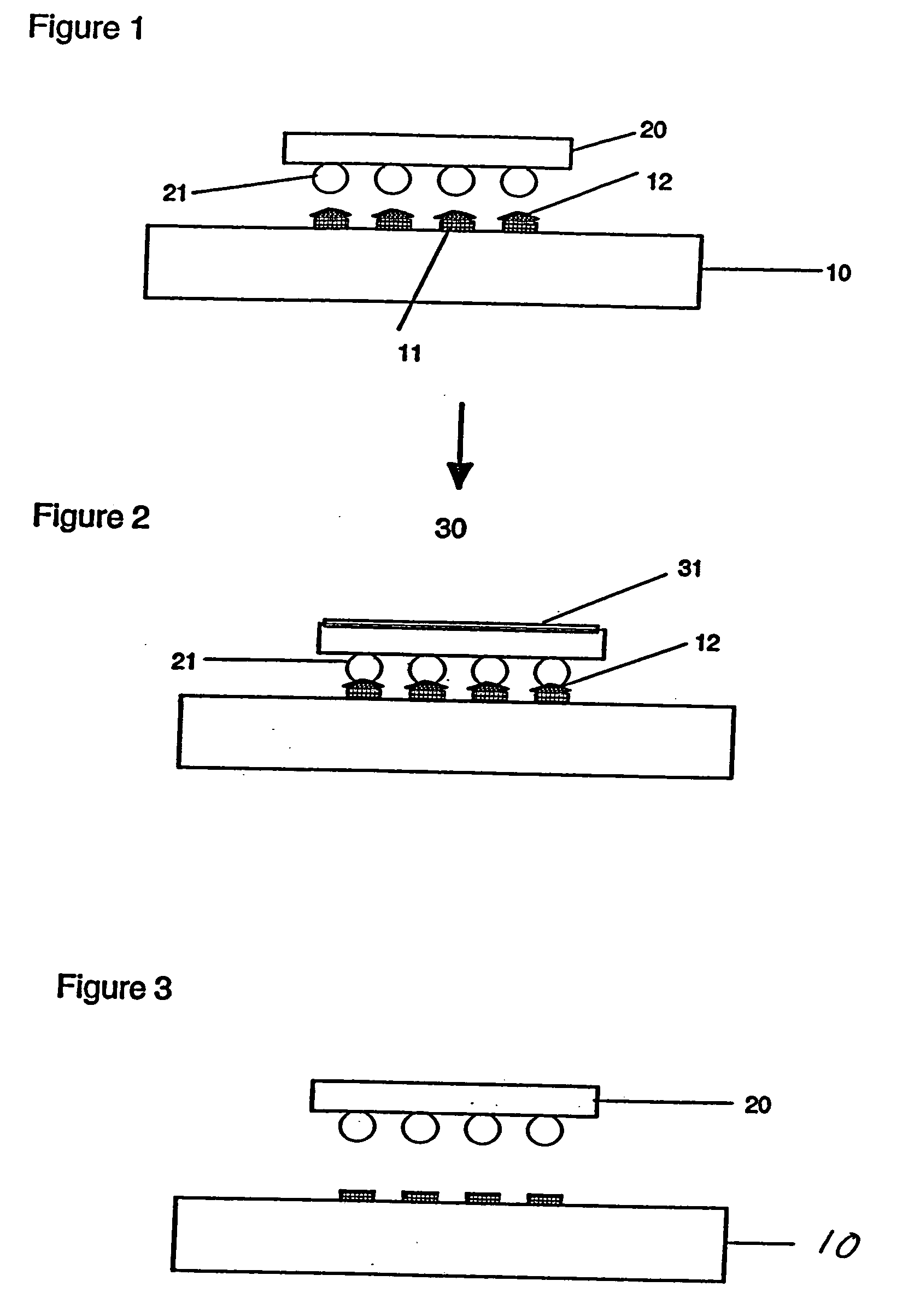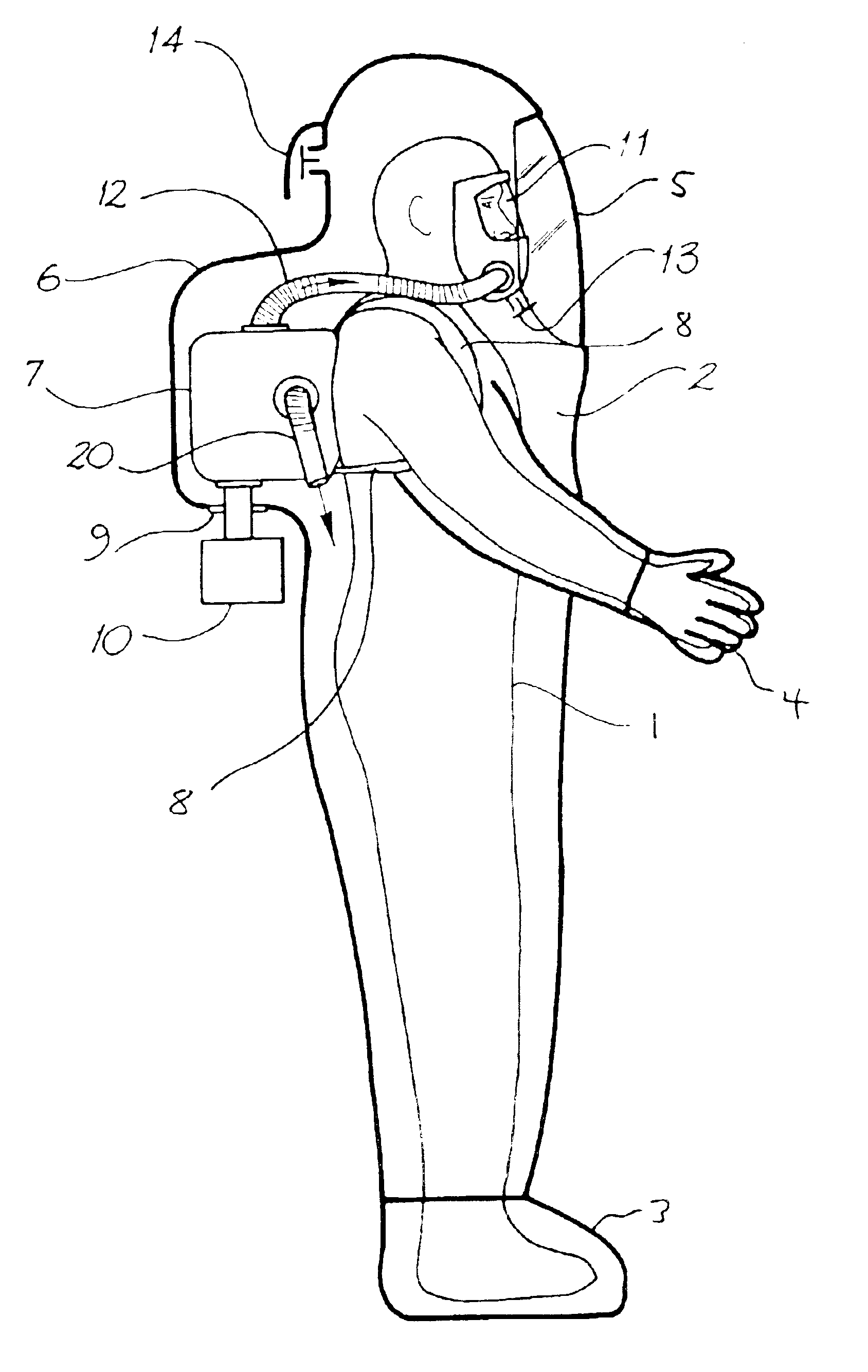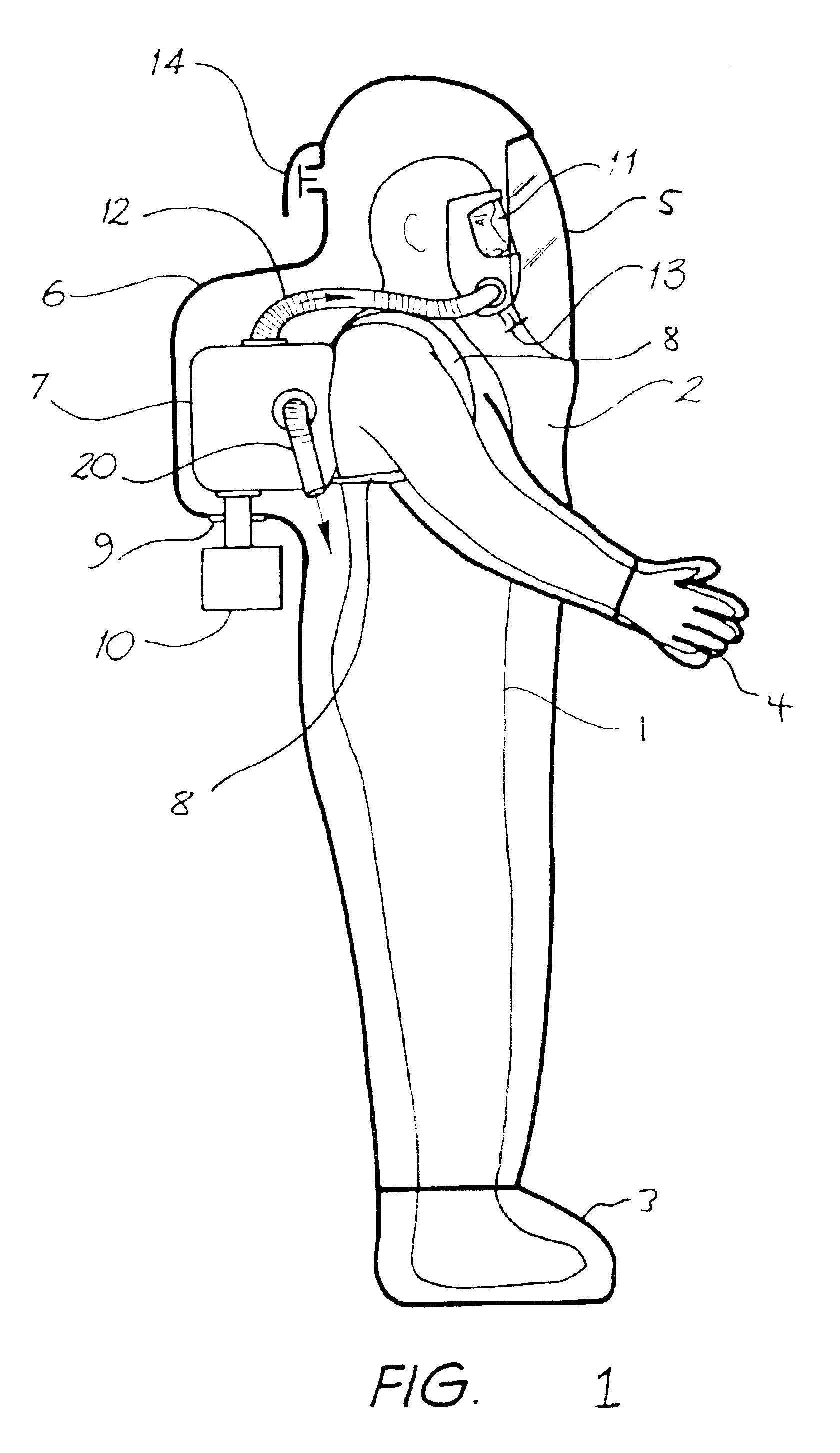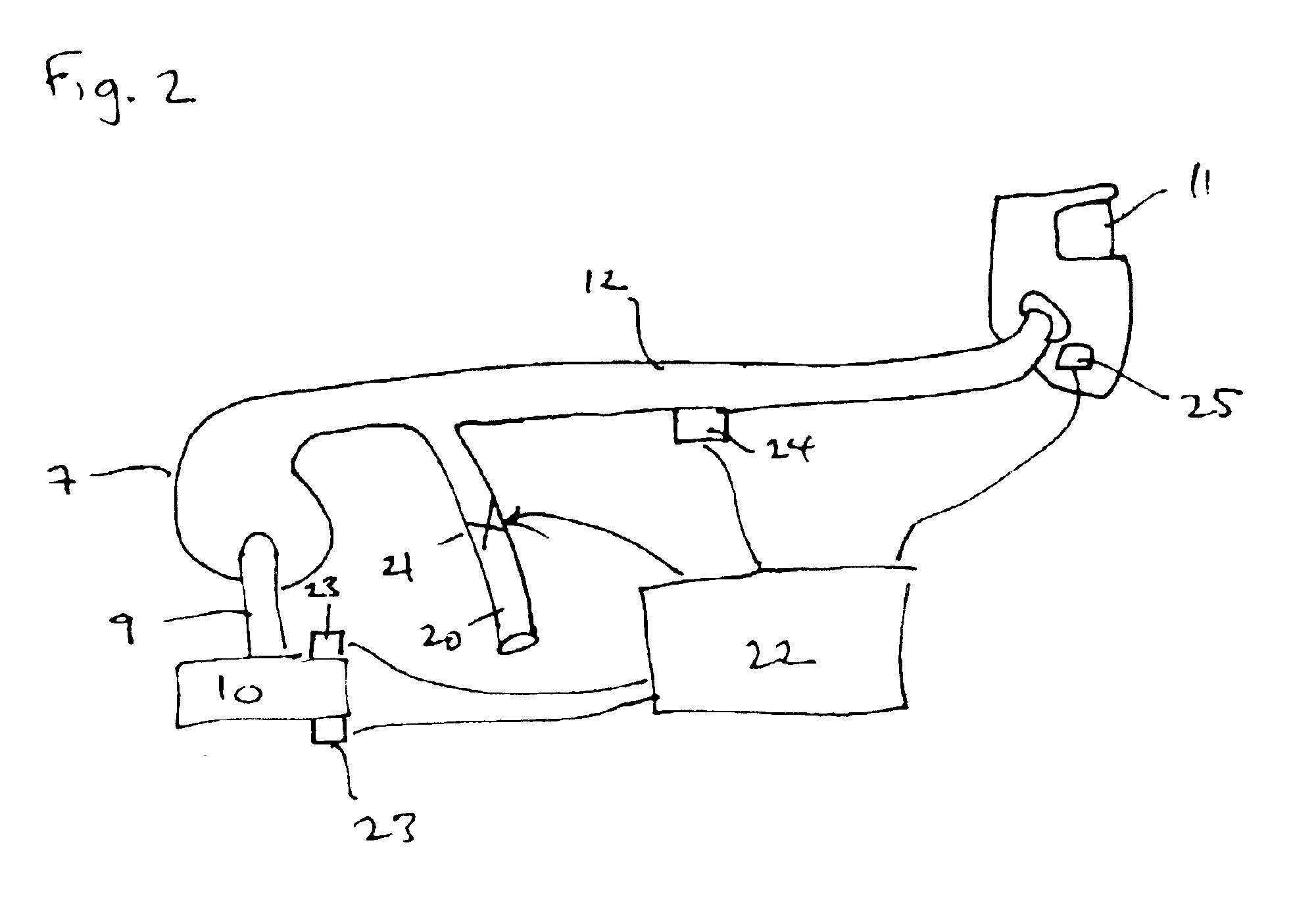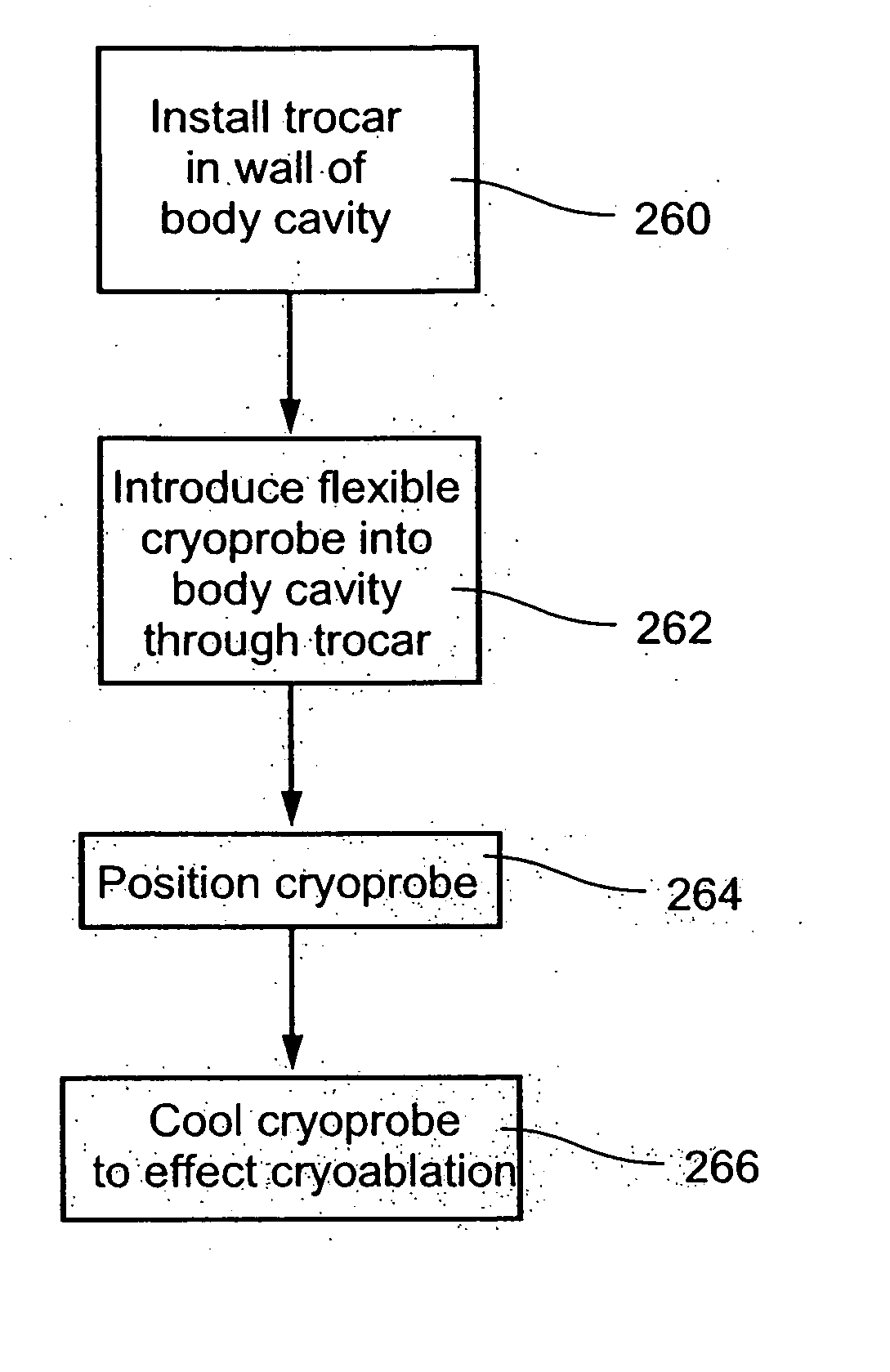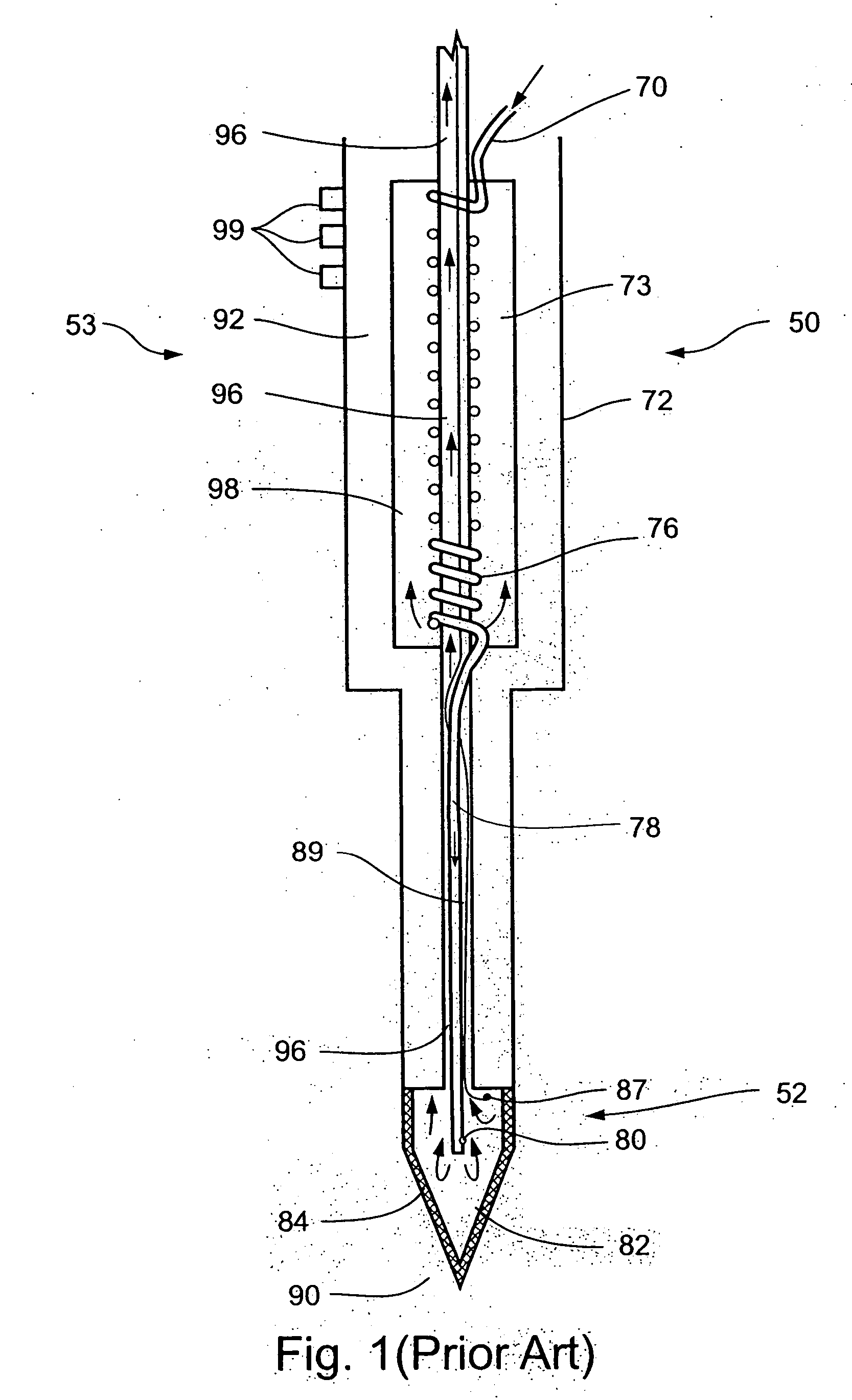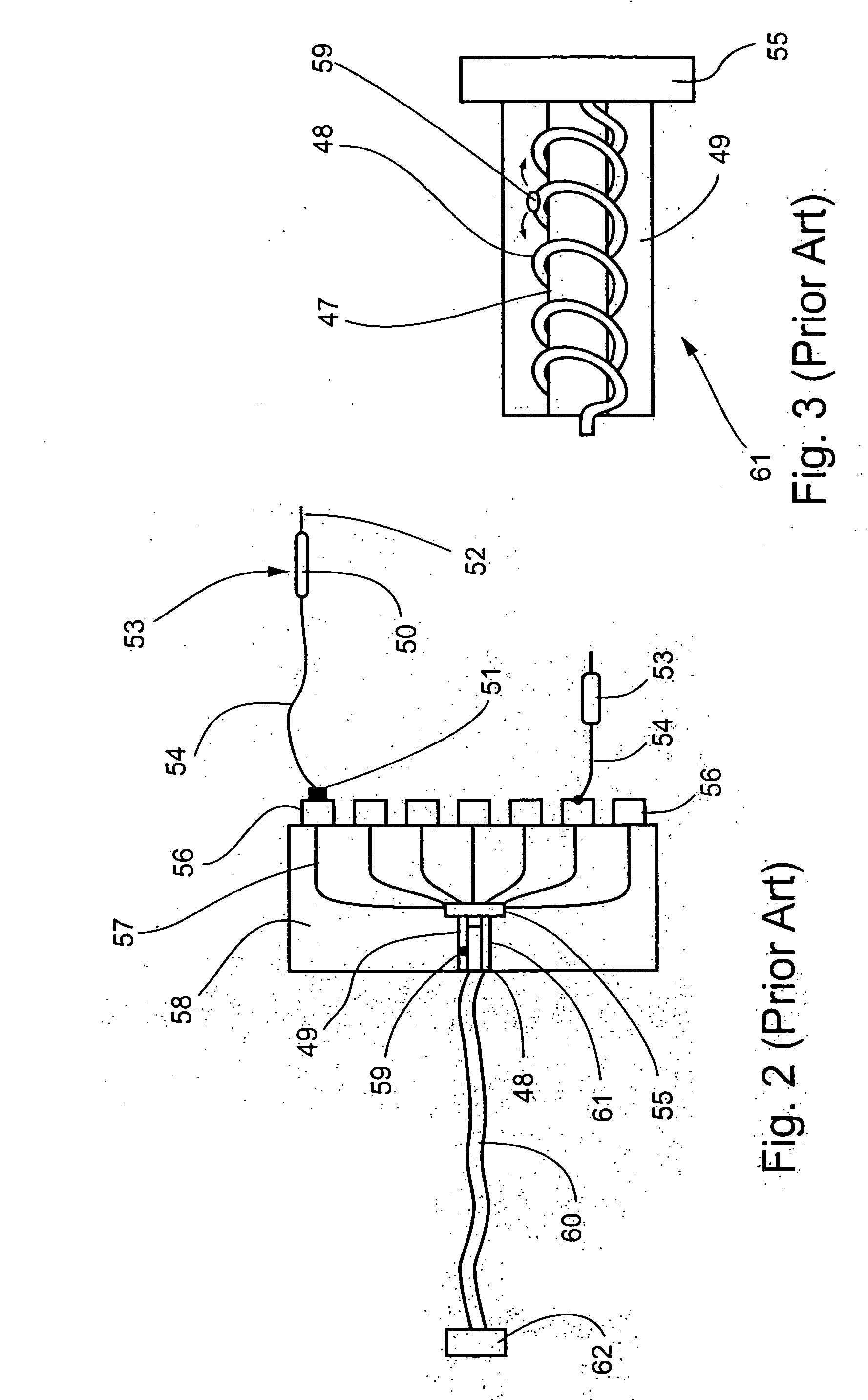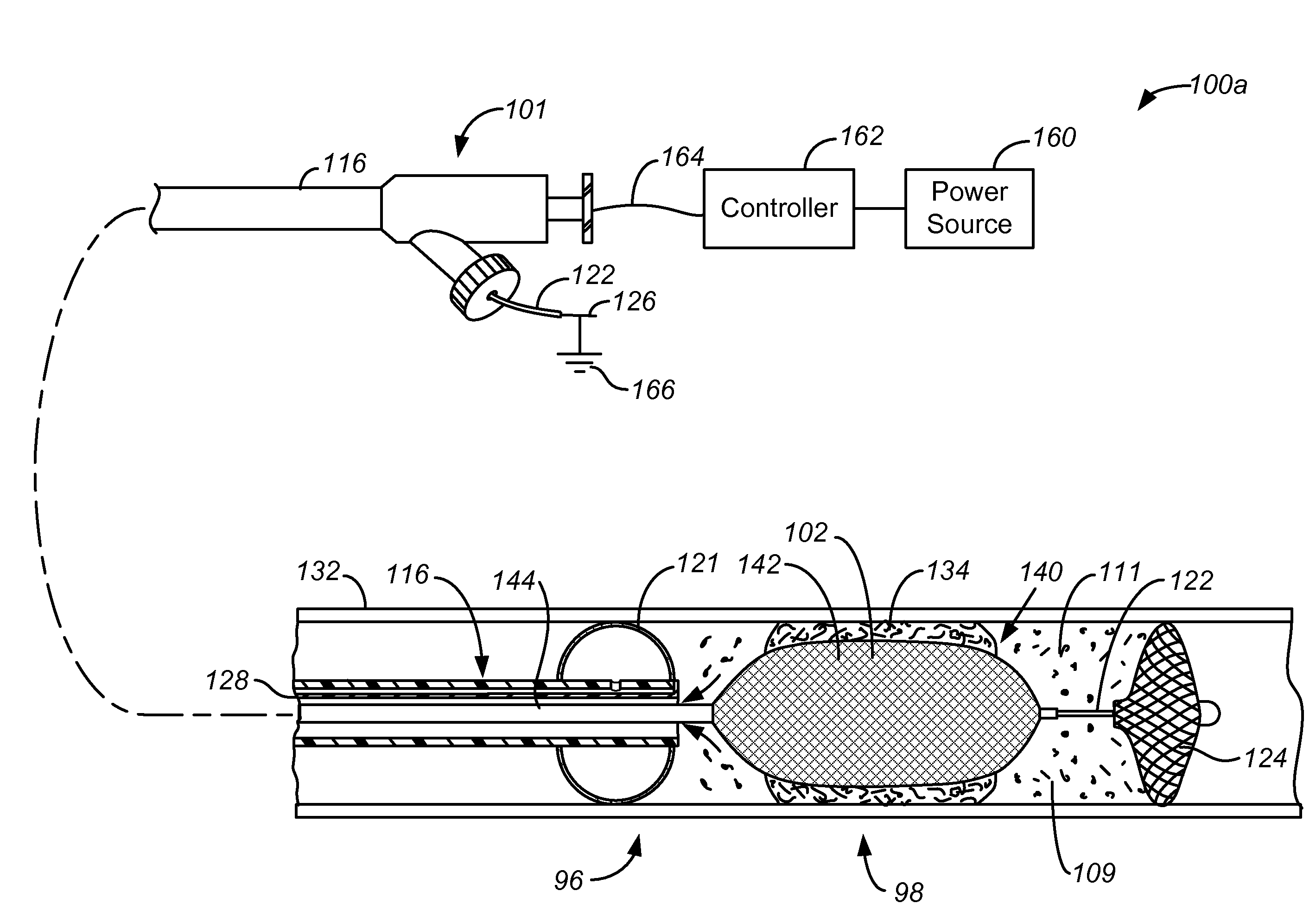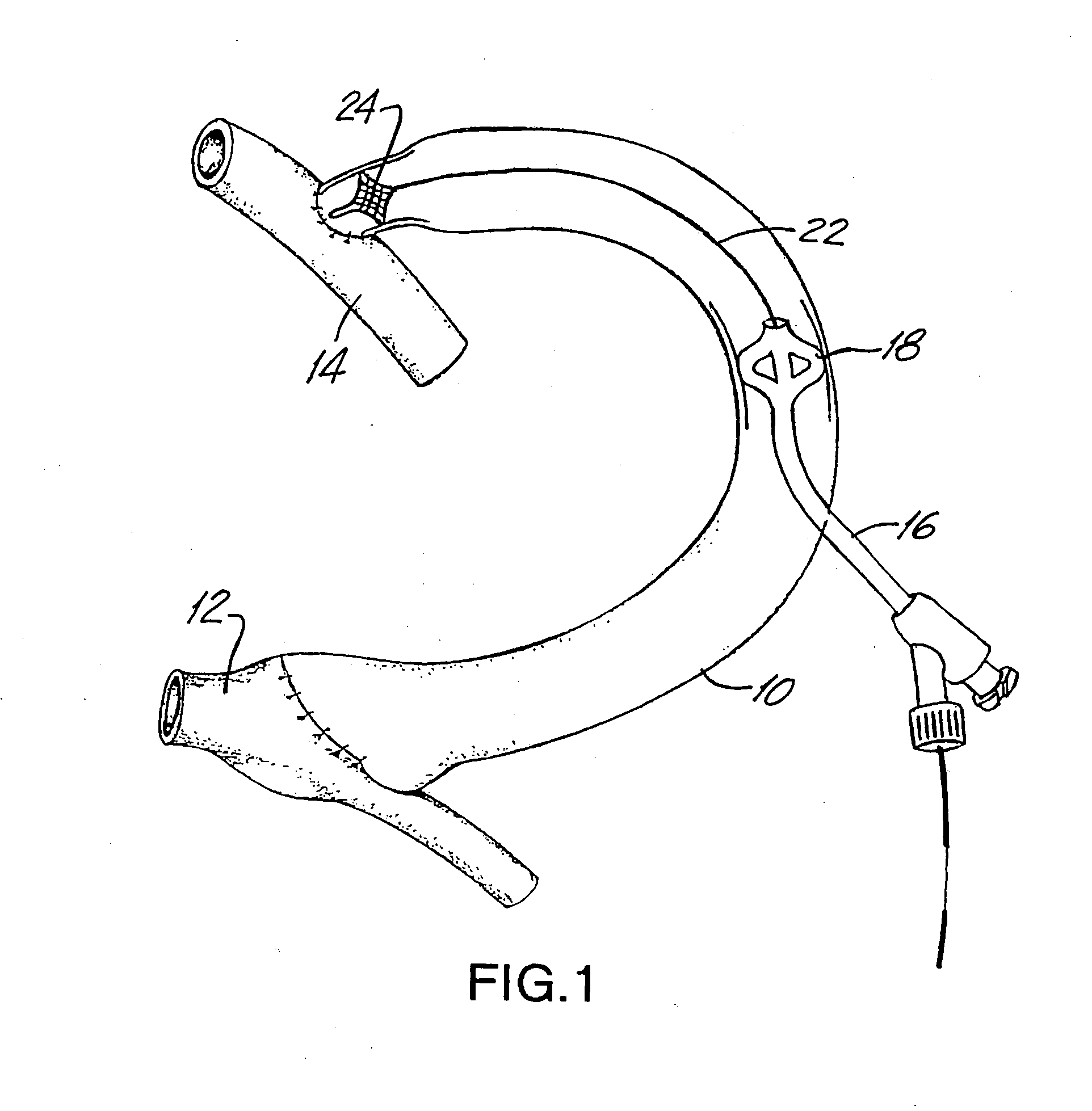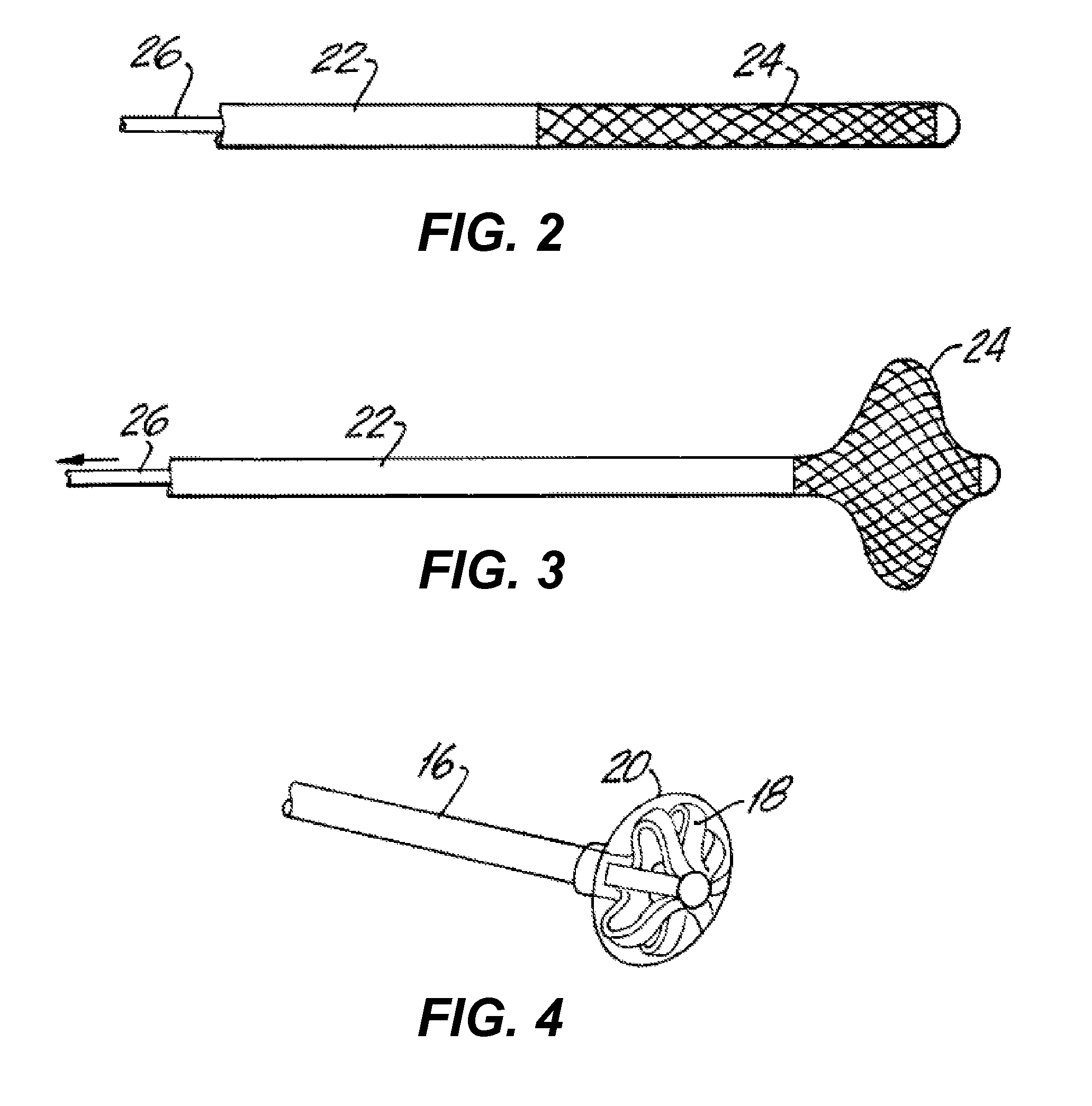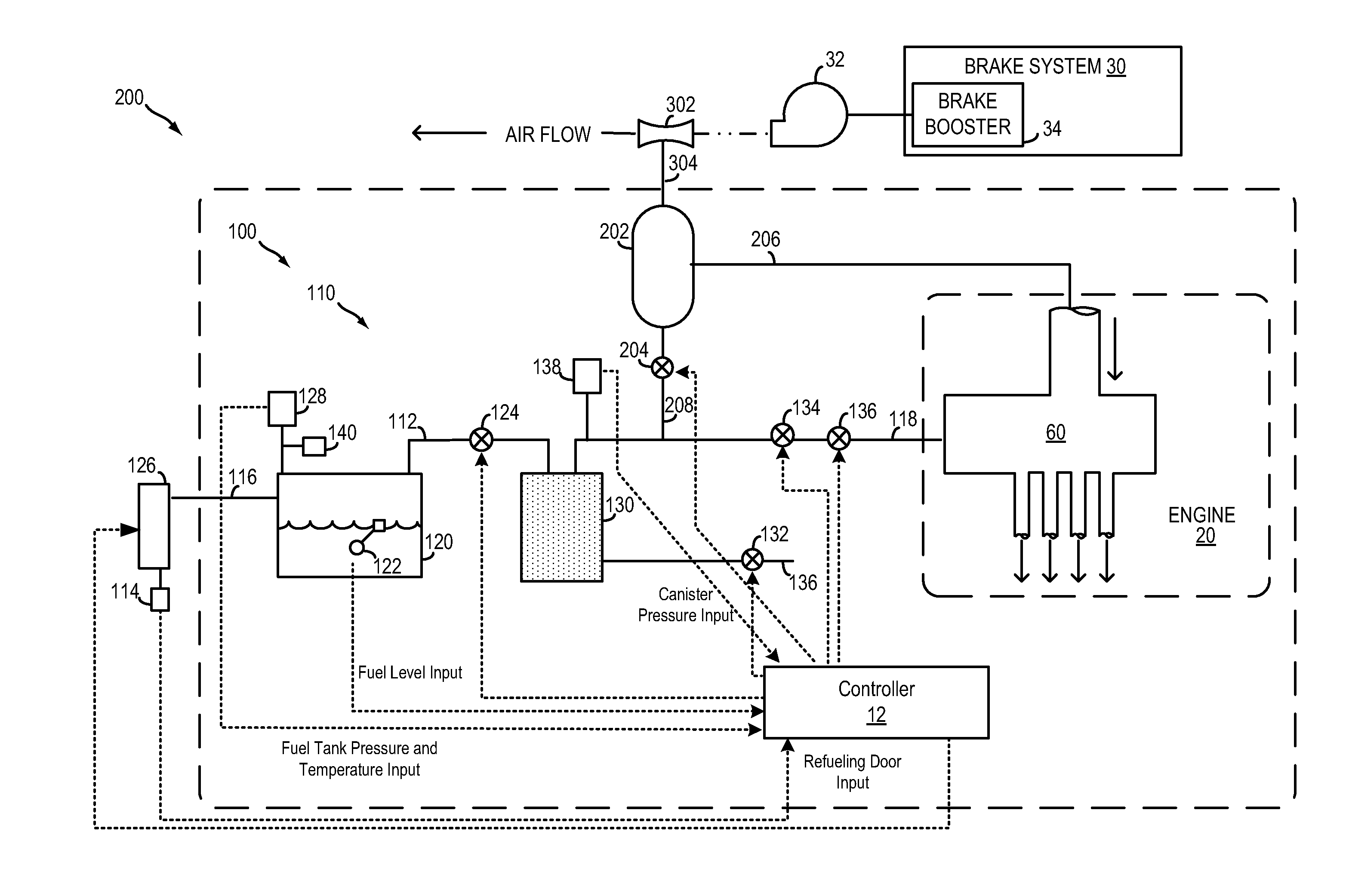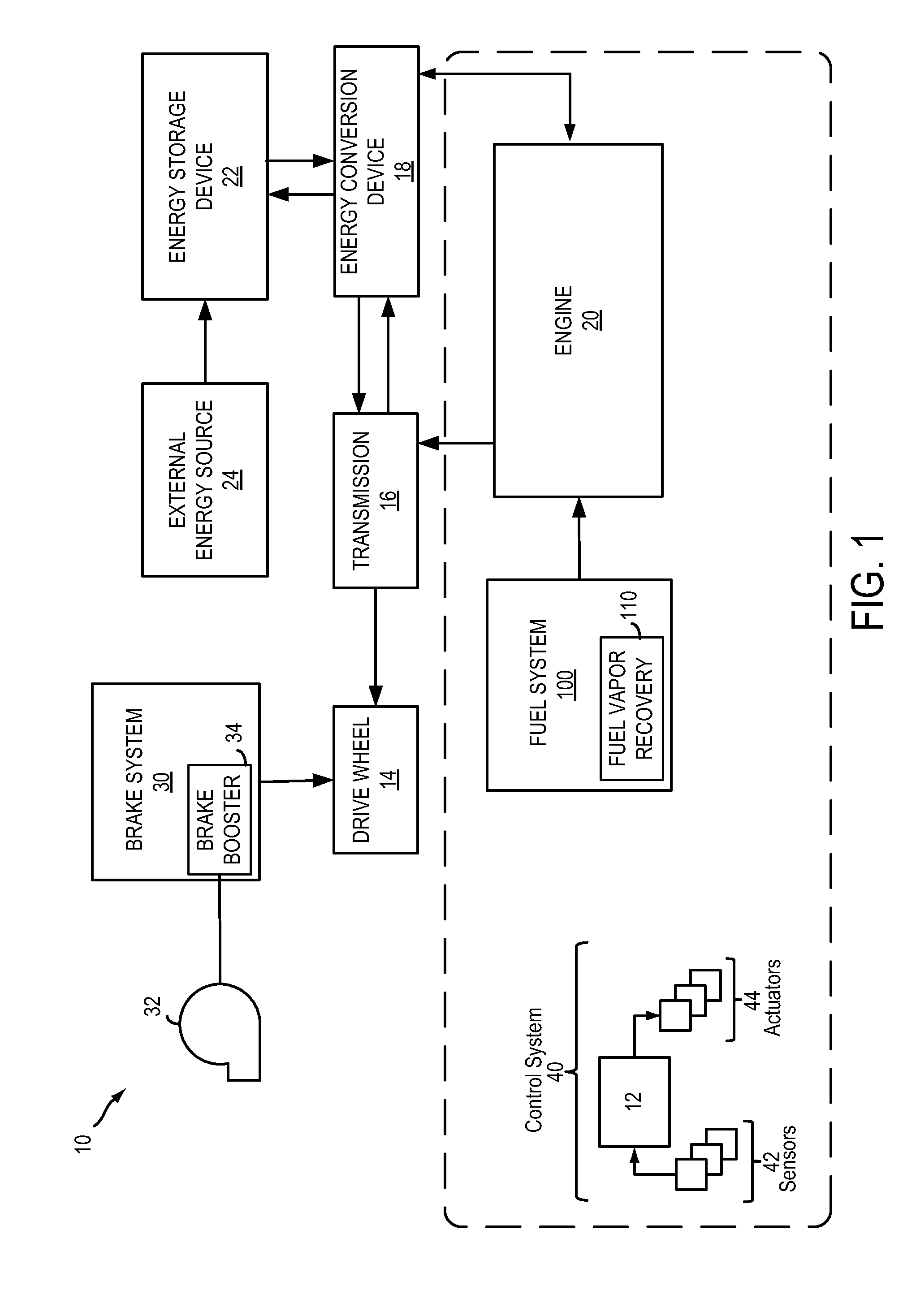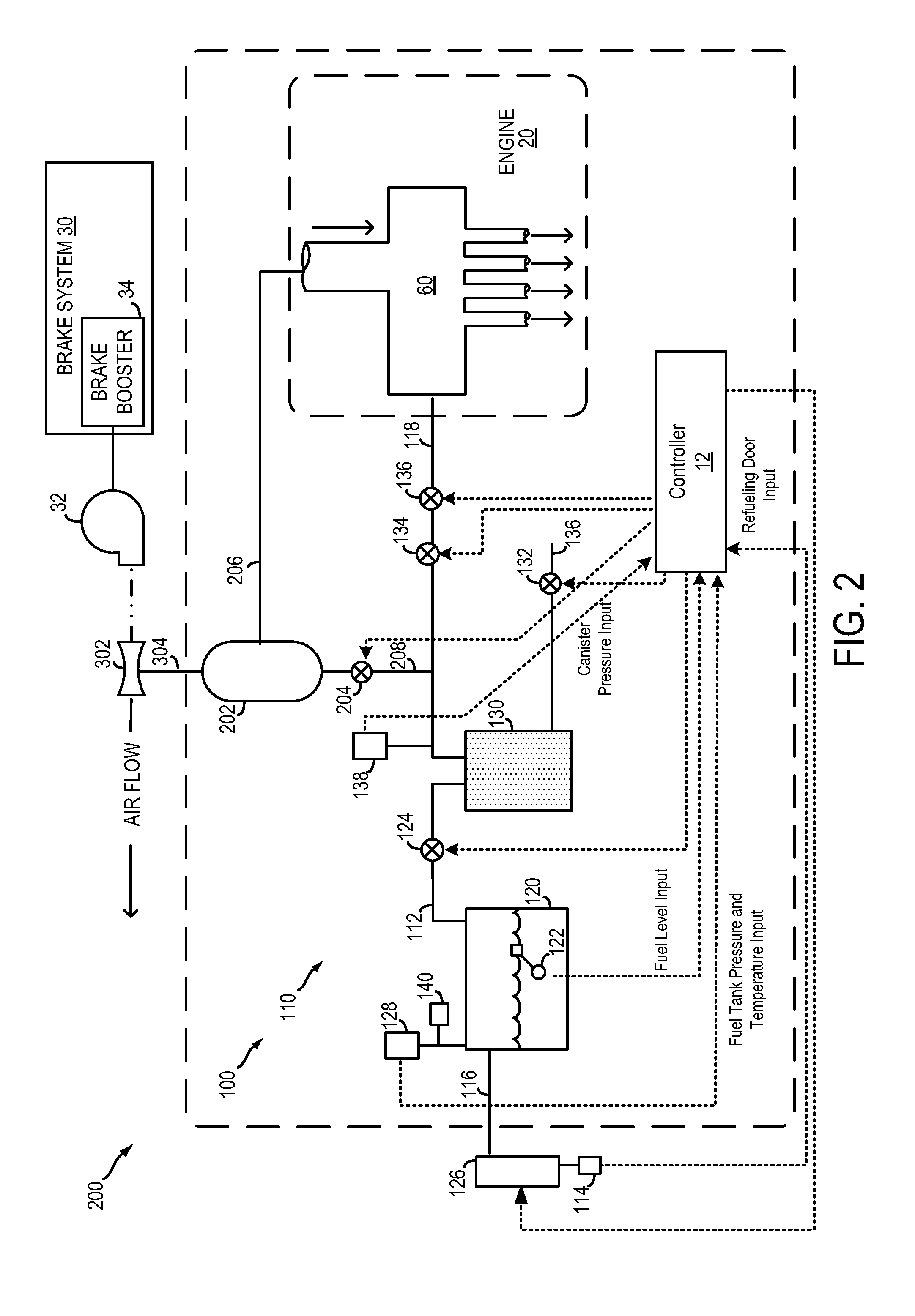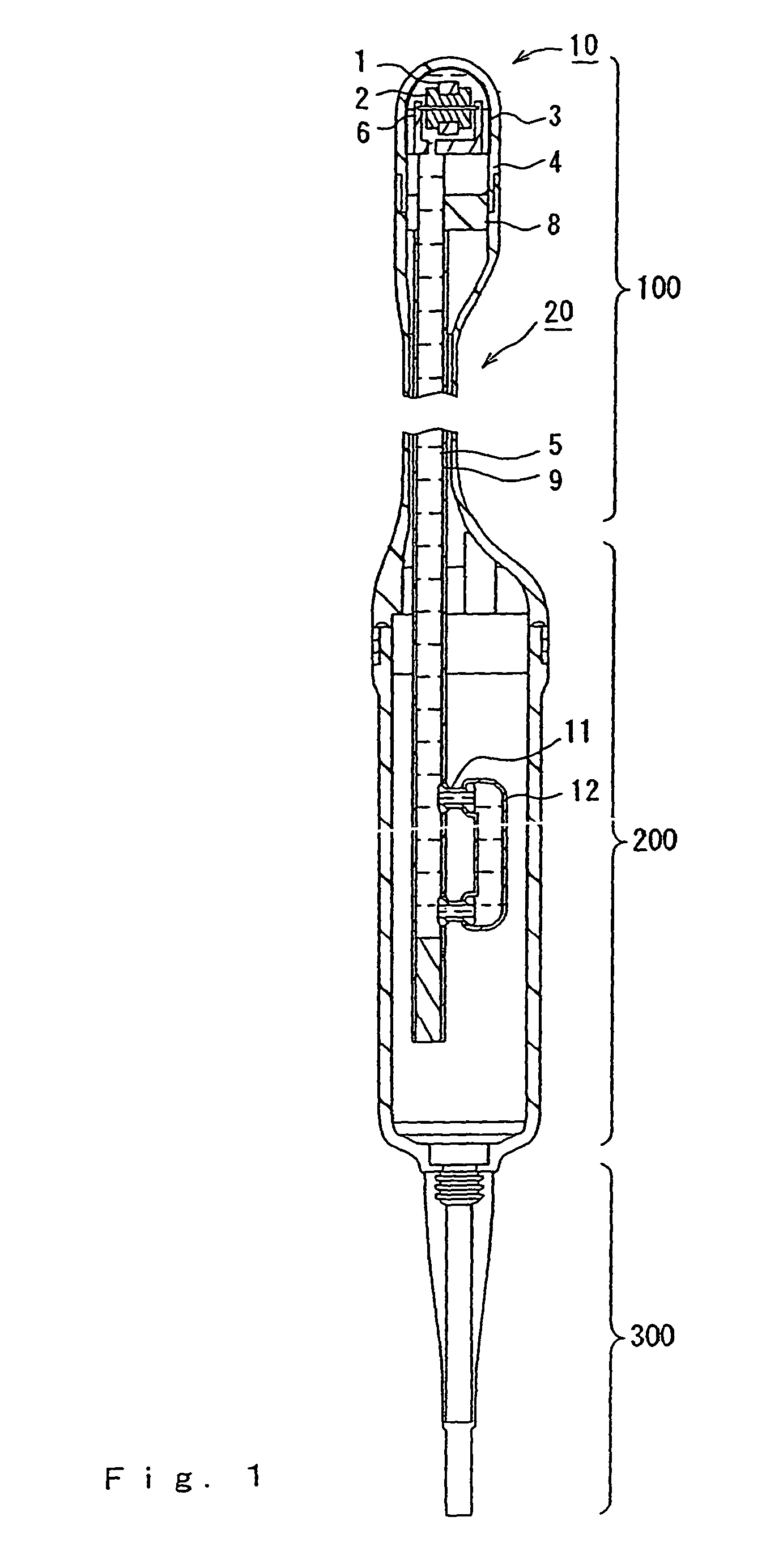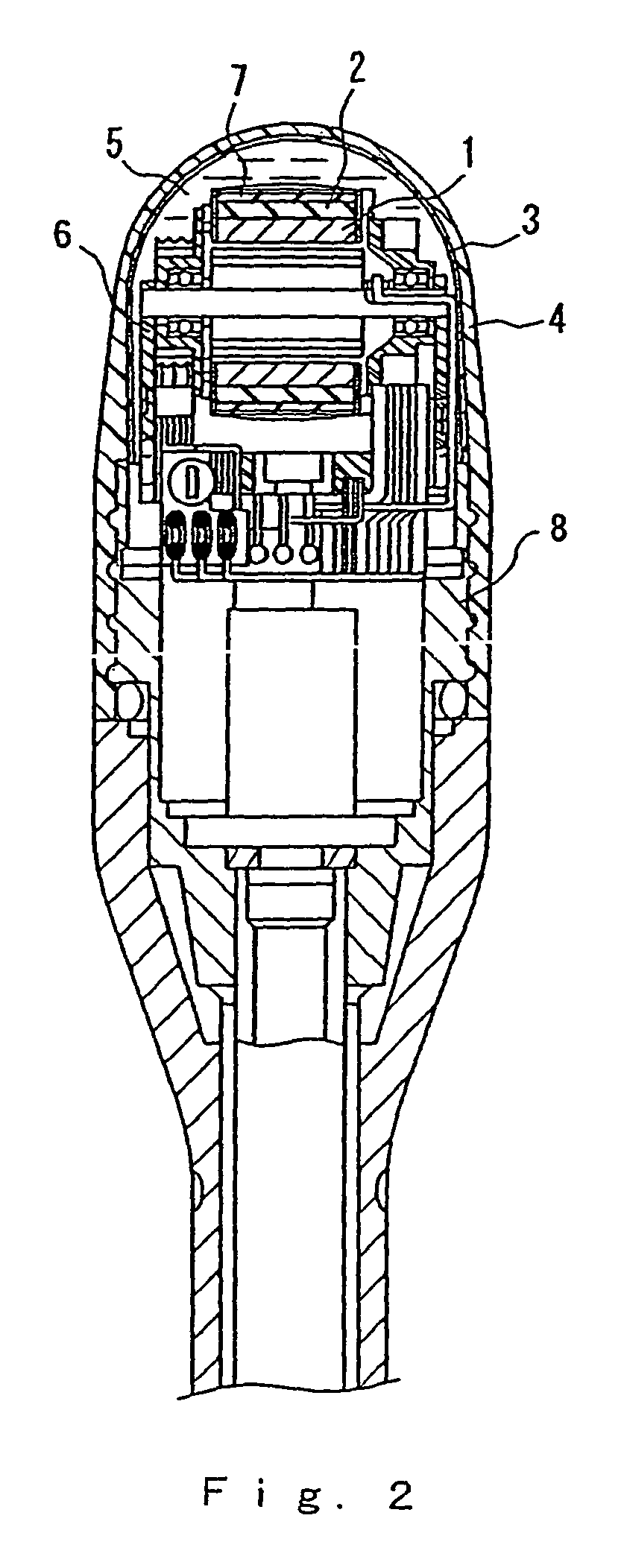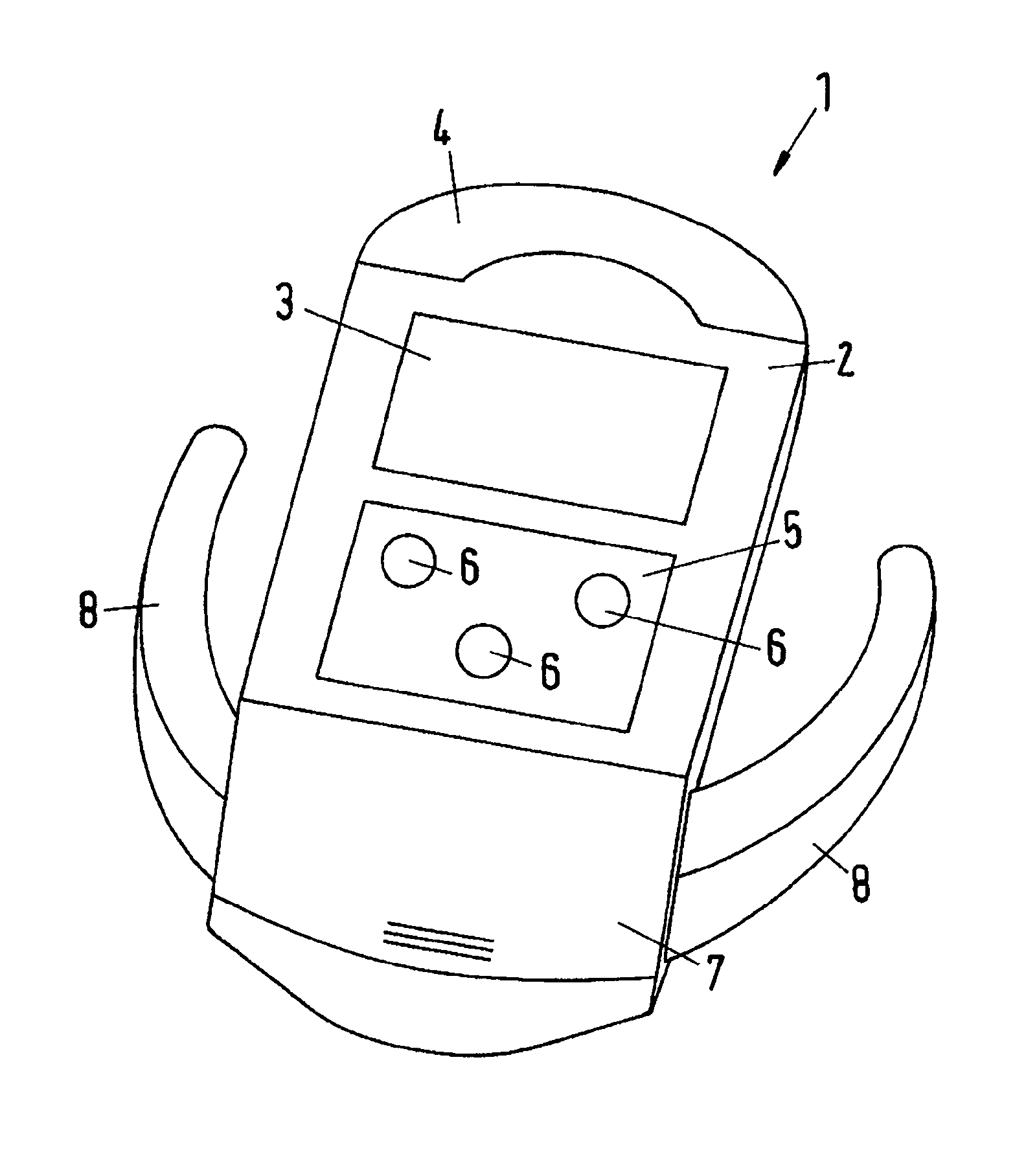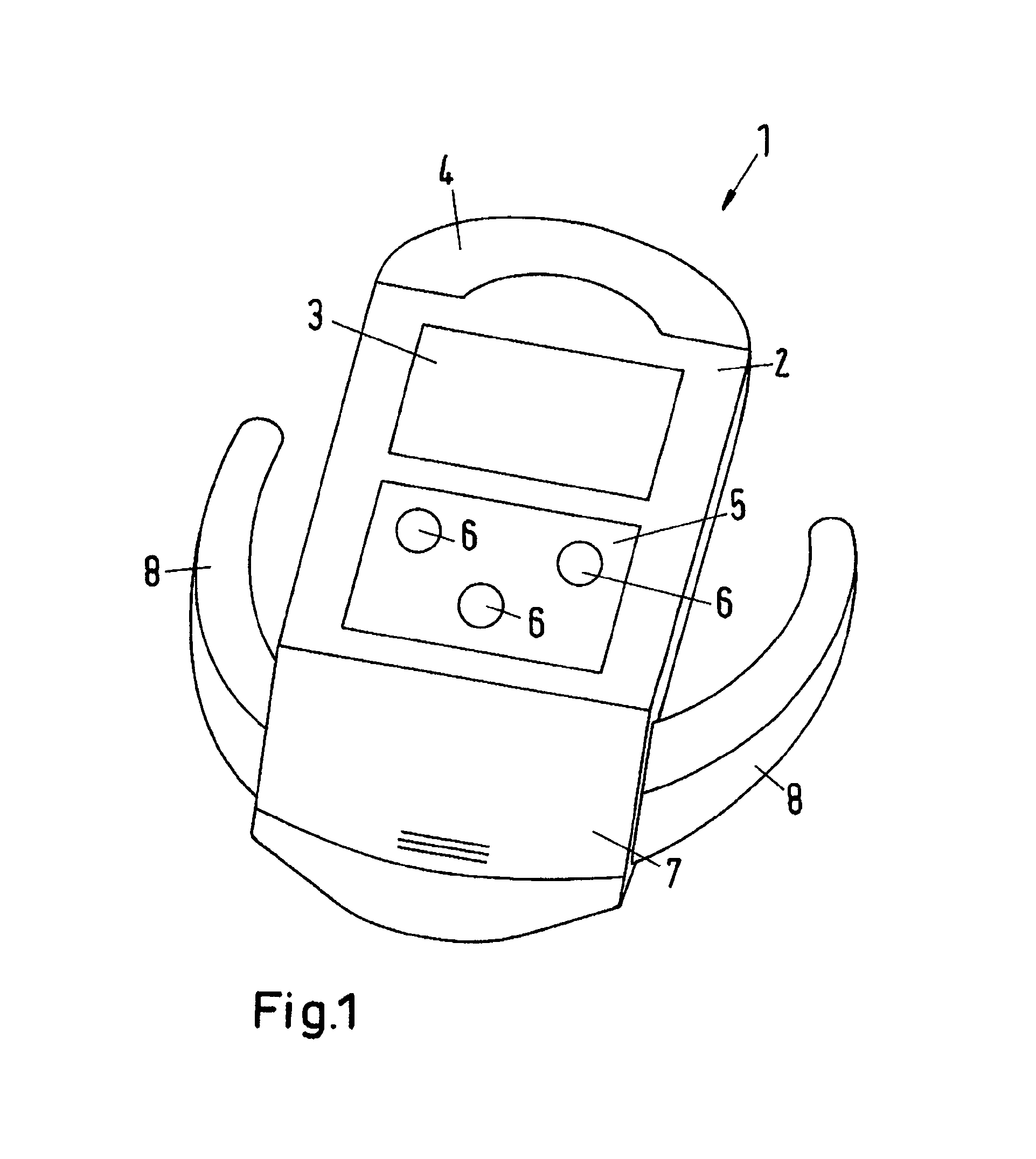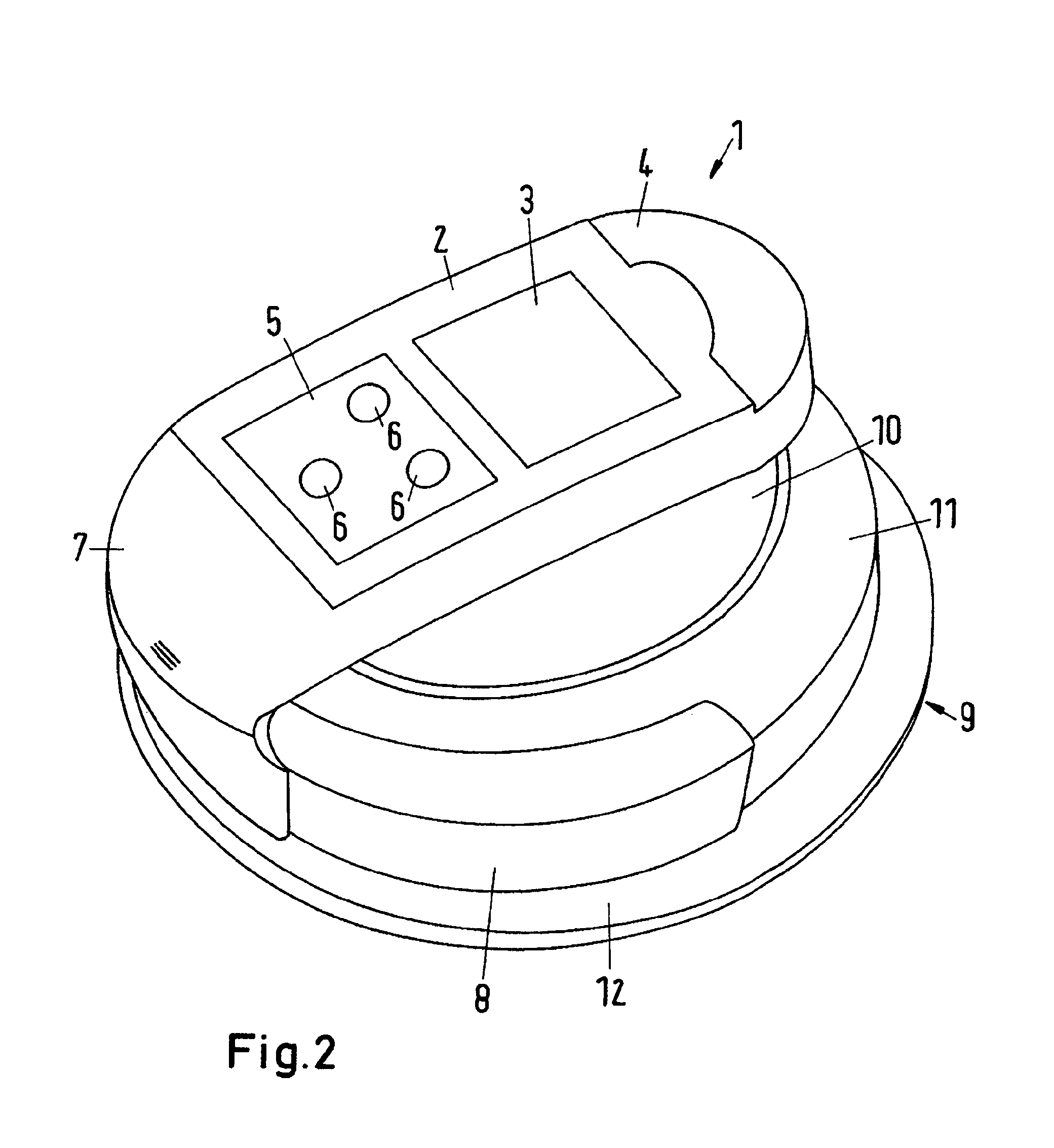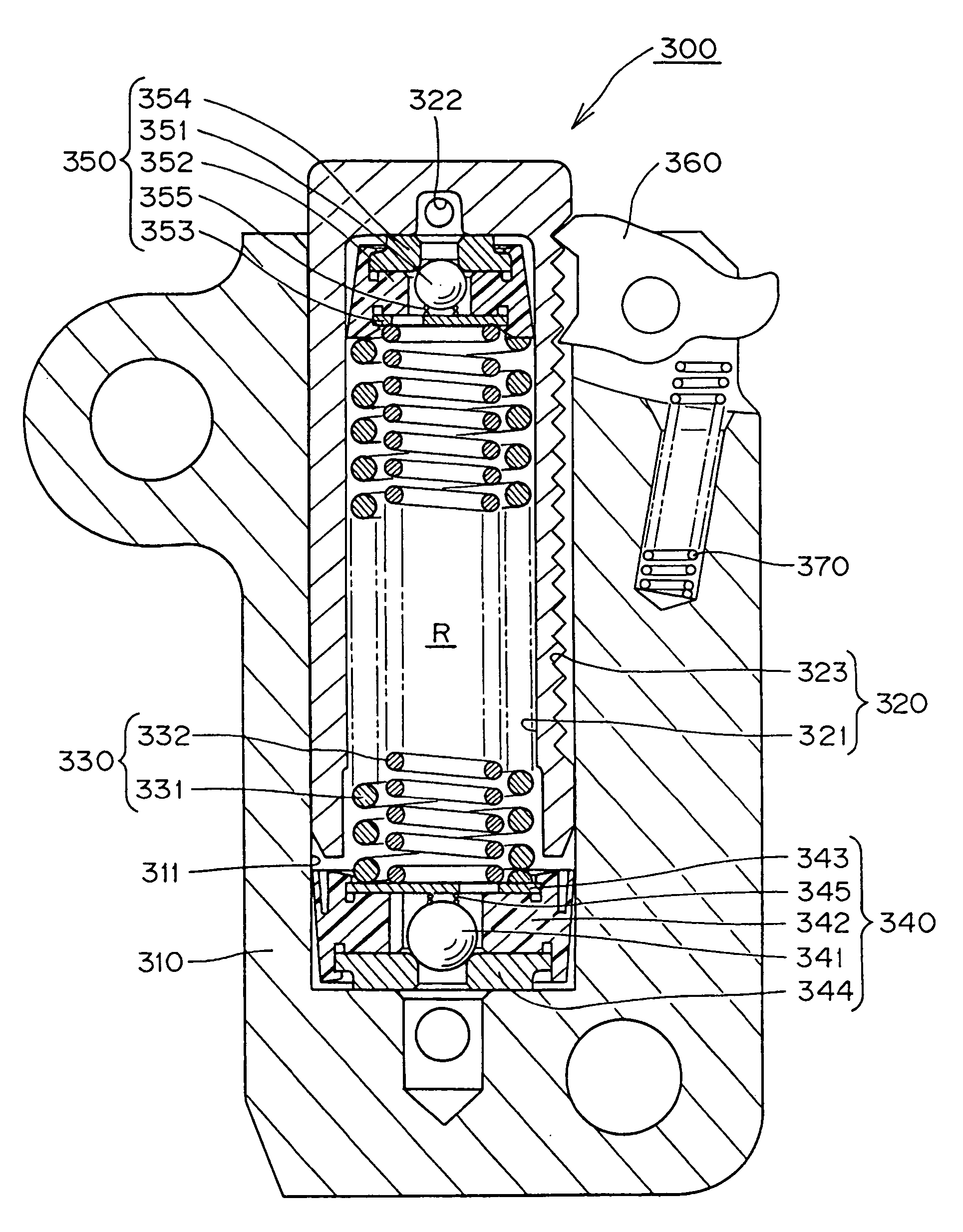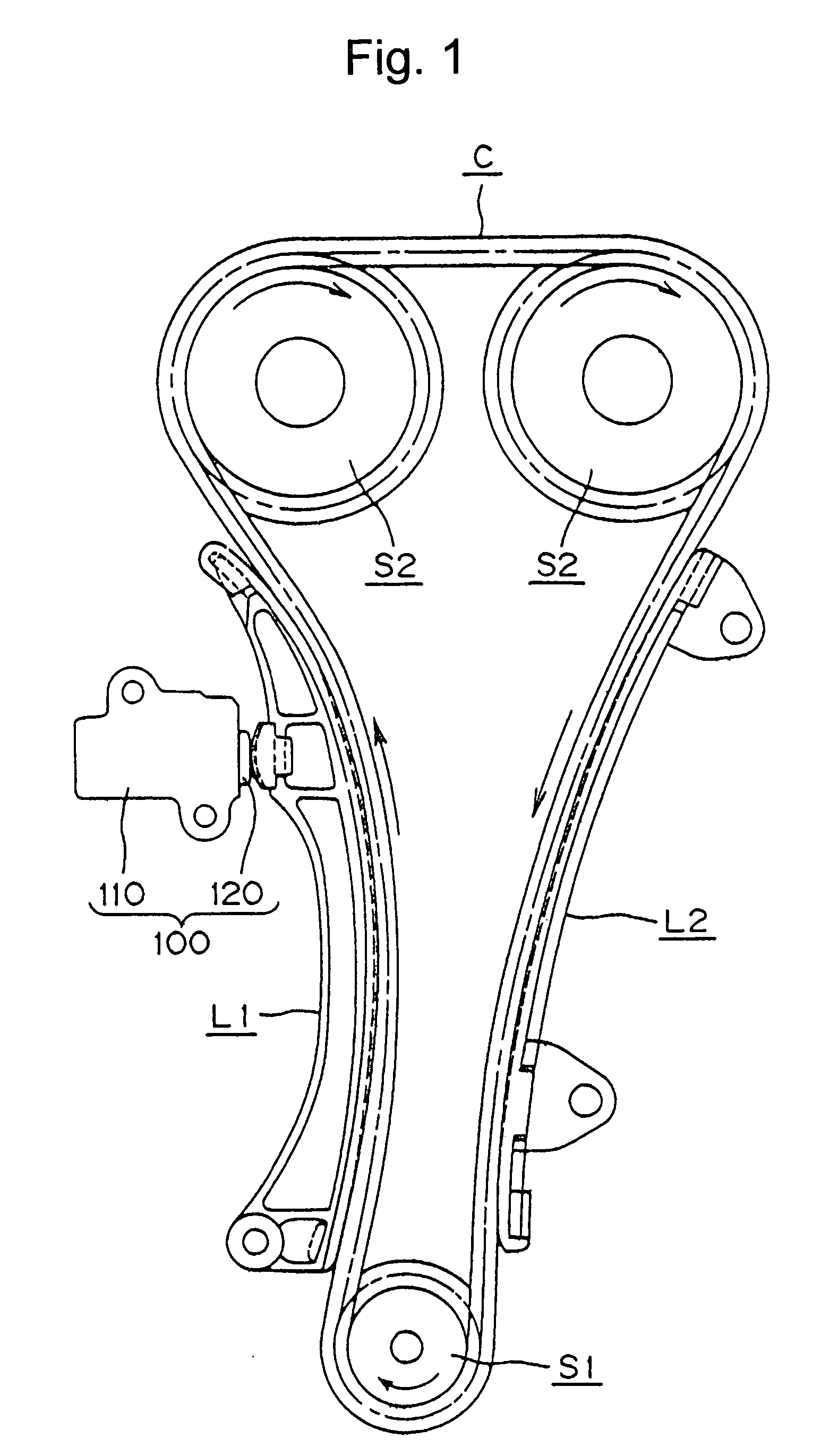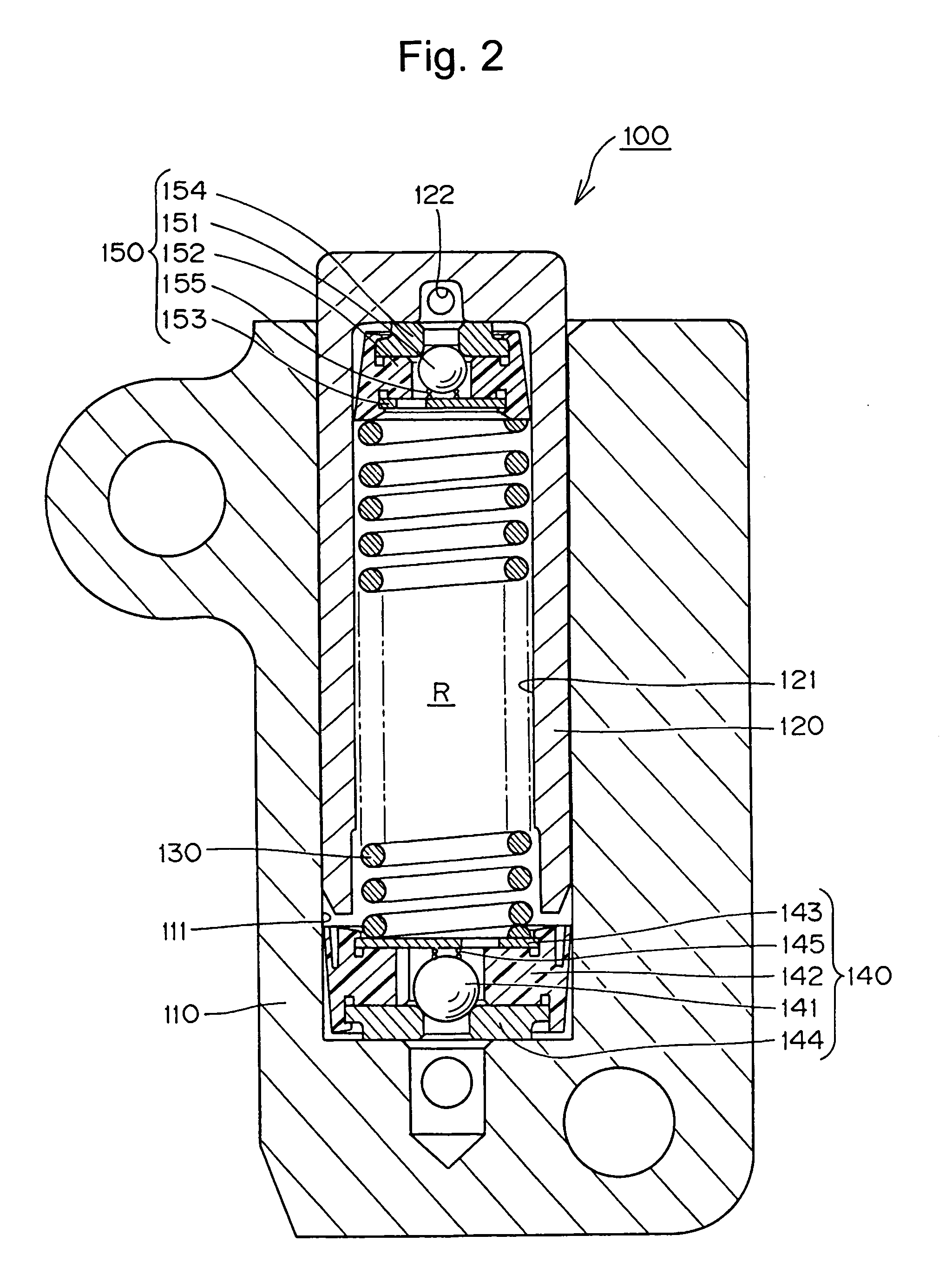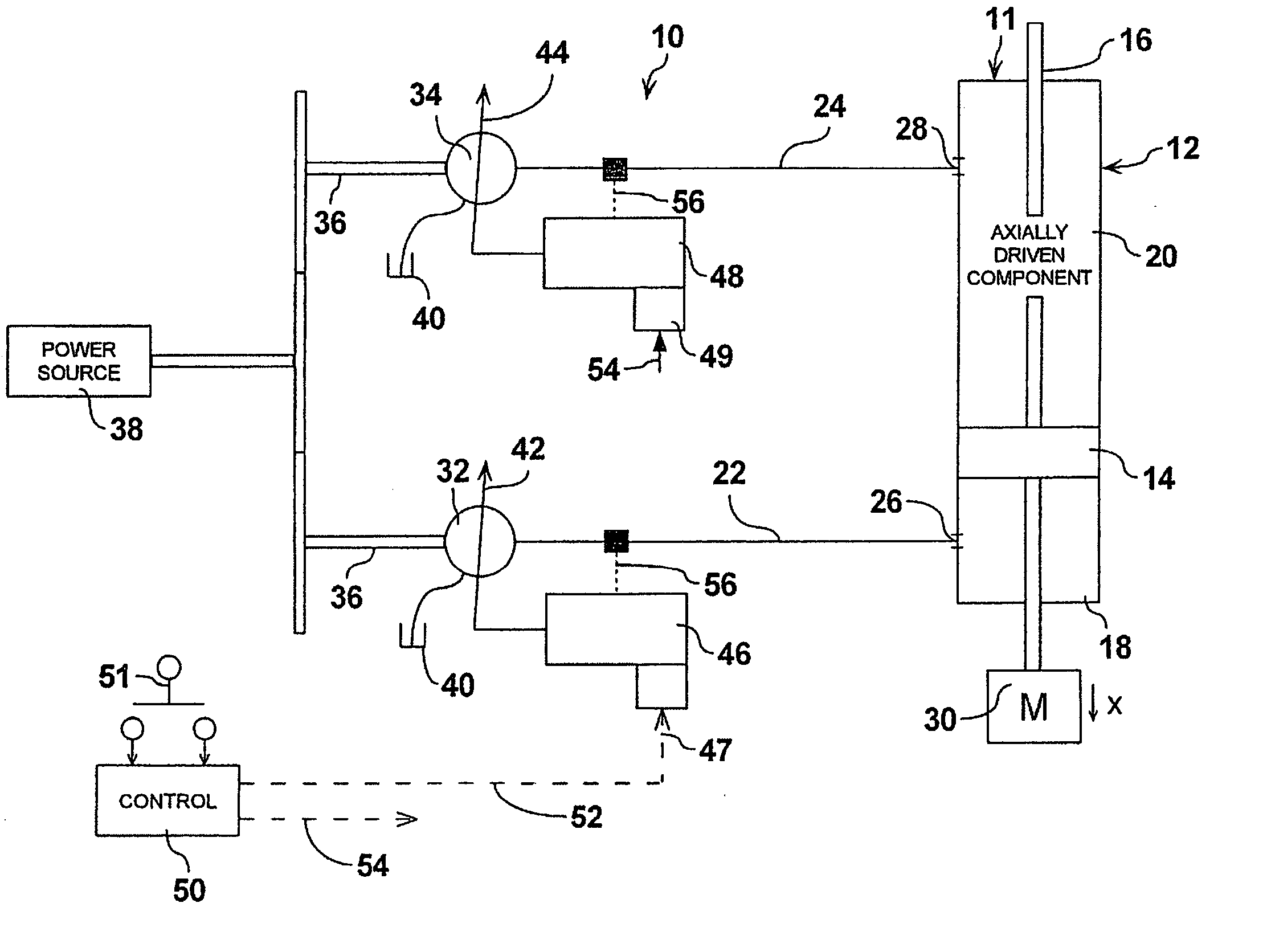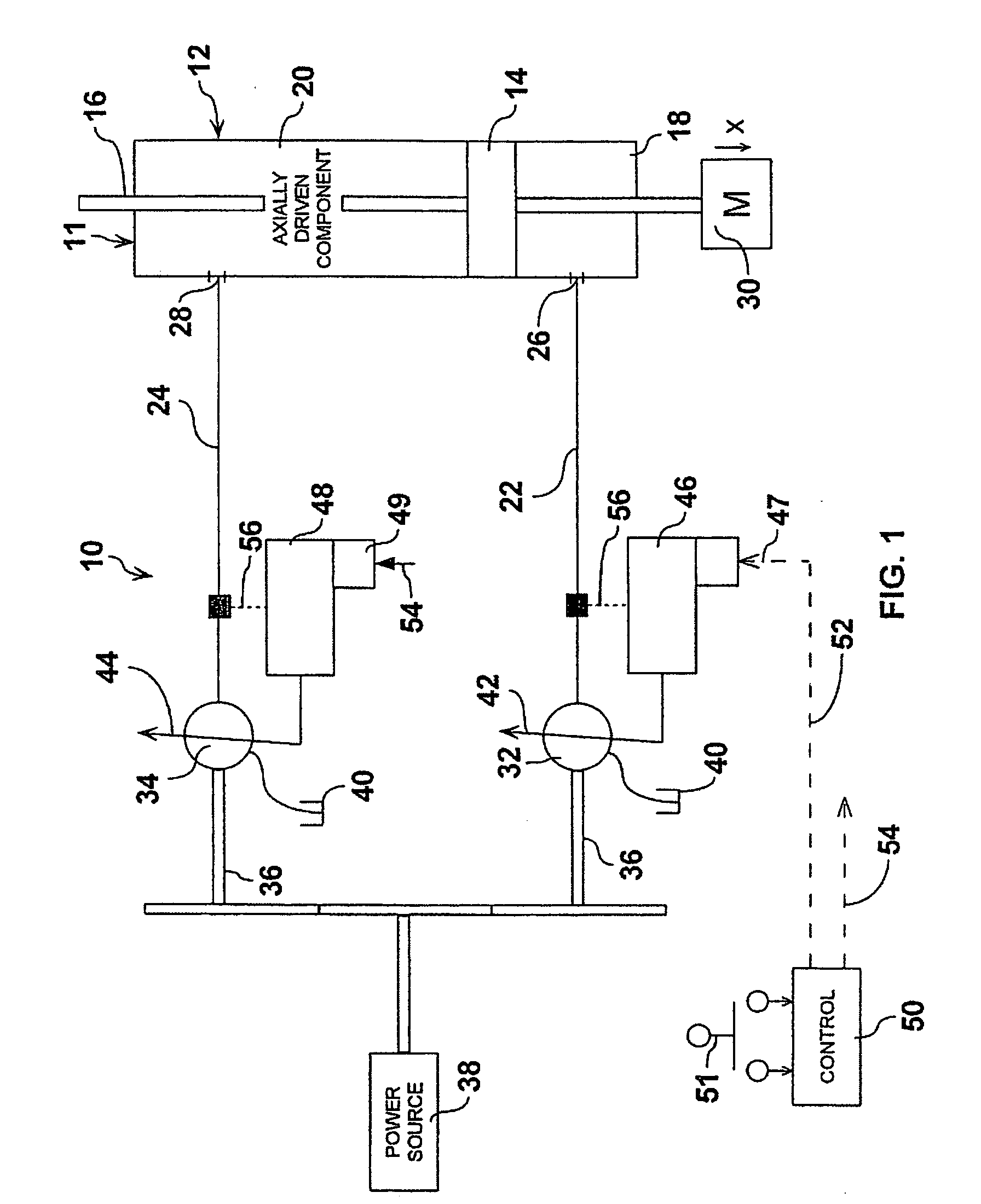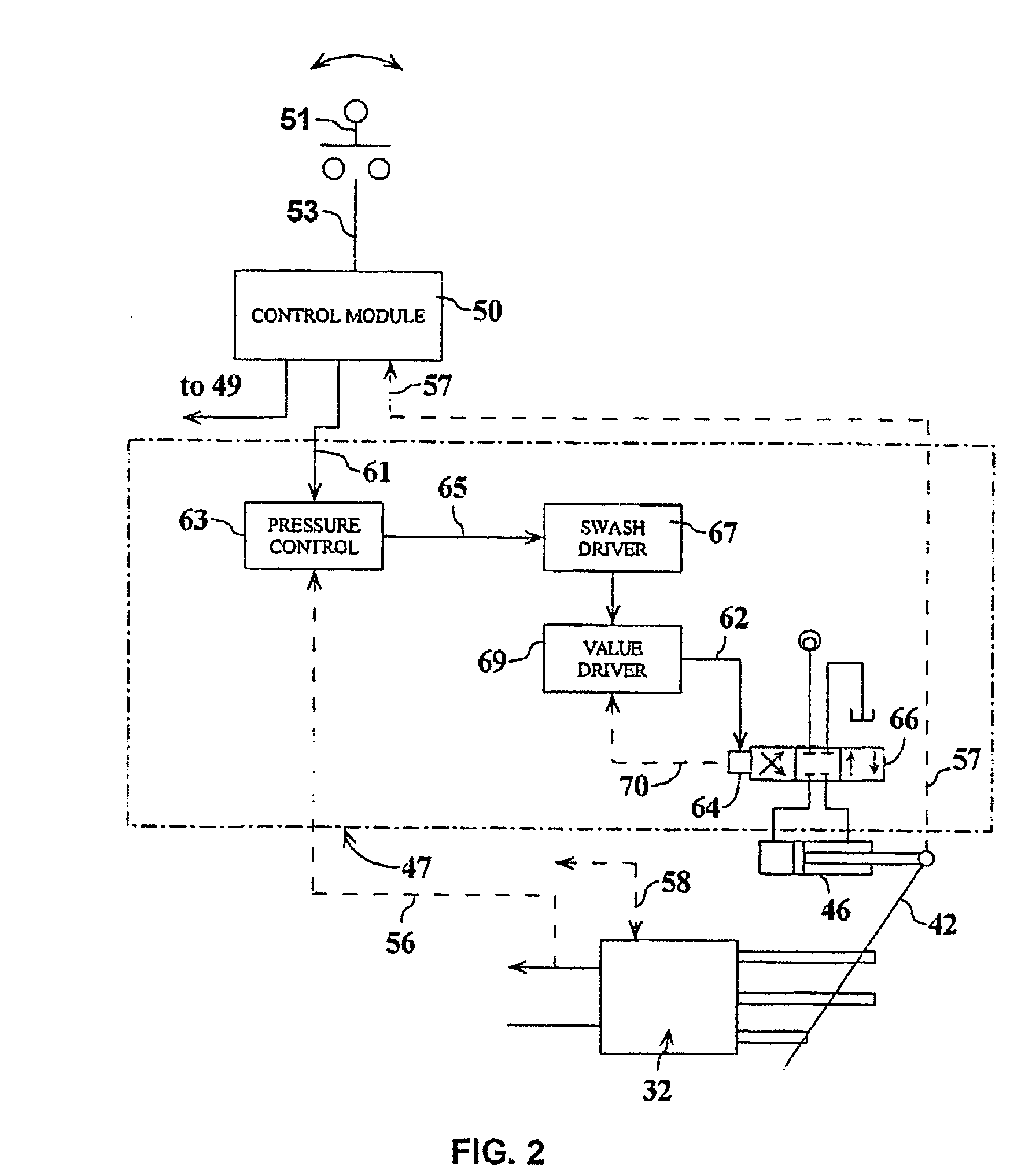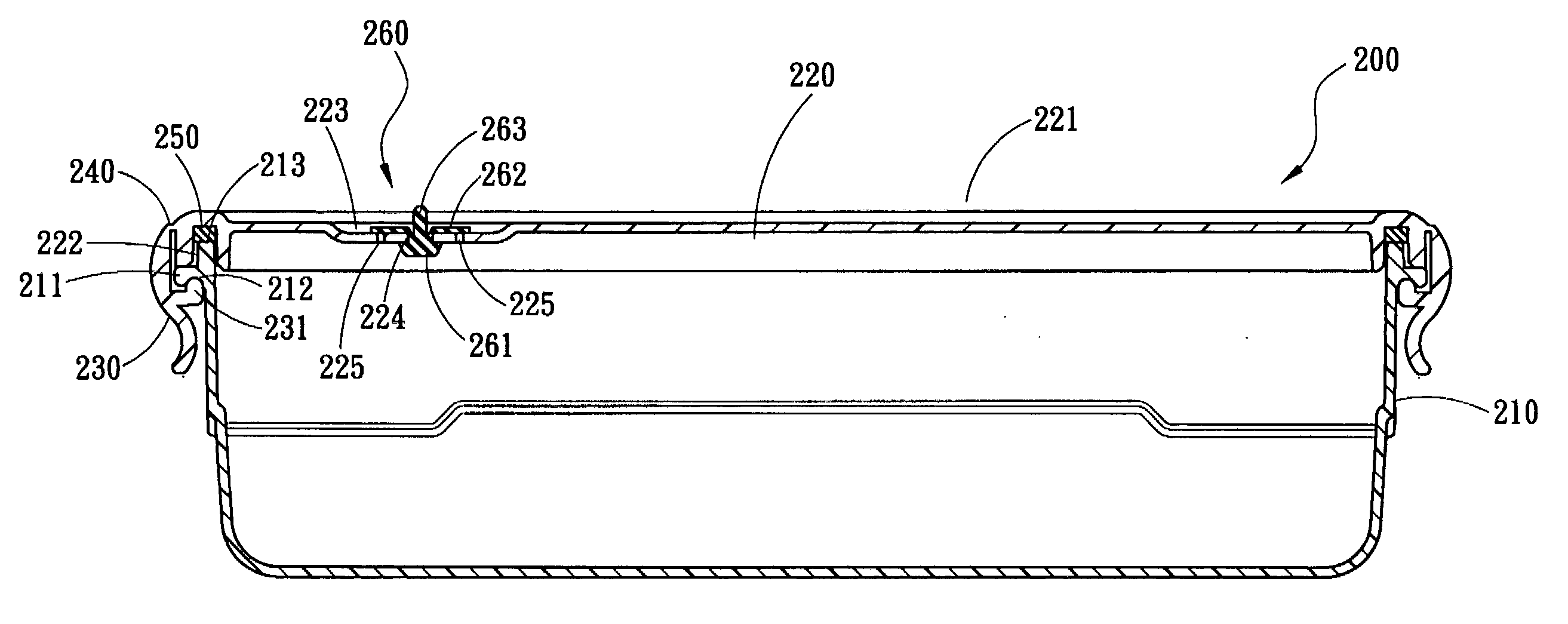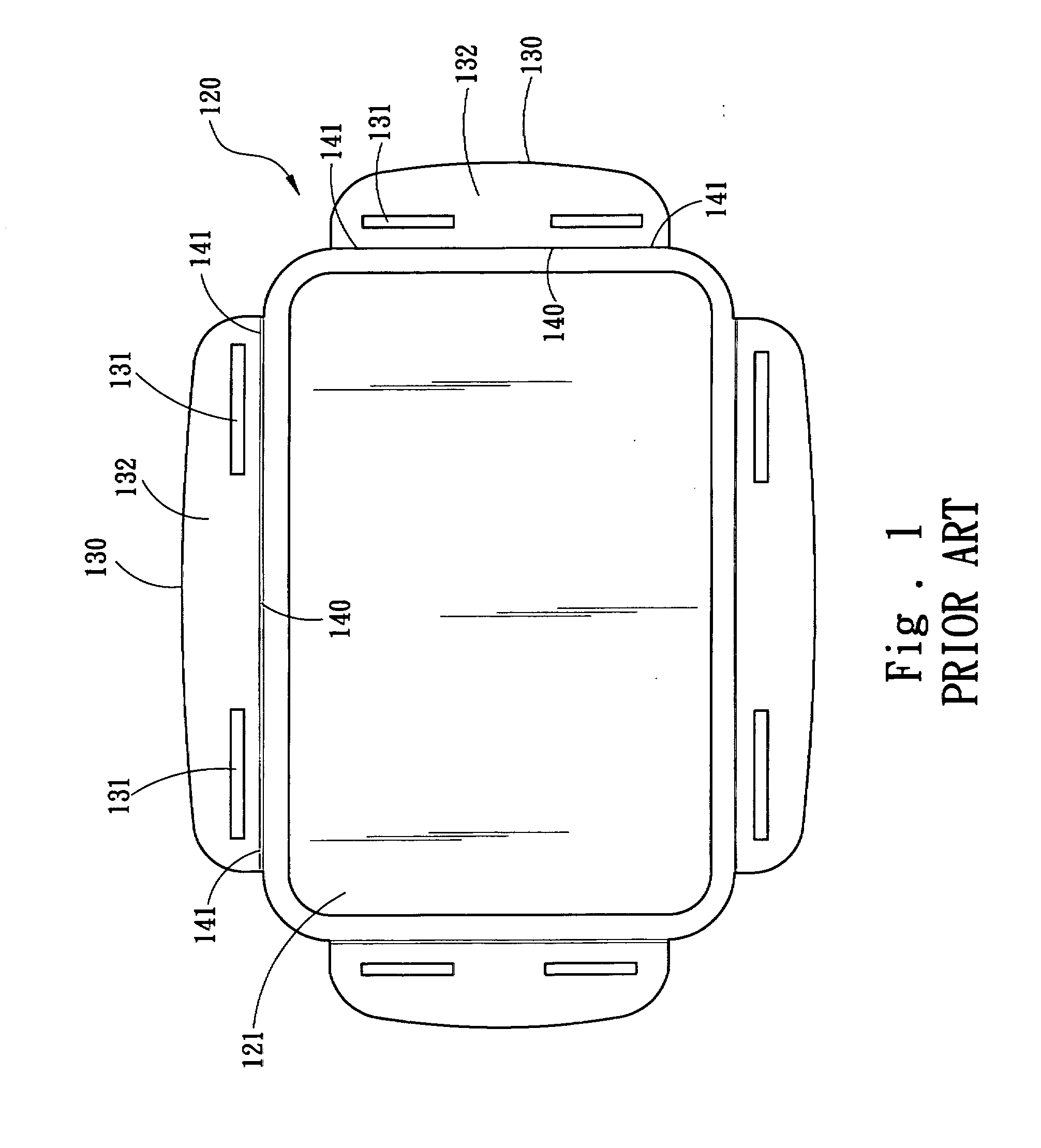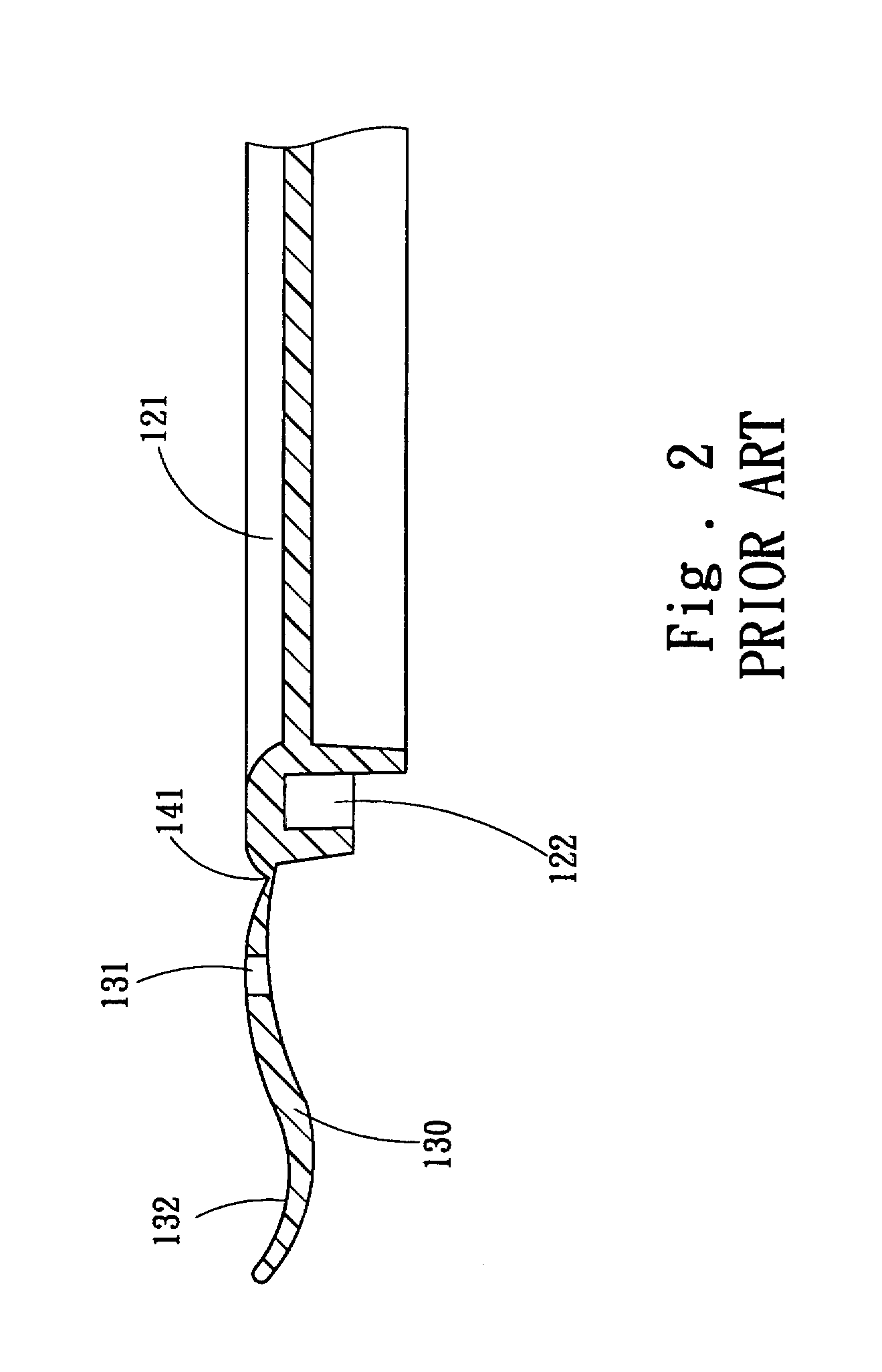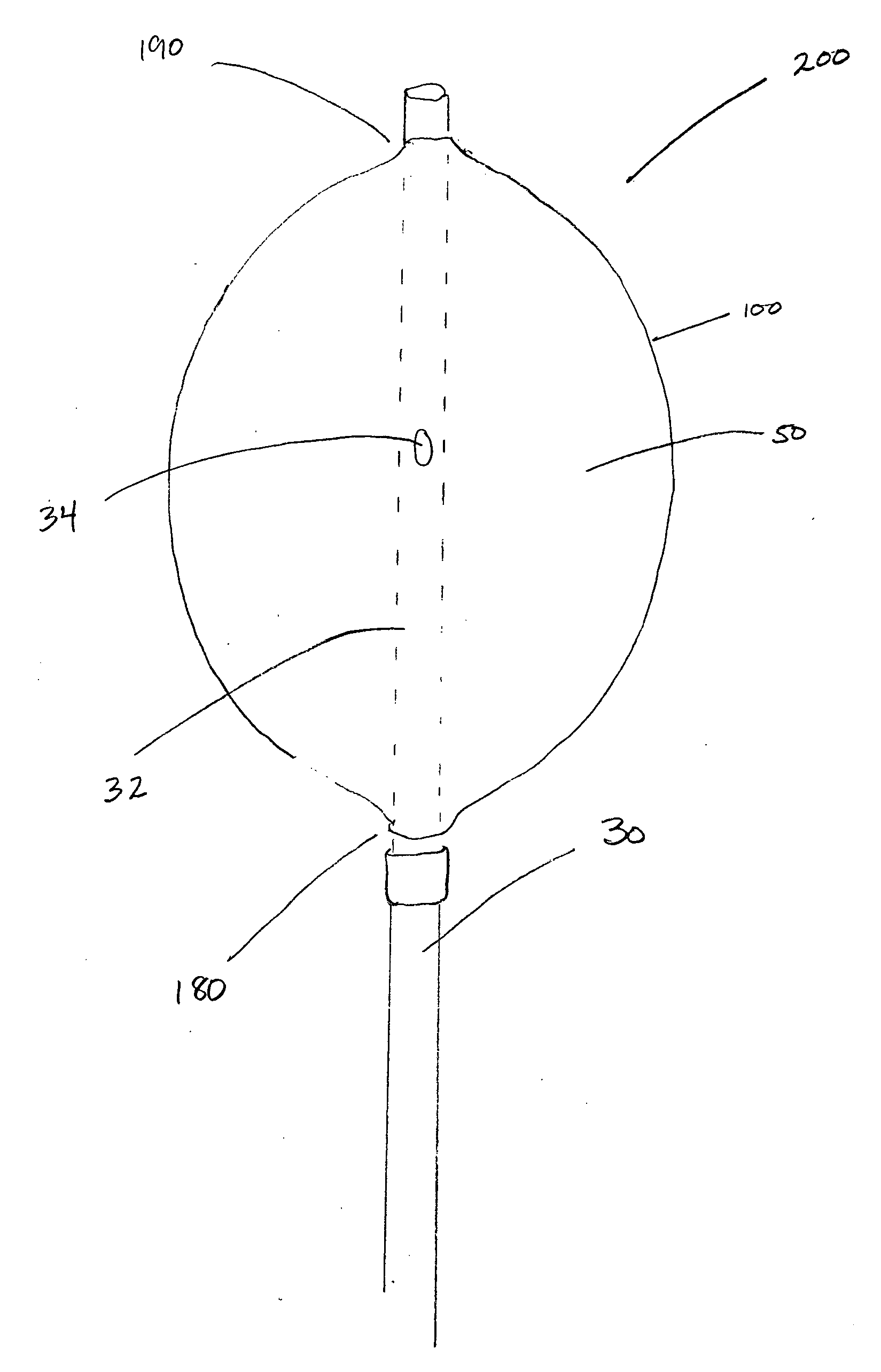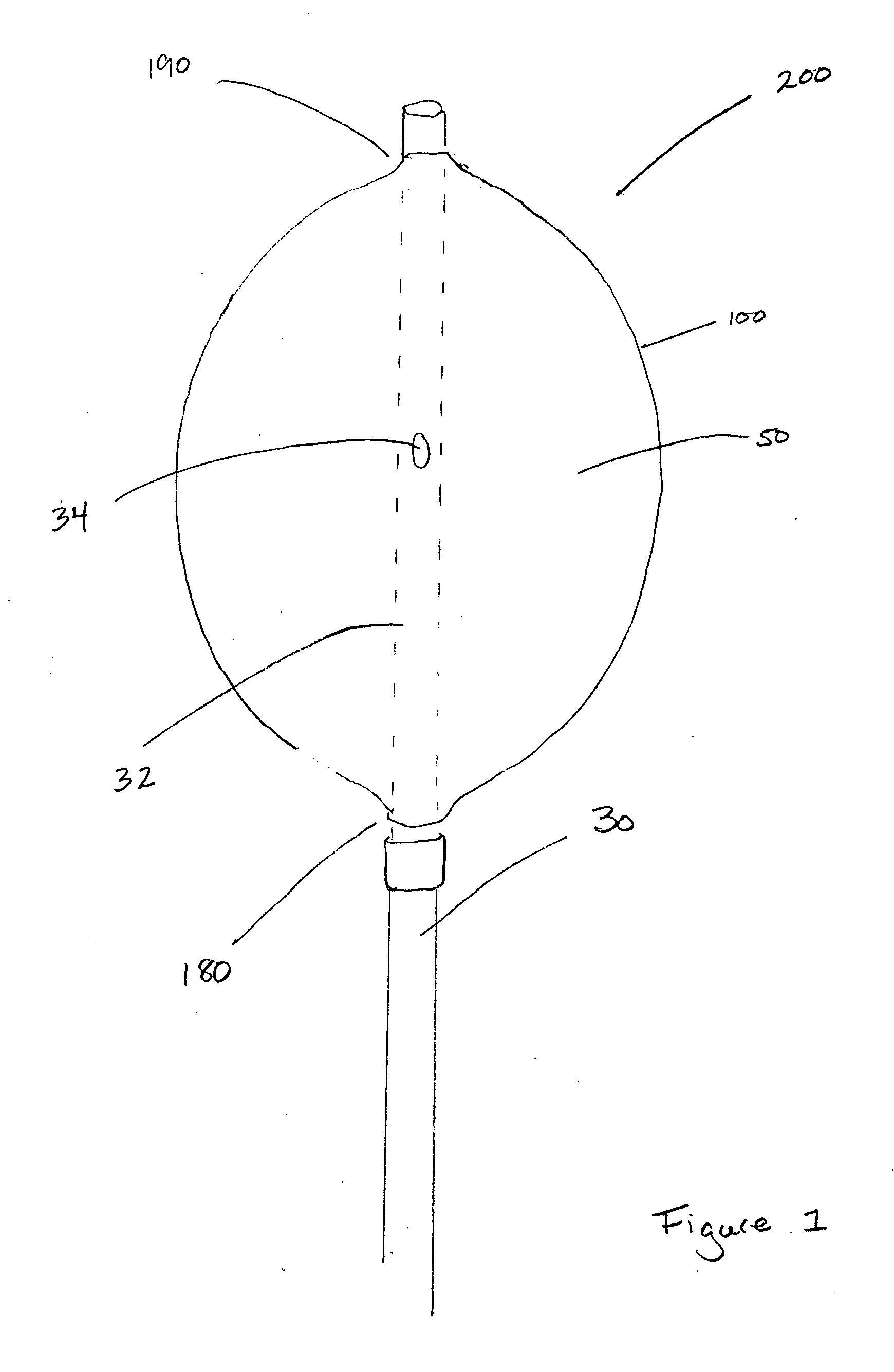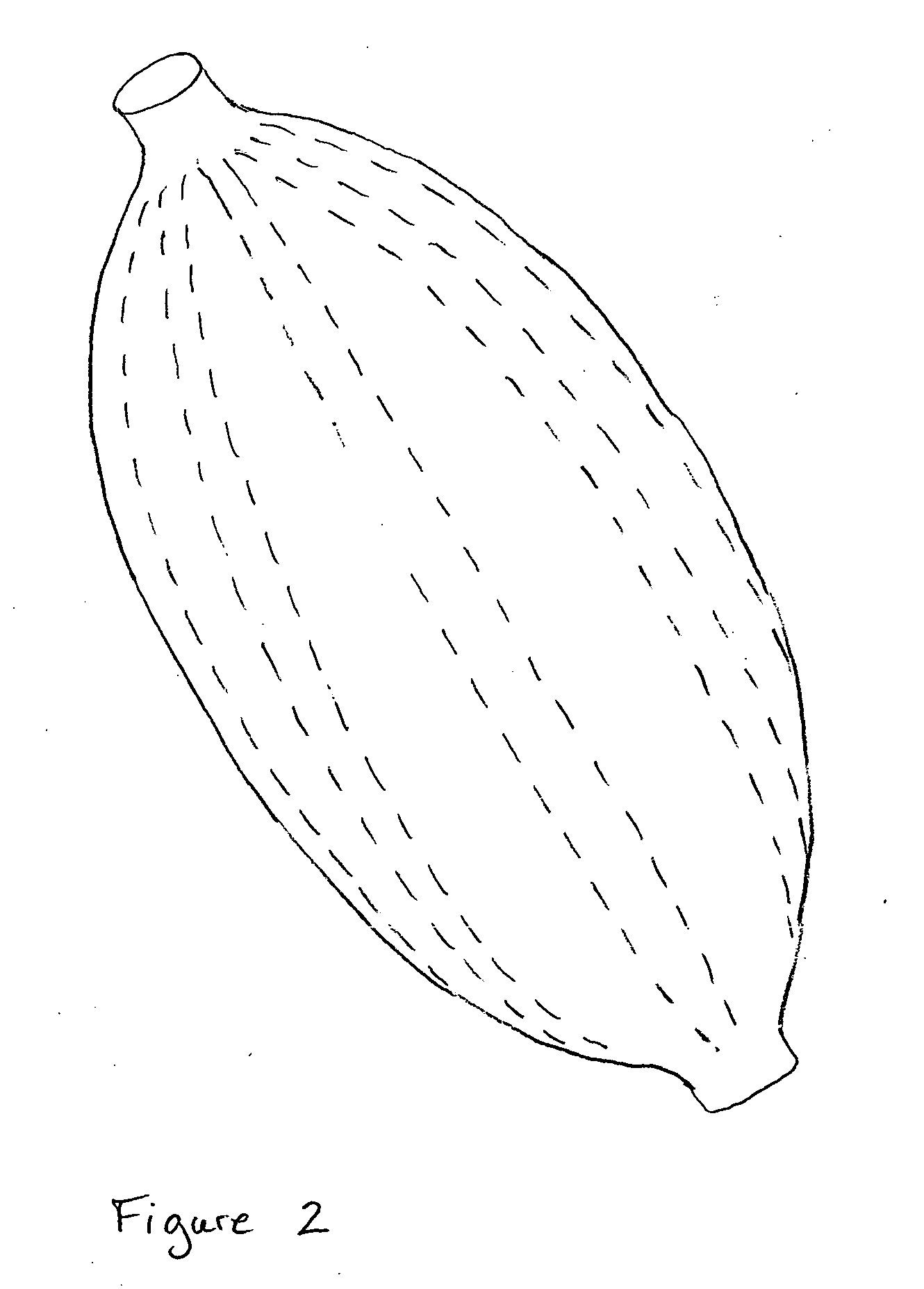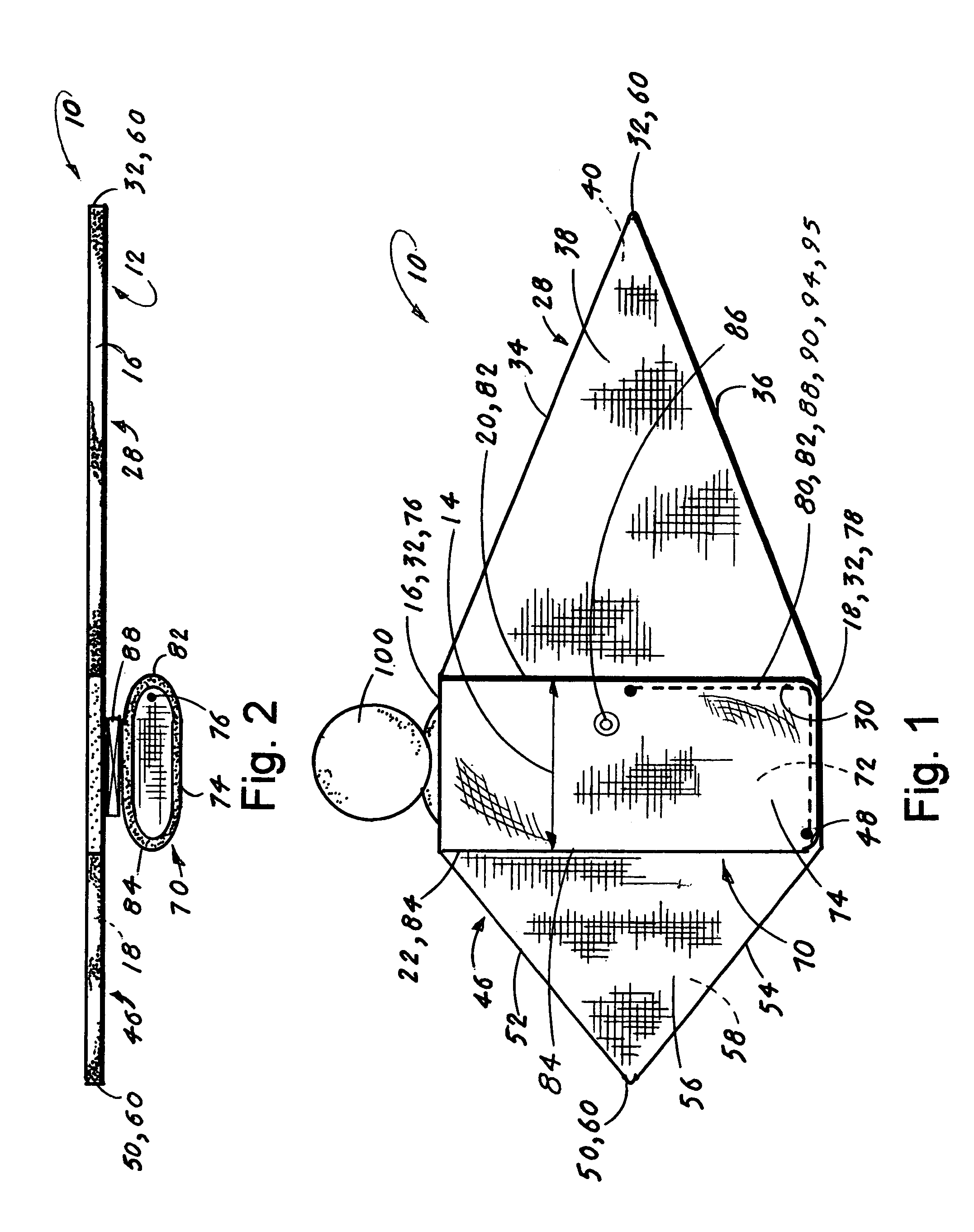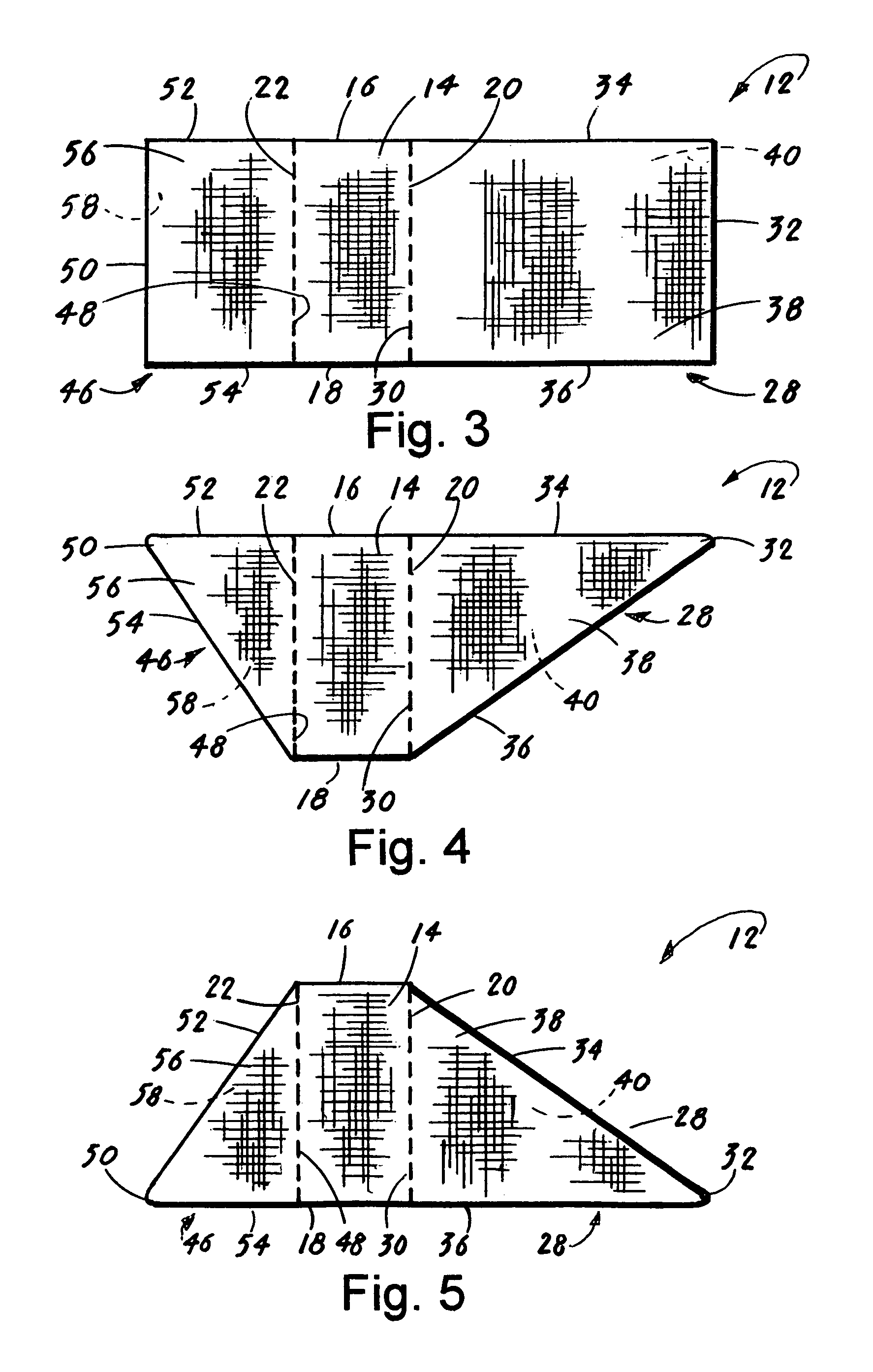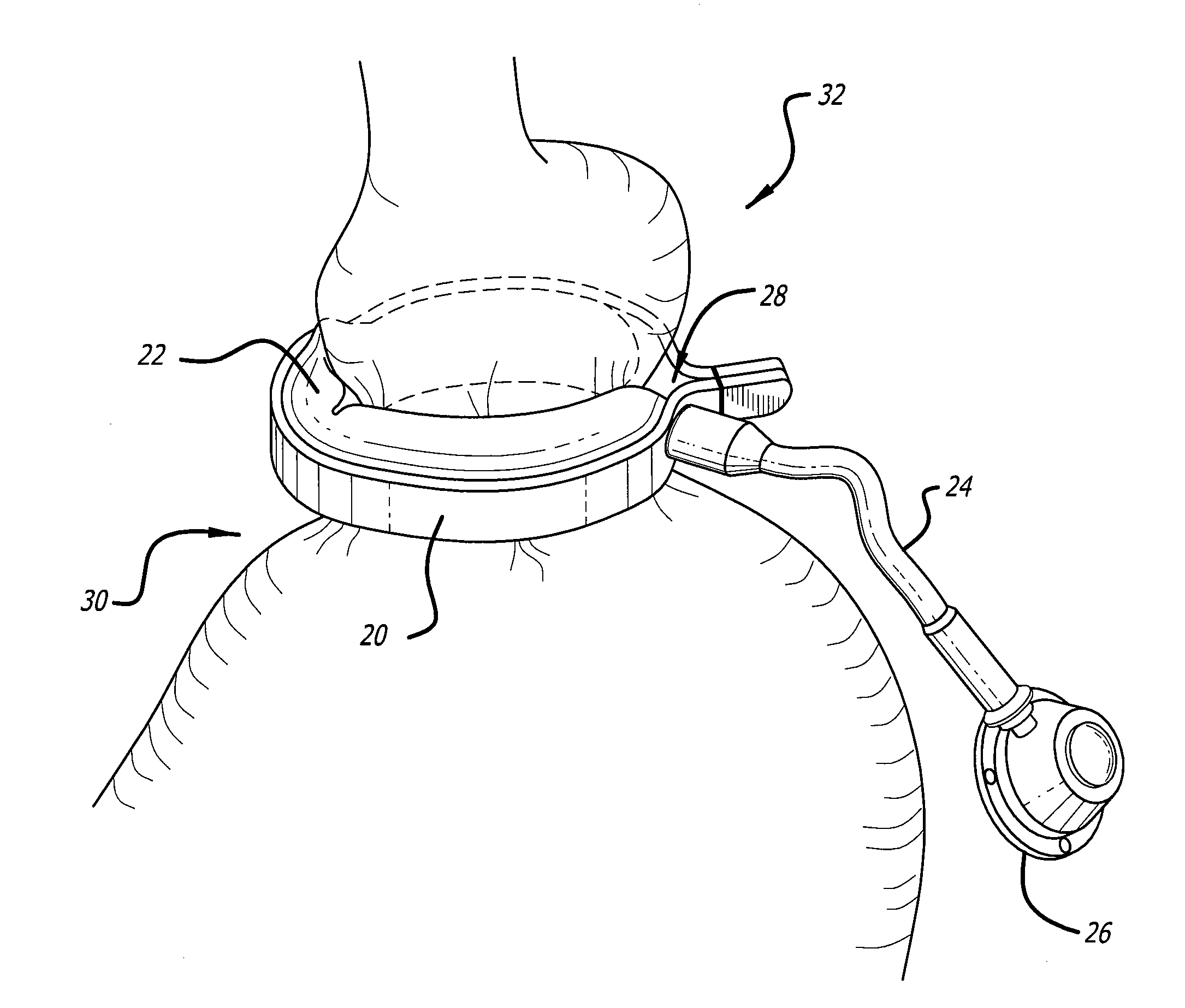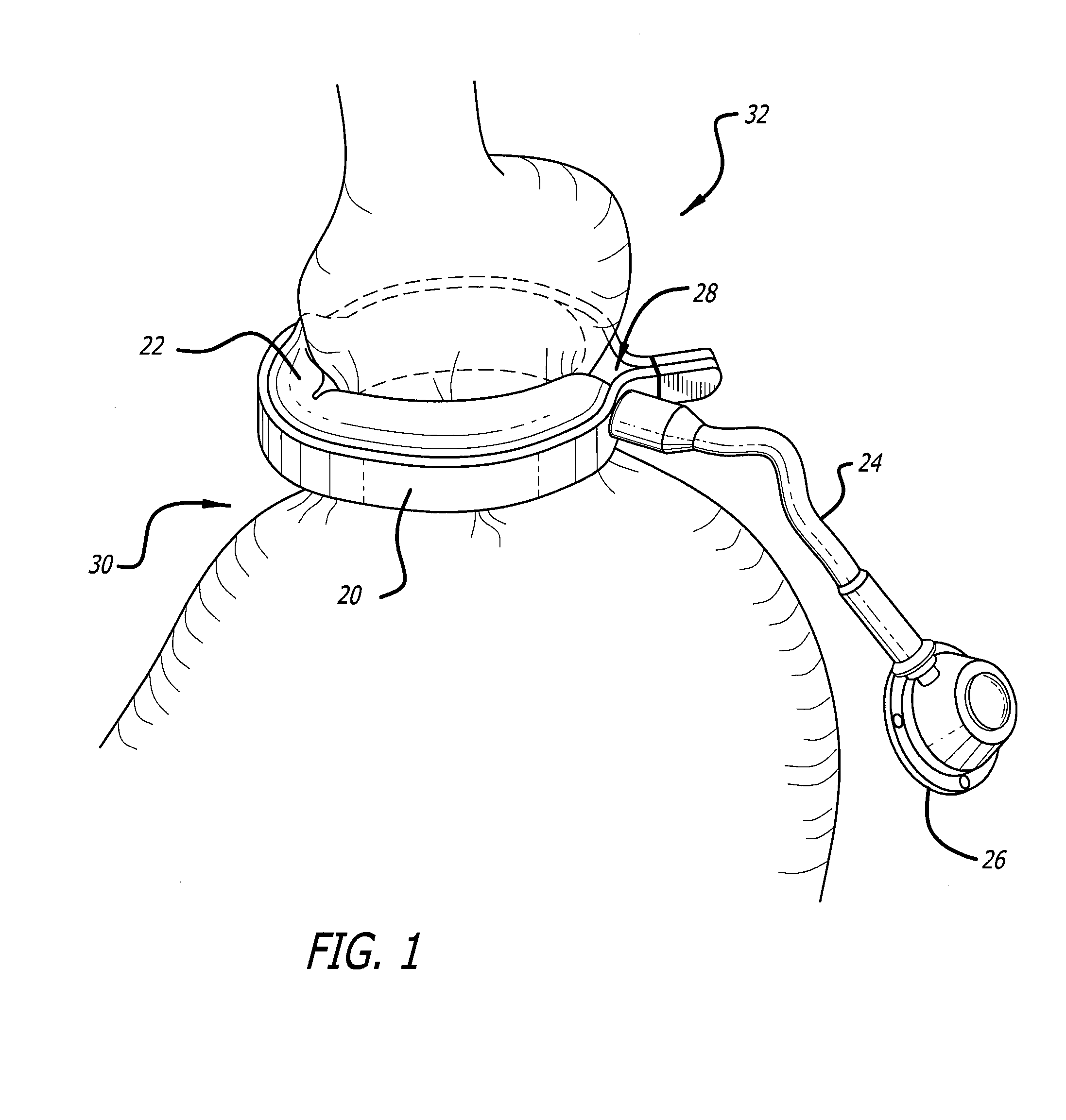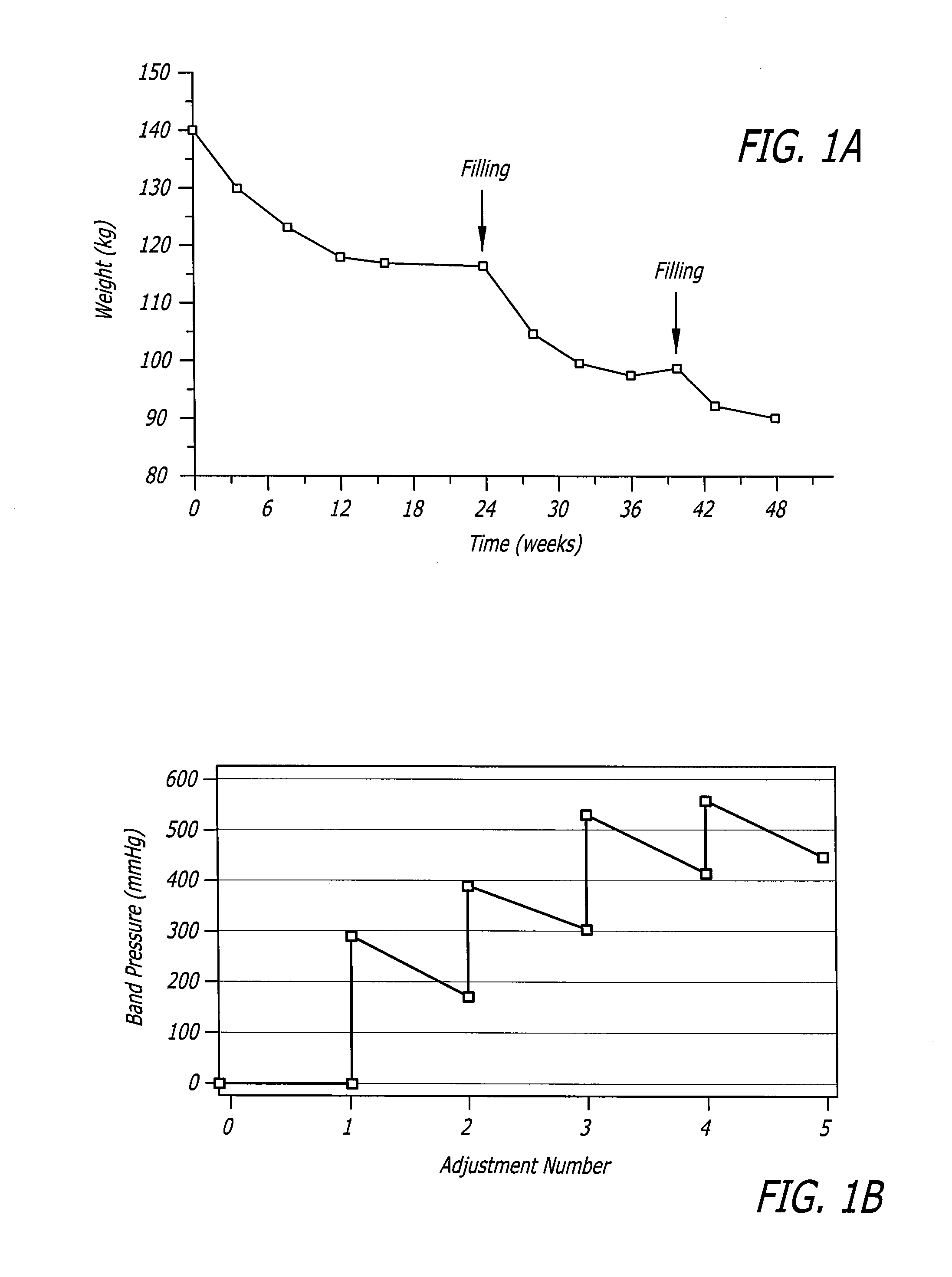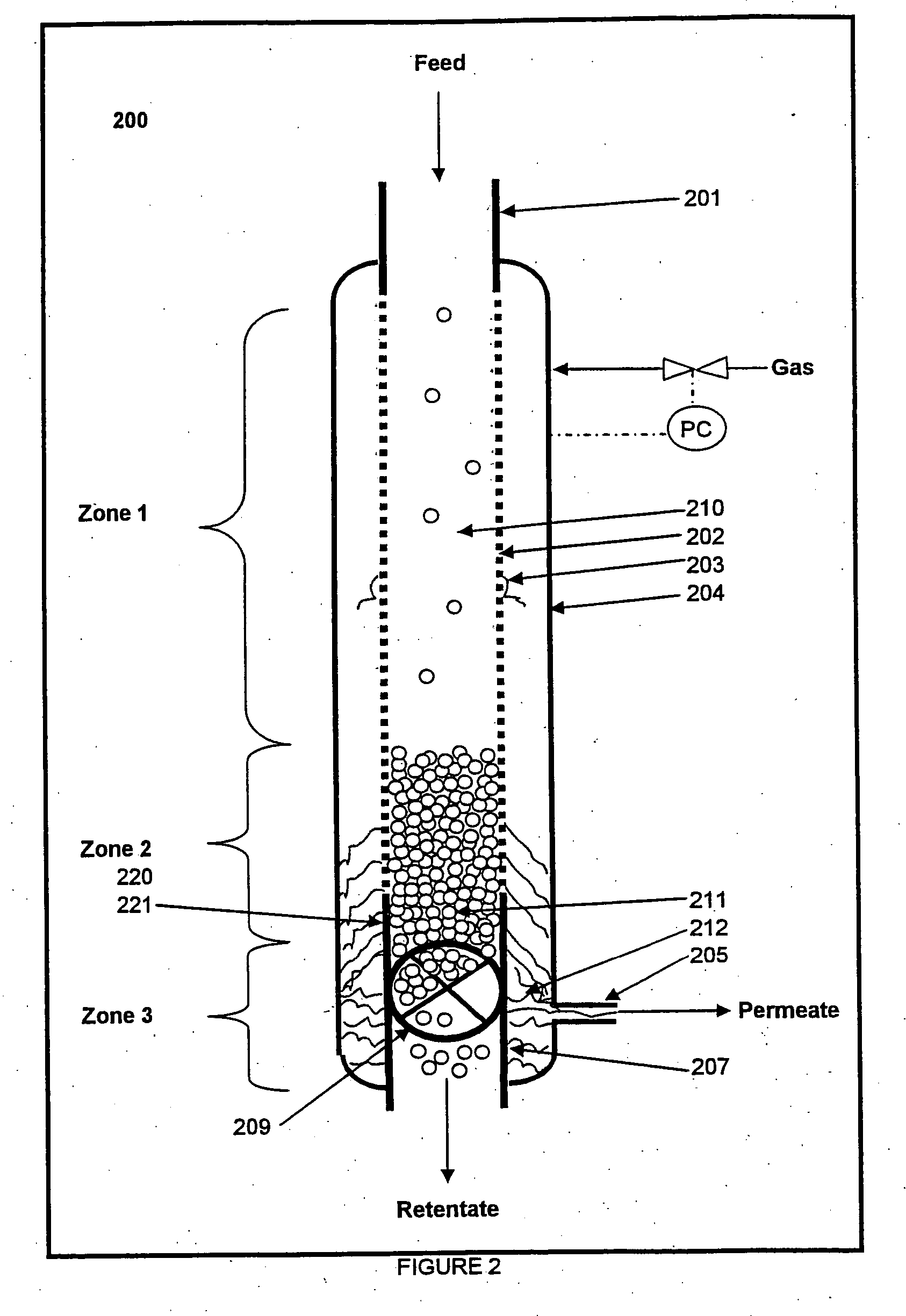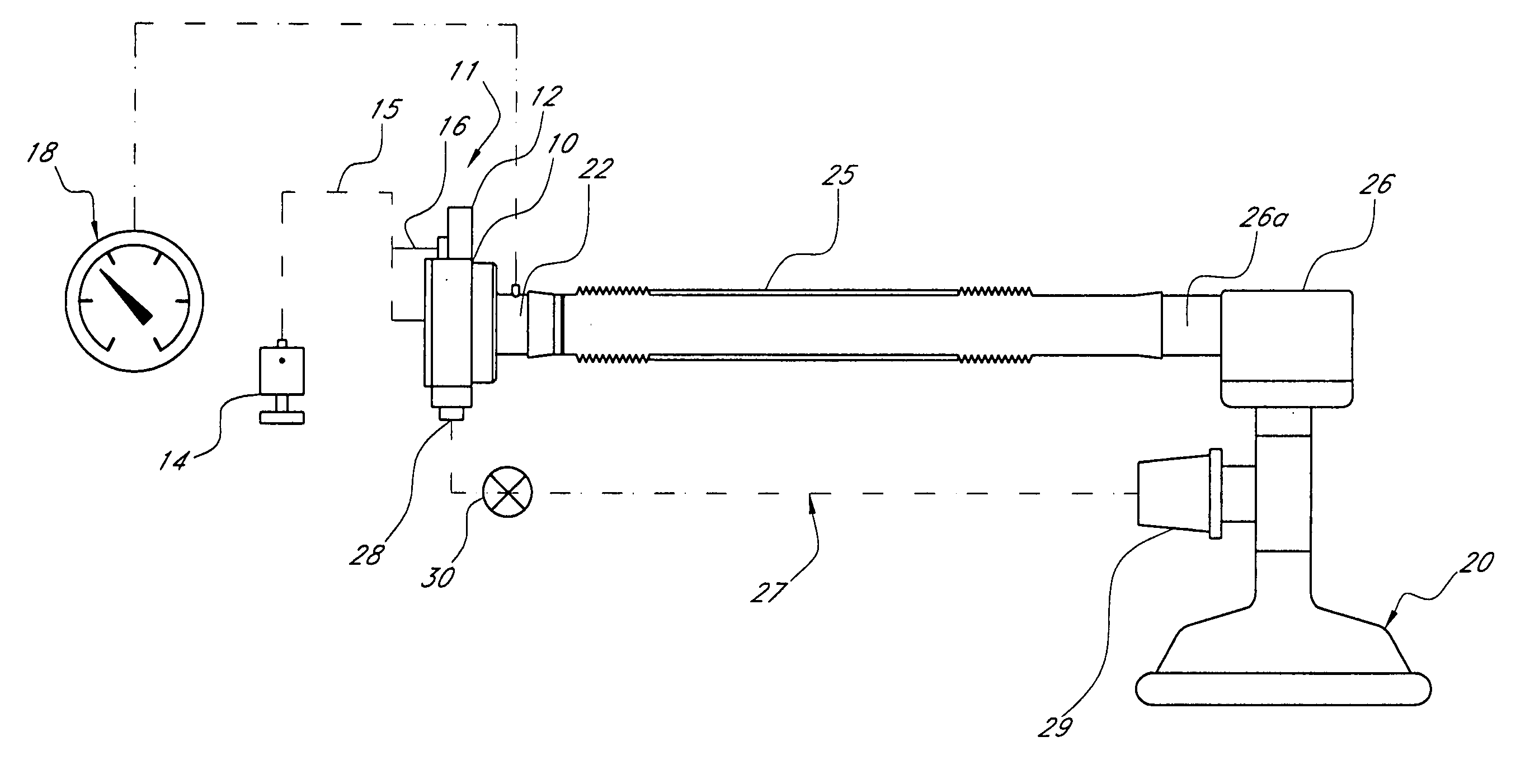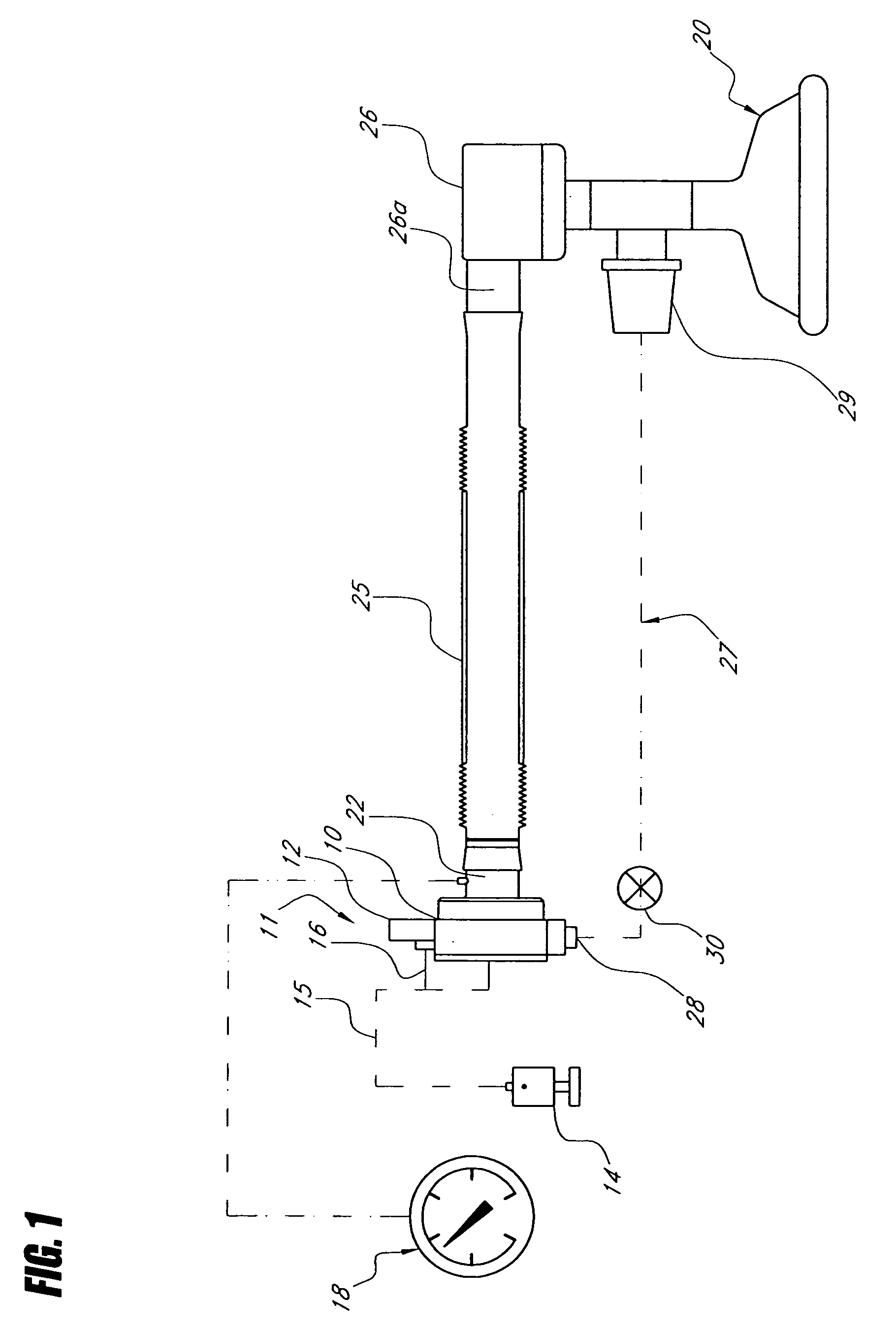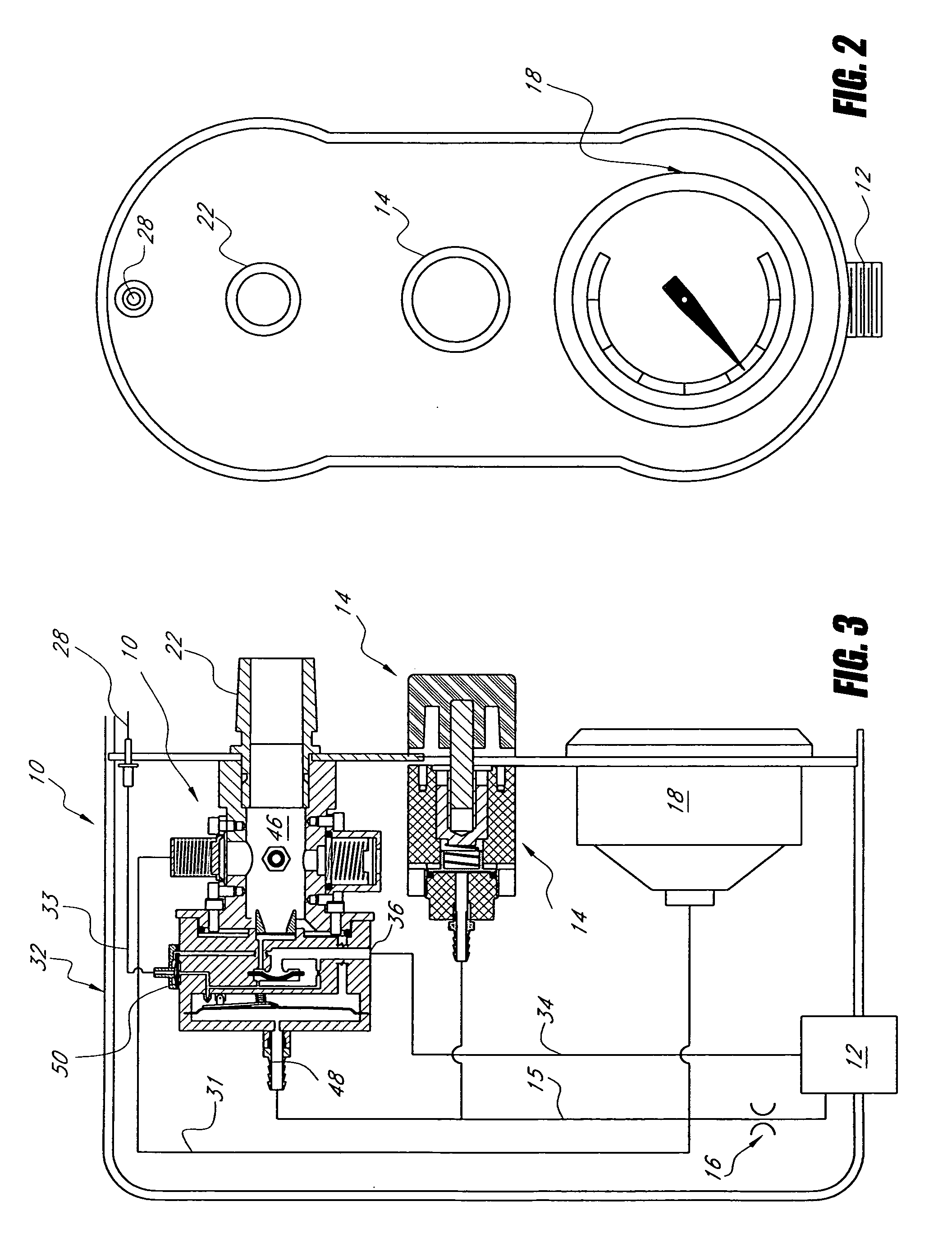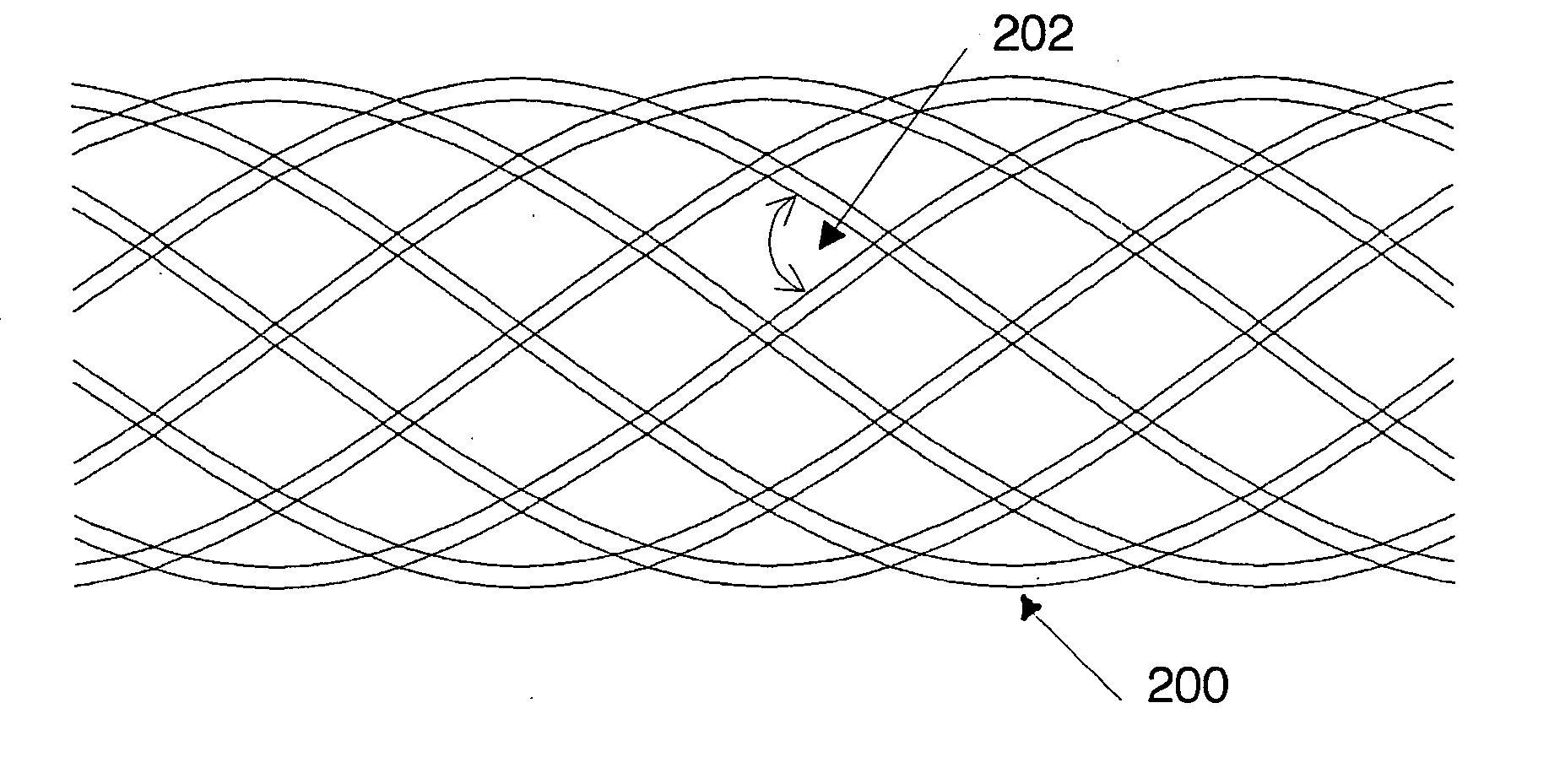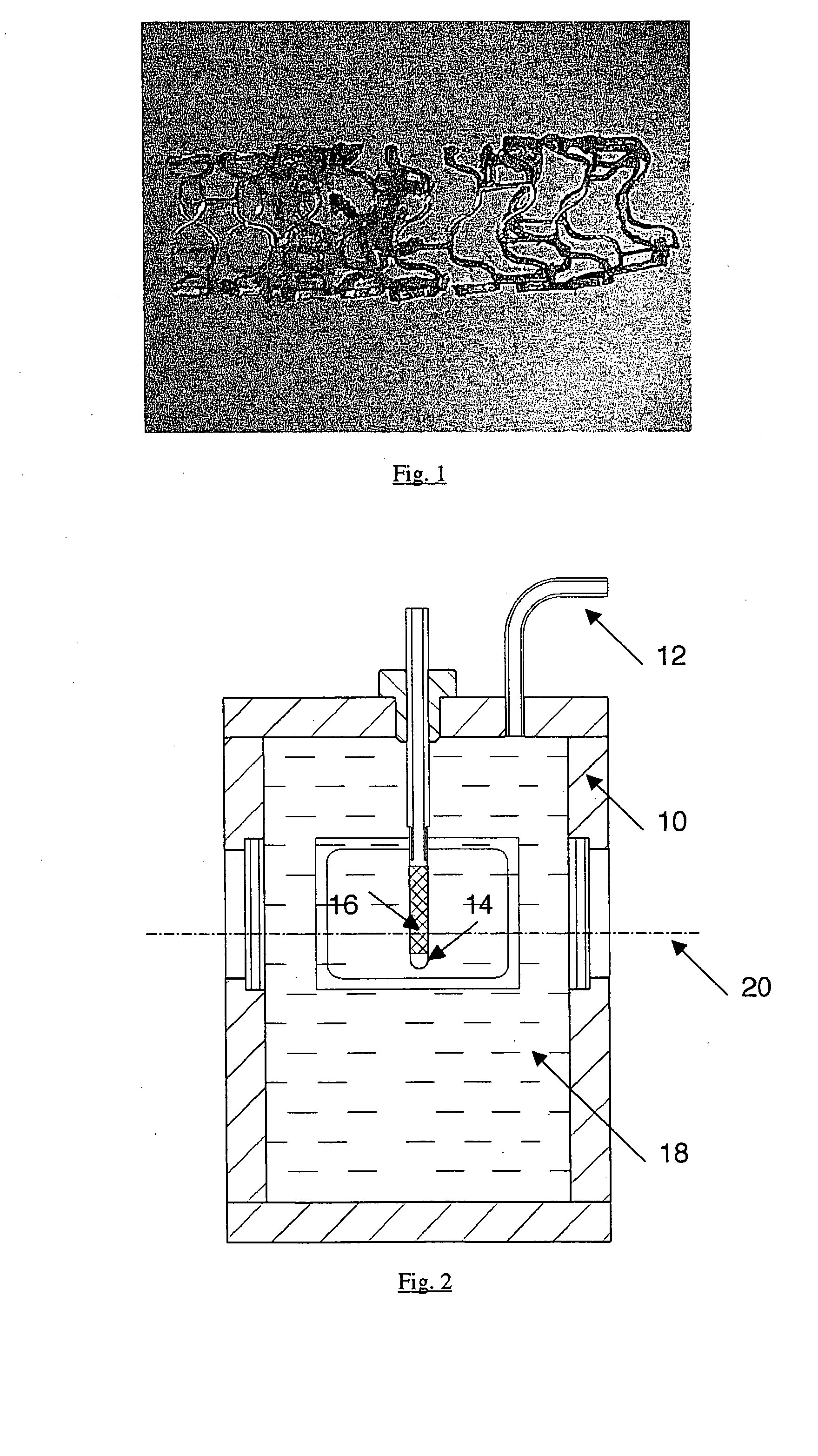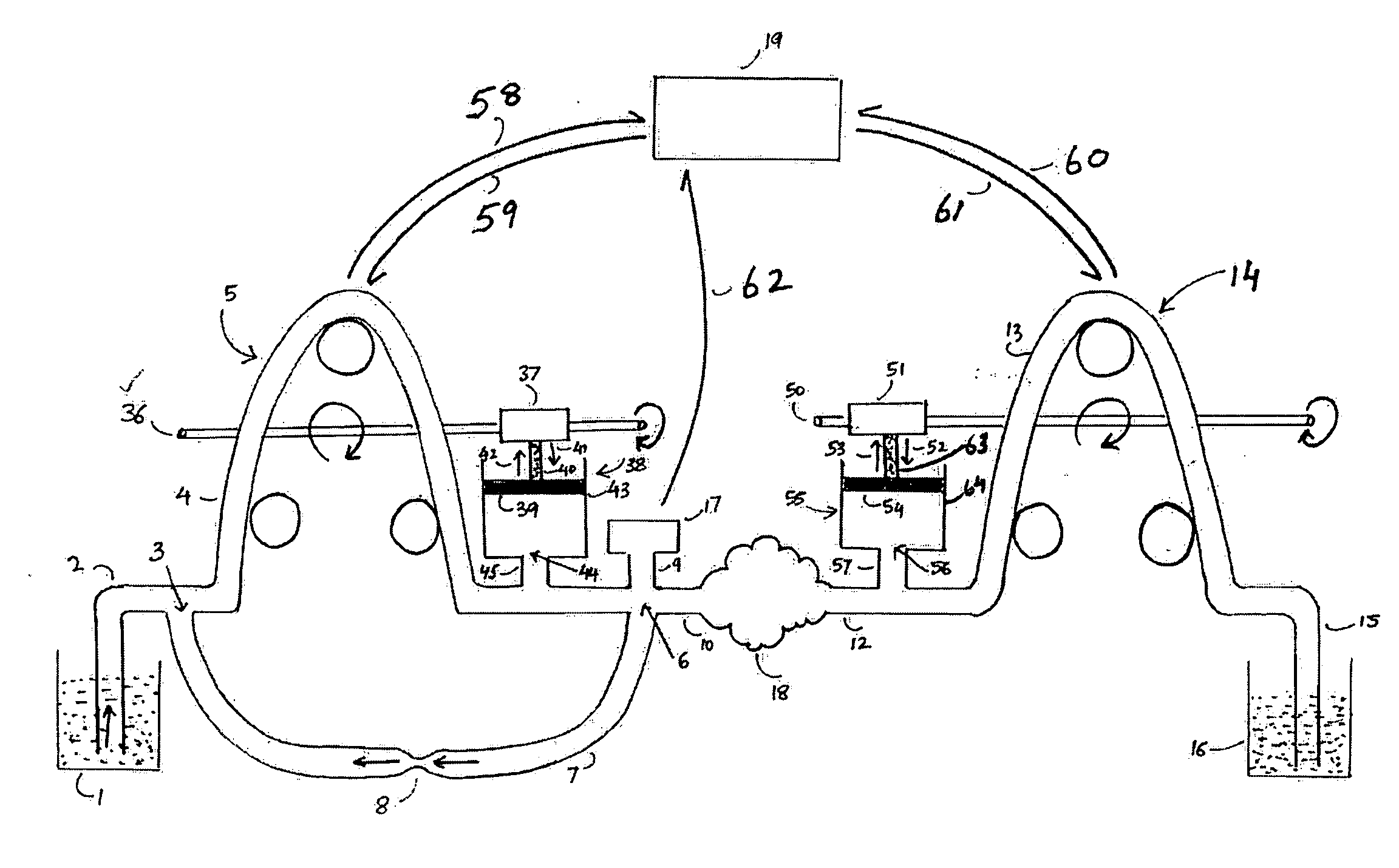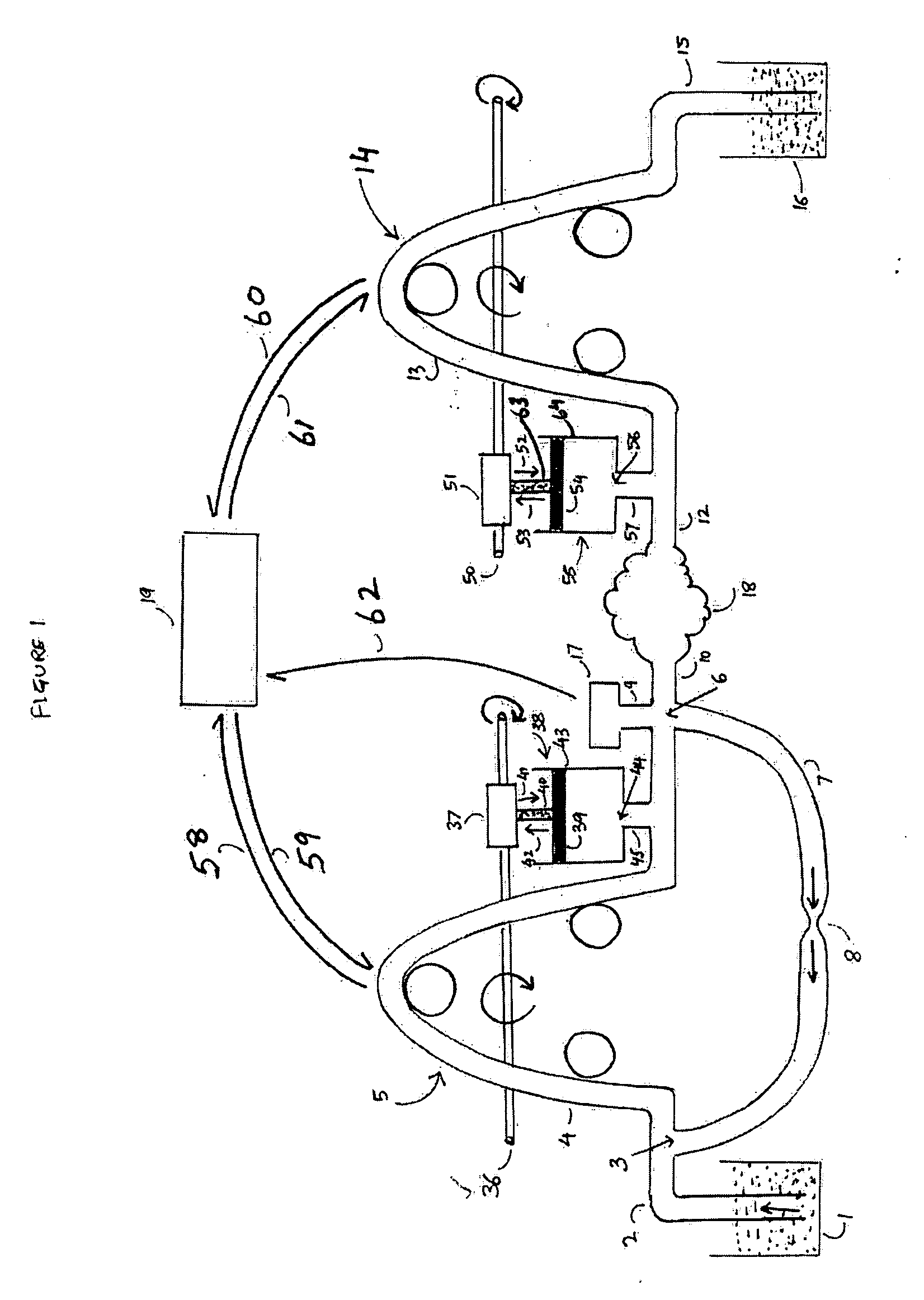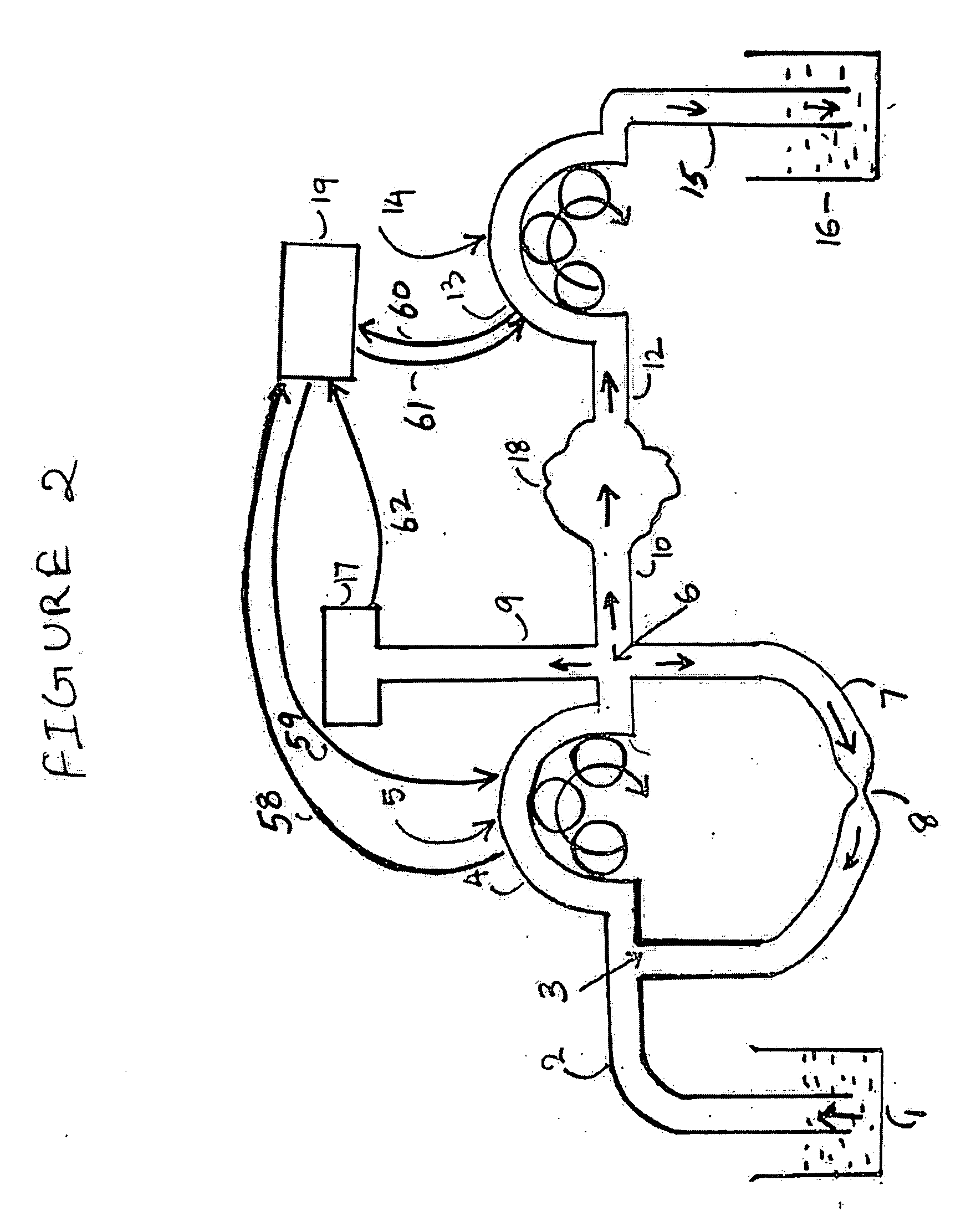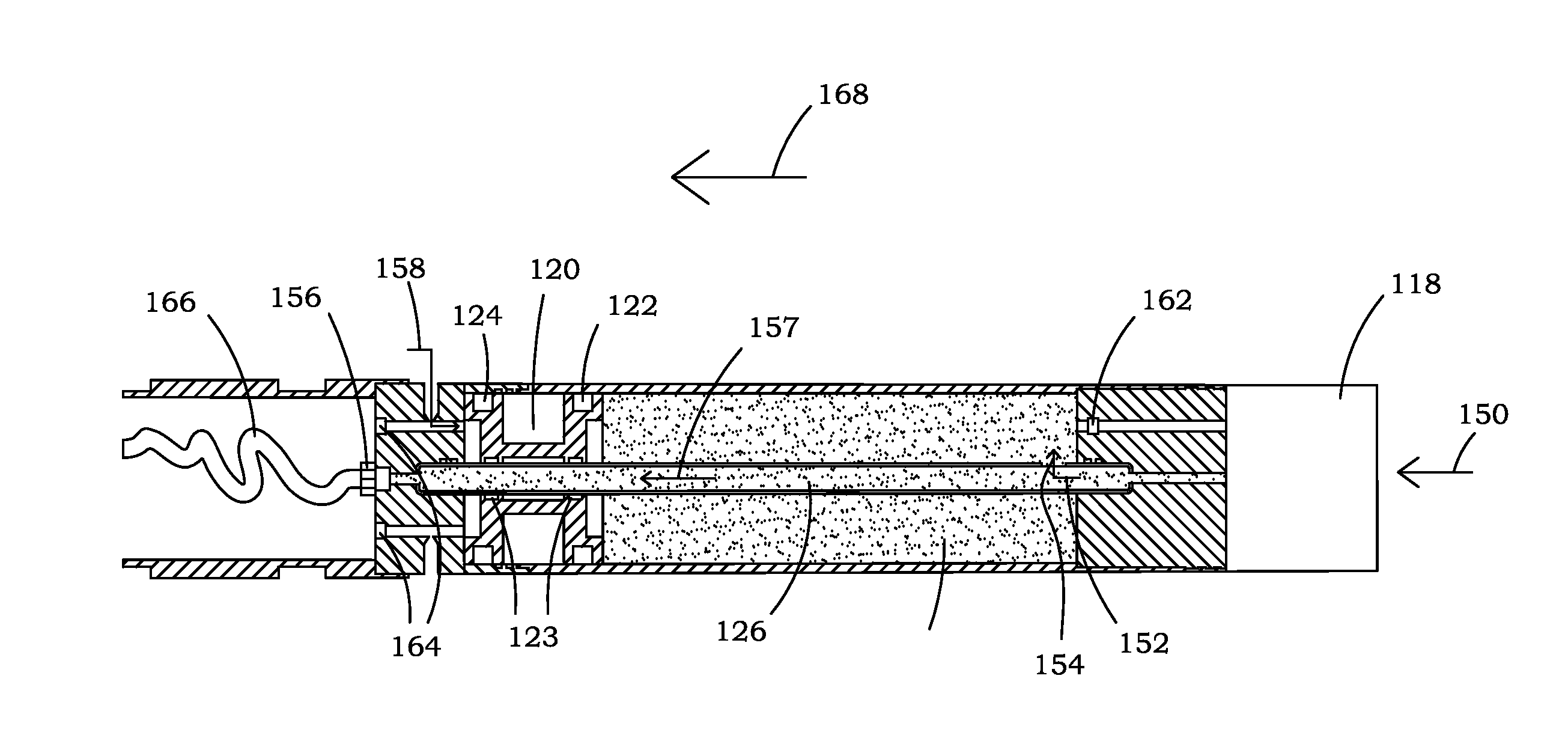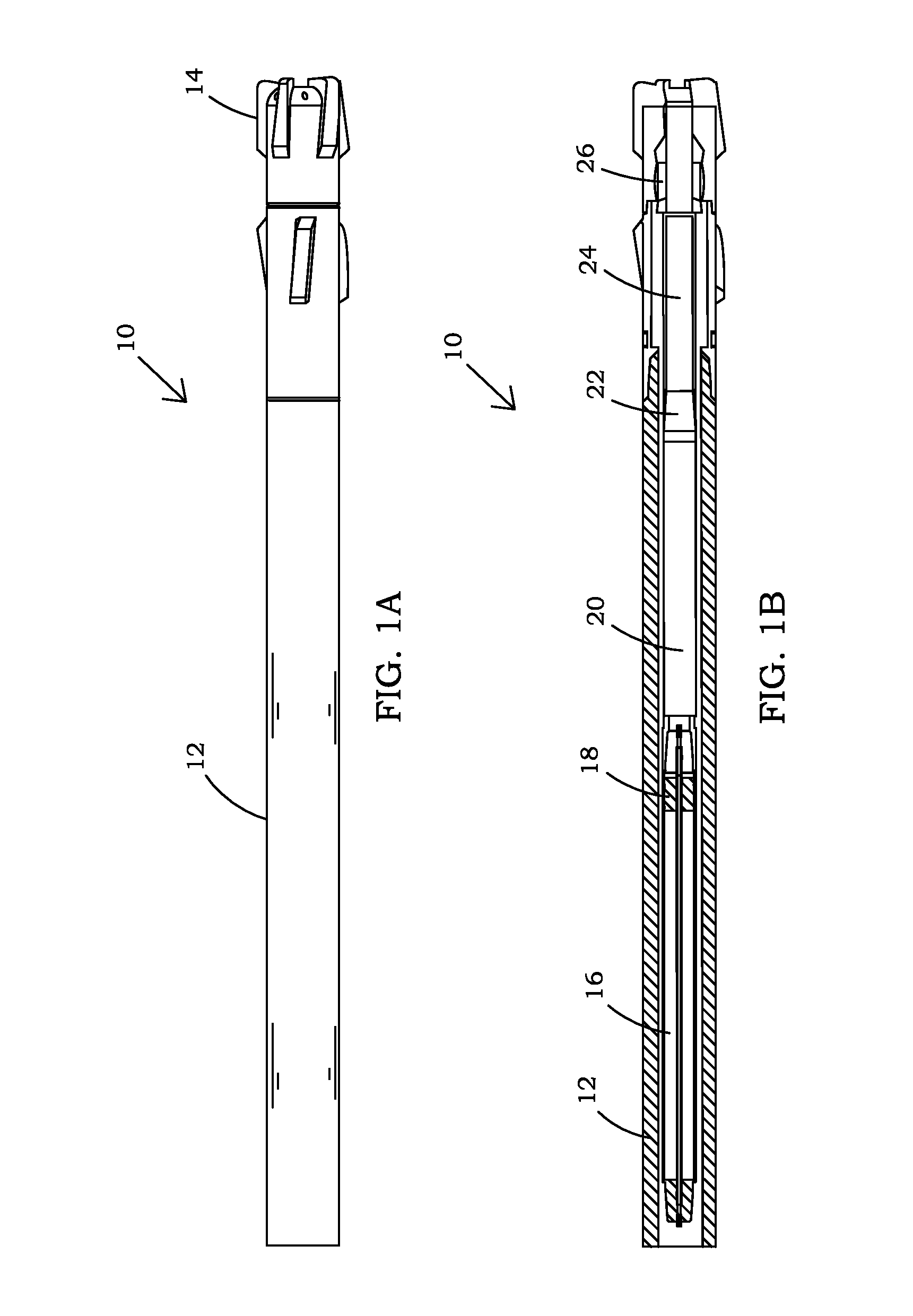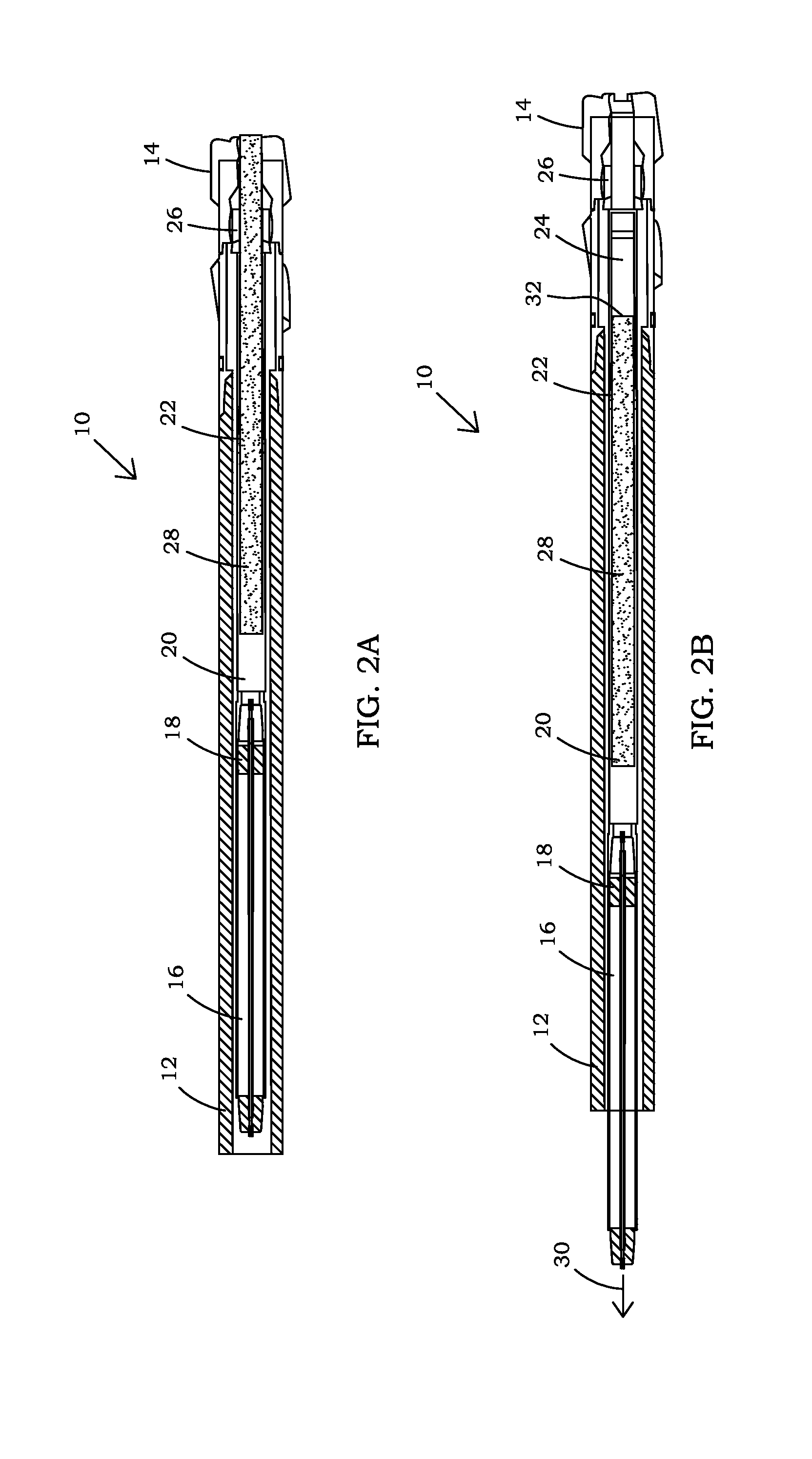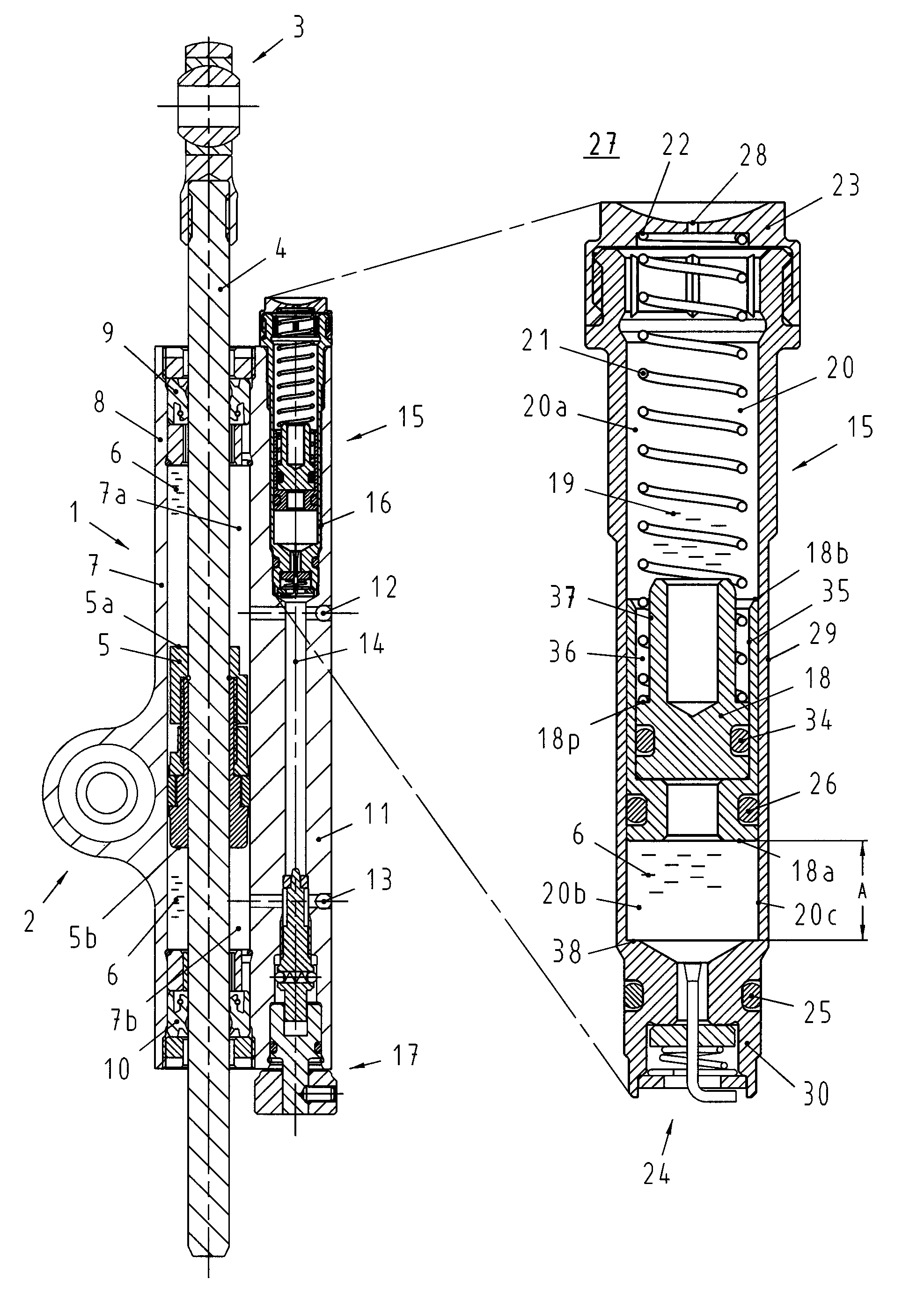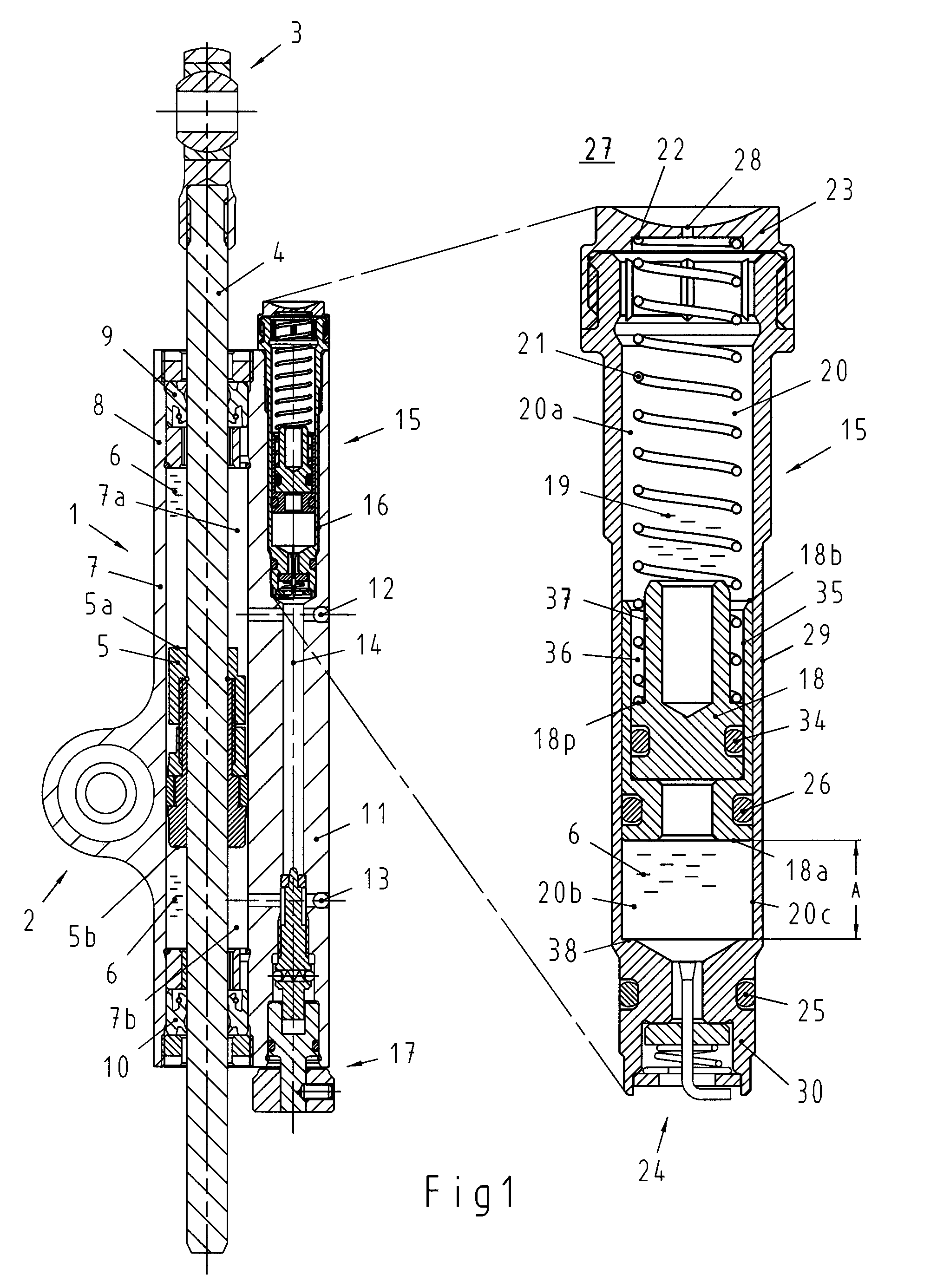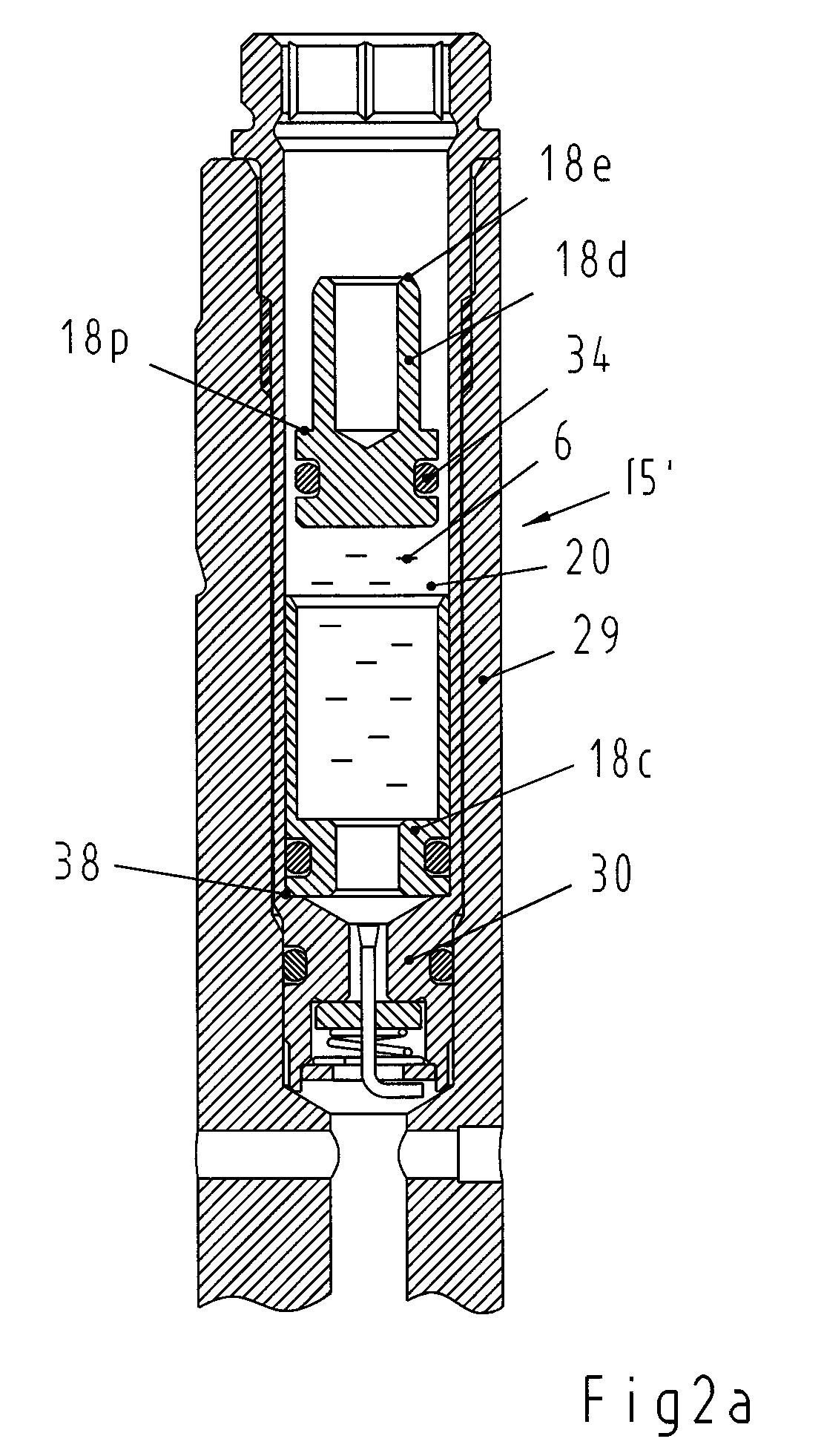Patents
Literature
Hiro is an intelligent assistant for R&D personnel, combined with Patent DNA, to facilitate innovative research.
376results about How to "Keep the pressure" patented technology
Efficacy Topic
Property
Owner
Technical Advancement
Application Domain
Technology Topic
Technology Field Word
Patent Country/Region
Patent Type
Patent Status
Application Year
Inventor
Method for expansion of stem cells
InactiveUS20060182724A1Increase oxygen contentAvoid clotsBiocideCosmetic preparationsCell culture mediaCell growth
A method of increasing the growth of stem cells by mixing the stem cells with a growth medium that has been conditioned by an incubation with placental tissue. The method increases the expansion of the stem cell population.
Owner:RIORDAN NEIL H
Anti-buckling sleeve
The invention relates to improved means for preventing buckling and therefore eversion of thin-walled, flexible, floppy gastrointestinal liners implanted in the digestive tract of an animal. The implantable devices include an anchor adapted for attachment within a natural body lumen and a thin-walled, floppy sleeve open at both ends and defining a lumen therebetween. A substantial length of the sleeve has material characteristics that result in the sleeve being prone to buckling and therefore eversion in the presence of retrograde pressures. Exemplary anti-buckling mechanisms provide an increased stiffness and / or an increased friction coefficient between the anchor and the proximal end of the sleeve to resist buckling and therefore eversion. In some embodiments, the anti-buckling mechanism is as a wire coupled along the substantial length of the sleeve.
Owner:GI DYNAMICS
Method and apparatus for providing ventilatory support to a patient
InactiveUS6457472B1Easy to breatheReduce deliveryTracheal tubesElectrocardiographySupporting systemDelayed periods
A ventilatory support system which controls the flow of breathing gas to a patient based on the physiological requirements of the patient is disclosed. Gas pressure in the trachea of the patient is measured, and the delivery of breathing gas to the patient is controlled based on the sensed gas pressure. Depending on the physiological needs of the patient, a tracheal gas pressure limit and a breathing gas flow rate value are established. When the tracheal gas pressure limit is reached, the flow of breathing gas is reduced or terminated. The flow of breathing gas is resumed, for example, after a delay period, or after the tracheal gas pressure falls to a predetermined level.
Owner:THE JOHN HOPKINS UNIV SCHOOL OF MEDICINE
Test Sensor Cartridges and Sensor-Dispensing Instruments
ActiveUS20080094804A1Keep the pressureCoin-freed apparatus detailsDiagnostic recording/measuringStructural engineeringMechanical engineering
The cartridge comprises a housing, a plurality of test sensors, a mechanical mechanism, and a pusher assembly. The housing forms at least one opening therethrough. The plurality of test sensors is stacked in the housing. The plurality of test sensors is adapted to assist in testing at least one analyte. The mechanical mechanism is adapted to urge the plurality of test sensors in a first direction. One of the plurality of test sensors is positioned for extraction from the cartridge. The pusher assembly is adapted to push one of the plurality of test sensors from the cartridge. The pusher assembly includes a ferromagnetic material or a magnet.
Owner:ASCENSIA DIABETES CARE HLDG AG
Continuous gas flow trocar assembly
InactiveUS7182752B2Maintain alignmentConstant pressureCannulasDiagnosticsSurgical deviceAbdominal trocar
A trocar assembly for providing a pressurized insufflation fluid into a patient cavity and for providing sealable access to the patient cavity by a surgical instrument. The assembly comprises an inner tubular member having a proximal end and a distal end. An outer tubular member is disposed about the inner tubular member, the outer tubular member having a proximal end and a distal end. The distal end of the inner tubular member and the distal end of the outer tubular member define a trocar seal nozzle arranged therebetween.
Owner:IP TCHNOLOGIES LLC
Device and implantation system for electrical stimulation of biological systems
ActiveUS20110307027A1Increase pressureKeep the pressureImplantable neurostimulatorsDiagnostic recording/measuringElectricityPhysical therapy
The present specification discloses devices and methodologies for the treatment of GERD. Individuals with GERD may be treated by implanting a stimulation device within the patient's lower esophageal sphincter and applying electrical stimulation to the patient's lower esophageal sphincter, in accordance with certain predefined protocols. The presently disclosed devices have a simplified design because they do not require sensing systems capable of sensing when a person is engaged in a wet swallow and have improved energy storage requirements.
Owner:PARAS HLDG LLC
Device for treatment of wound using reduced pressure
ActiveUS8382731B2Reduce pressureKeep the pressureSurgeryMedical devicesLiquid diffusionCompressible material
Provided is a device for treatment of wounds using reduced pressure, which includes a pump, a gas barrier cover, a first compressible material which expands after compression, and a second material capable of absorbing wound fluids several times its own weight. The first and second materials are arranged inside the cover and form a reservoir connected to the pump. The device also includes an inlet for connecting the reservoir with a wound, a wound pad to be arranged in the wound cavity, and a sealing covering the wound and the wound pad. A third material with high liquid spreading capability is arranged around at least a major part of the first material, and the second material is in the form of at least one layer arranged outside the third material and separated from the first material by the third material.
Owner:MOLNLYCKE HEALTH CARE AB
Dermal and Transdermal Cryogenic Microprobe Systems and Methods
ActiveUS20080154254A1Increase temperatureTime control be enhancedSurgical instruments for coolingTime controlMedical device
Medical devices, systems, and methods optionally treat dermatological and / or cosmetic defects, and / or a wide range of additional target tissues. Embodiments apply cooling with at least one small, tissue-penetrating probe, the probe often comprising a needle having a size suitable for inserting through an exposed surface of the skin of a patient without leaving a visible scar. Treatment may be applied along most or all of the insertable length of an elongate needle, optionally by introducing cryogenic cooling fluid into the needle lumen through a small, tightly-toleranced lumen of a fused silica fluid supply tube, with the supply tube lumen often metering the cooling fluid. Treatment temperature and / or time control may be enhanced using a simple pressure relief valve coupled to the needle lumen via a limited total exhaust volume space.
Owner:PACIRA CRYOTECH INC
Subsea wellbore drilling system for reducing bottom hole pressure
InactiveUS6854532B2Easy to deployFaster and effective subsea downhole operationDrilling rodsConstructionsDelivery systemBottom hole assembly
The present invention provides drilling systems for drilling subsea wellbores. The drilling system includes a tubing that passes through a sea bottom wellhead and carries a drill bit. A drilling fluid system continuously supplies drilling fluid into the tubing, which discharges at the drill bit bottom and returns to the wellhead through an annulus between the tubing and the wellbore carrying the drill cuttings. A fluid return line extending from the wellhead equipment to the drilling vessel transports the returning fluid to the surface. In a riserless arrangement, the return fluid line is separate and spaced apart from the tubing. In a system using a riser, the return fluid line may be the riser or a separate line carried by the riser. The tubing may be coiled tubing with a drilling motor in the bottom hole assembly driving the drill bit. A suction pump coupled to the annulus is used to control the bottom hole pressure during drilling operations, making it possible to use heavier drilling muds and drill to greater depths than would be possible without the suction pump. An optional delivery system continuously injects a flowable material, whose fluid density is less than the density of the drilling fluid, into the returning fluid at one or more suitable locations the rate of such lighter material can be controlled to provide supplementary regulation of the pressure. Various pressure, temperature, flow rate and kick sensors included in the drilling system provide signals to a controller that controls the suction pump, the surface mud pump, a number of flow control devices, and the optional delivery system.
Owner:BAKER HUGHES INC
Systems for and methods of repair of atrioventricular valve regurgitation and reversing ventricular remodeling
InactiveUS7955247B2Eliminate atrioventricular valve regurgitationReduce deliveryAdditive manufacturing apparatusAnnuloplasty ringsLeft Ventricle RemodelingAtrioventricular valves
Methods of and devices for restoring the normal geometry of a heart, including but not limited to the structures supporting the atrioventricular valves. The techniques and devices described herein operate on the principle of displacement, both active and passive, to reverse cardiac remodeling and limit ischemic atrioventricular valve regurgitation.
Owner:THE GENERAL HOSPITAL CORP
Temporary chip attach method using reworkable conductive adhesive interconnections
InactiveUS20060014309A1Keep the pressureSemiconductor/solid-state device testing/measurementElectrical measurement instrument detailsEngineeringInterconnection
A method for temporary chip attach to determine known good die using a reworkable conductive adhesive interconnection between the chip carrier and die. The die is easily separated from the chip carrier after test, without the use of potentially damaging shear forces, by subjecting the TCA assembly to a rework solution.
Owner:IBM CORP
Ventilation system for a protective suit
InactiveUS6837239B2Avoid flowEasy to guaranteeRespiratorsChemical protectionEngineeringAir-purifying respirator
The present invention relates to a ventilation system for a protective suit for use in hazardous environments. In a further aspect it concerns the protective suit itself. An air purifying respirator draws air from outside the protective suit through a filter, supplies filtered breathing air via a breathing hose to a space within the face piece, and supplies filtered ventilating air via a ventilating hose to the interior of the protective suit. A ventilation valve in the ventilating hose automatically closes only during periods of high breathing demand to counter a pressure drop inside the face piece.
Owner:SAFETY EQUIP SWEDEN AB C 2 SAFETY EQUIP AUSTRALIA
Apparatus and method for cryosurgery within a body cavity
InactiveUS20050251124A1Successfully addressPrevent movementCannulasSurgical needlesAbdominal trocarSurgical instrument
Apparatus and method for cryosurgery within a body cavity are disclosed. The apparatus includes a trocar installable in an external passageway opened in a wall of a body cavity of a patient, the trocar having a portal serving to maintain and control the external passageway after installation of the trocar, the portal being useable for transmitting therethrough at least one surgical instrument for use during a surgical procedure. The apparatus further includes at least one cryoprobe deployable through the portal of the trocar into a body cavity. The cryoprobe is operable to be positioned in the body cavity in a selected orientation and position, and to cryoablate a tissue within the body cavity when in that selected orientation and position.
Owner:GALIL MEDICAL
Method for treating a target site in a vascular body channel
A method of treating a target site within a vascular channel of the body uses a catheter assembly having proximal and distal occluders which are positioned in occluding states at positions proximal and distal of a target site to define an occluded region therebetween. An agent is injected into the region. An intervention is performed at the target site while the vessel is occluded and the agent is in the region. The catheter assembly is removed from the channel. Intervention may include expanding a balloon within a temporary stent structure against the channel, collapsing balloon and then removing the collapsed balloon and stent structure from the channel. A balloon stent assembly comprises a catheter assembly, a temporary stent surrounding a balloon, the temporary stent placeable in a contracted state by the catheter assembly and in an expanded state by inflation of the balloon.
Owner:NFINIUM VASCULAR TECH
Method and system for fuel vapor control
ActiveUS20110295482A1Reduce carbon emissionsShorten operation timeAnalogue computers for vehiclesElectrical controlIsolation valveHybrid vehicle
A method and system for fuel vapor control in a hybrid vehicle (HEV). The HEV fuel vapor recovery system includes a fuel tank isolation valve, which is normally closed to isolate storage of refueling from storage of diurnal vapors. The method for fuel vapor control includes selectively actuating the fuel tank isolation valve during interrelated routines for refueling, fuel vapor purging, and emission system leak detection diagnostics to improve regulation of pressure and vacuum the HEV fuel vapor recovery system.
Owner:FORD GLOBAL TECH LLC
Ultrasonic probe
InactiveUS7833162B2Prevent penetrationKeep the pressureUltrasonic/sonic/infrasonic diagnosticsMaterial analysis using sonic/ultrasonic/infrasonic wavesPermeationUltrasound probe
An ultrasonic probe, including an ultrasonic element for transmitting and receiving ultrasonic waves; a sound window enclosing the ultrasonic element; and a sound propagation liquid charged in the sound window. A barrier layer capable of inhibiting the permeation of liquids and gases is provided on a wall surface of the sound window. As the barrier layer, at least one selected from a polyparaxylylene layer and a metal layer can be used.
Owner:KONICA MINOLTA INC
Pressure detection system for a pressure cooker indicating use-related wear
ActiveUS9177460B2Improve reliabilityReduce heat outputBoiling over preventionFluid pressure measurementDisplay deviceCooker
Owner:FISSLER
Hydraulic tensioner
InactiveUS7174799B2Suppresses backlash and flutteringKeep the pressureGearingEngineeringSynthetic resin
In a hydraulic tensioner, a deairing valve unit comprising a synthetic resin ball guide, a check ball a biasing spring, a ball seat, and a retaining disc, is press-fit into a hollow plunger, and disposed adjacent the protruding end of the plunger. The ball and seat of the deairing valve unit are arranged to block flow of oil out of the tensioner when the oil is under pressure, but open to allow air to flow out of the tensioner, through a vent in the protruding end of the plunger, after a negative pressure condition occurs inside the oil chamber of the tensioner.
Owner:TSUBAKIMOTO CHAIN CO
Hydraulic drive system
InactiveUS20060156713A1Keep the pressureReduce forceFluid couplingsAccumulator installationsBattery chargeEngineering
A hydraulic drive system for an actuator uses a pair of pressure compensated hydraulic machines to control flow to and from the drive chambers of the actuator by varying the controlled pressure of one of the machines. The machines are mechanically coupled to permit energy recovery and charge an accumulator to store supplies energy. The drive system may be combined with other services including a transmission for incorporation in a vehicle. The transmission uses a pressure compensated supply and torque control of the wheels.
Owner:CONCENTRIC ROCKFORD
Fastening structure and seal box with the fastening structure
The present invention discloses a fastening structure having a fastening flange extended outward from the periphery of a cover, and the fastening flange has a latch portion under the fastening flange for latching and fixing the cover; and a hinge portion for connecting the fastening flange at the periphery of the cover, and the hinge portion has a plurality of sections of crevices for reducing a hinge area that connects the fastening flange to the cover. The invention also discloses a sealed box that includes the fastening structure, and a container having a latch structure disposed at a top edge of the container and used together with the latch portion for latching and fixing the cover. Without changing the thickness of the hinge portion, the invention can save efforts for the operation of the sealed box while maintaining the stress of the hinge portion.
Owner:CHEN YU HSIN
Pelvic balloon tamponade
An implantable device is provided for controlling hemorrhage in a body cavity, comprising an expandable balloon and a conduit for supplying a physiologically compatible fluid to inflate the balloon. When the balloon tamponade device is implanted or inserted into the body cavity, it is inflated with a physiologically suitable fluid, so that the balloon generally conforms to the body cavity and exerts compressive force against the walls, tissues or structures of the body cavity to control hemorrhage. The balloon may have a deforming means to limit expansion of the balloon in a direction to facilitate expansion of the balloon in another direction. The device may have additional tubes within the conduit, or a plurality of separate lumens within the conduit or tubes to allow drainage and irrigation to the body cavity. There is also provided a cuff for attachment of an external traction to the balloon tamponade, to facilitate the compressive effect of the device. In a preferred embodiment, there is provided a dual balloon tamponade in which two balloons are axially spaced along the conduit, providing a means to control hemorrhage from two distinct body cavities, such as a uterus and a vagina. There is also provided a method to control hemorrhage in a body cavity by implantation or insertion of the balloon tamponade, inflating the balloon with a fluid to a sufficient pressure and retaining the fluid pressure within the balloon for a sufficient period of time to determine whether hemorrhage has been controlled. A kit comprising the balloon tamponade apparatus is also provided.
Owner:B & D MEDICAL DEV
Swaddling blanket and pouch combination
ActiveUS7774875B1Increase currentKeep the pressureBiocideSleeping rugRectal temperatureFull Term Infant
A swaddling blanket and pouch combination (SBPC) (10) that allows an infant to be comfortably and easily swaddled. The blanket (12) is comprised of a right blanket flap (28) and a left blanket flap (46) and includes a designated area to which is removably attached the pouch (70). The pouch features a lower end (78) which includes an opening and closing means that allows an infant's soiled diaper to be easily removed and replaced or to take a rectal temperature. The SBPC (10) is used by first placing the left blanket flap (46) over the pouch (70), which is then followed by placing the right blanket flap (28) over the pouch. The right and left blanket flaps (28,46) as well as the pouch (70) are preferably held in place by hook and loop fasteners (88).
Owner:ZEIDMAN HINDI R
Assembly and method for automatically controlling pressure for a gastric band
InactiveUS20100191271A1Decrease diameterLimit amount of food intakeSurgeryDilatorsAutomatic controlStomach
An elastic bladder is provided that is in constant fluid communication with the expandable balloon portion of a gastric band in order to automatically and continuously adjust the gastric band. The fluid pressure between the bladder and the balloon portion of the gastric band automatically and continuously adjusts so that there is no lasting pressure differential between the bladder and the expandable balloon. As the level of restriction imparted by the gastric band on the stomach of the patient changes, fluid from the bladder automatically and substantially instantaneously flows to or from the expandable balloon portion of the gastric band thereby maintaining neutral fluid pressure equilibrium between the bladder and the balloon and automatically adjusting the band to the correct level of restriction to keep the patient in the optimum zone for weight loss.
Owner:CAVU MEDICAL
Crystallized pellet/liquid separator
ActiveUS20070062872A1Keep the pressureLow solidsWater/sewage treatment by centrifugal separationUltrafiltrationLiquid temperatureReverse osmosis
A process and apparatus which reduces the fines in a liquid discharge stream and / or increases the dryness of a solids discharge stream while under a pressure equal to or greater than the vapor pressure of the liquid. There is provided a process for separating particles such as polyethylene terephthalate or polyethylene naphthalate from a liquid in a slurry comprising: a. feeding a slurry comprising solid particles and a liquid into a within a separation zone maintained at a pressure equal to or greater than the vapor pressure of the liquid; b. contacting the slurry in the separation zone with a porous filter, optionally a microfilter, nanofilter, reverse osmosis filter, or ultrafilter, and separating liquid from the particles, wherein the liquid flows through the filter into an outer annulus defined as a space between the wall of the separation device and the filter, and said porous filter optionally having a terminal point beyond which the separated liquid does not pass from the outer annulus back through the filter; c. accumulating no liquid in the outer annulus or accumulating liquid in the outer annulus at a level below or in front of the terminal point, and continuously discharging the separated liquid from the outer annulus through a liquid outlet; d. decoupling the particles from the separation zone through the solids outlet to a low pressure below the vapor pressure of the liquid at the liquid temperature within the separation zone while maintaining a pressure on the particles prior to decoupling at or above the vapor pressure of the liquid within the separation zone.
Owner:ALPEK POLYESTER SA DE CV
Portable gas powered positive pressure breathing apparatus and method
ActiveUS20060243278A1Keep the pressureRespiratorsOperating means/releasing devices for valvesPositive pressurePositive-Pressure Respiration
A portable positive pressure breathing apparatus includes a demand valve with a supply inlet port adapted to be connected to a pressurized source of oxygen and an outlet port adapted to be connected to the inlet of a patient's breathing appliance. The demand valve further includes a reference chamber and a valve assembly responsive to the reference chamber / appliance inlet pressure differential for connecting / disconnecting the inlet port to and from the outlet port. At least one manually adjustable back pressure regulator is connected to the pressure source and the reference chamber for setting the pressure in the reference chamber (and inlet to the breathing appliance) at a selected level above atmospheric pressure.
Owner:NEXT LIFE MEDICAL CORP
Implant of low radial strength
ActiveUS20060064160A1Easy to adaptEasy to processStentsSurgeryUltimate tensile strengthBiomedical engineering
The invention concerns an endovascular implant comprising a biodegradable material and having a tubular main body which is open at the ends and which is dilatable from an unexpanded condition into an expanded condition. The implant is so designed that when the implant in the expanded condition is subjected to a radially acting compression pressure in the range of between 5 and 30 kPa (0.05-0.3 bar) a cross-sectional area of the implant is reduced to 70% or less of the original cross-sectional area, or an internal volume of the implant is reduced to 70% or less of the original internal volume.
Owner:BIOTRONIK AG
Low turbulence fluid management system for endoscopic procedures
ActiveUS20060122556A1Reduce cavity filling timeMinimize such riseEndoscopesMedical devicesPeristaltic pumpEndoscopic Procedure
The present invention provides a system and a method for distending a body tissue cavity of a subject by continuous flow irrigation by using two positive displacement pumps, such as peristaltic pumps, one pump on the inflow side and another pump on the outflow side, such that the amplitude of the pressure pulsations created by a the said positive displacement pumps inside the tissue cavity is substantially dampened to almost negligible levels. The present invention also provides a method of reducing the frequency of the said pressure pulsations. The present invention also provides a method for accurately determining the rate of fluid loss, into the subject's body system, during any endoscopic procedure without utilizing any deficit weight or fluid volume calculation, the same being accomplished by using two fluid flow rate sensors. The present invention also provides a system of creating and maintaining any desired pressure in a body tissue cavity for any desired cavity outflow rate. The system and the methods of the present invention described above can be used in any endoscopic procedure requiring continuous flow irrigation few examples of such endoscopic procedures being hysteroscopic surgery, arthroscopic surgery, trans uretheral surgery, endoscopic surgery of the brain and endoscopic surgery of the spine.
Owner:KUMAR BV
Devices, systems and methods for the treatment of sleep apnea
ActiveUS20110226264A1Minimizing the gag reflexFully removedTracheal tubesBronchoscopesTreatment sleepNasopharyngeal airway
A medical appliance for the treatment of one or more sleep disorders such as obstructive sleep apnea in a patient, the appliance comprising: a biasing member for inserting behind and exerting a force upon the patient's soft palate or tongue, wherein the biasing member is inserted in a reduced or minimized form and then expanded or firms once in place to exert the force. The appliance may be nasally inserted or be placed through the mouth. In a particular configuration, both the soft palate and tongue are biased to prevent obstruction of the flow of air in the nasopharyngeal airway.
Owner:LUMEN DEVICES
High pressure coring assembly and method
ActiveUS20120234607A1Large coreThe result is accurateDrill bitsConstructionsEngineeringHigh pressure
A wireline or drill pipe retrievable coring tool with an inner barrel to receive a core, a bottom coring tool valve operable to seal off a bottom of the inner barrel and at least one pressure canister operable to receive fluid from the core in the inner barrel. The pressure canister is operable to significantly reduce the pressure inside the inner barrel utilizing an expandable chamber to receive fluid from the core as the tool is removed from the wellbore. In one embodiment, a bottom valve mechanism moves the cored formation materials out of the way of the bottom valve before the bottom valve is closed.
Owner:CORPRO TECH CANADA LTD
Method for arranging a separating piston in a cavity and a device with such a separating piston
ActiveUS7975814B2Facilitate non-critical settingKeep the pressureSpringsAccumulator installationsDashpotControl theory
A steering damper system and method of regulating the fluid pressure of such a system are provided. The system can comprise a piston rod, a cylinder, a passage, and a damper portion. The damper portion can comprise a damper cavity, an outer piston, an inner piston, and a biasing component. The damper cavity can be in fluid communication with the passage. The outer piston can be slidably disposed in the damper cavity and define a chamber and a duct that is in fluid communication with the chamber and the passage. The inner piston can be slidably disposed in the chamber of the outer piston. The biasing component can exert an axial biasing force against the inner piston for regulating the pressure of fluid disposed in the system passing intermediate the passage, the damper cavity, and the chamber of the outer piston.
Owner:OHLINS
Features
- R&D
- Intellectual Property
- Life Sciences
- Materials
- Tech Scout
Why Patsnap Eureka
- Unparalleled Data Quality
- Higher Quality Content
- 60% Fewer Hallucinations
Social media
Patsnap Eureka Blog
Learn More Browse by: Latest US Patents, China's latest patents, Technical Efficacy Thesaurus, Application Domain, Technology Topic, Popular Technical Reports.
© 2025 PatSnap. All rights reserved.Legal|Privacy policy|Modern Slavery Act Transparency Statement|Sitemap|About US| Contact US: help@patsnap.com
